Ever walk into a room and find cardboard shredded, a baseboard chewed, or a blanket corner mysteriously missing? If you live with a rabbit, you've probably seen this scene before. That may not be your rabbit misbehaving. It might just be a bored bun with nothing else to do.
Click Here For a Guide to Understanding Your Rabbits Diet.

Rabbit boredom prevention is more important than most people think. When rabbits don't have enough stimulation, they don't just sleep the day away. They look for their own entertainment—and that can mean destruction, stress, or even health issues. The good news? There are plenty of ways to keep your rabbit busy, happy, and out of trouble.
You Don't Have to Overspend on Rabbit Toys
Plenty of rabbits enjoy store-bought toys, but they don't need a deluxe playroom filled with the latest gear. In fact, some of the most effective toys are inexpensive, or even homemade. Look for puzzle toys with hidden compartments where you can tuck a few treats. These can give your rabbit mental stimulation and satisfy their natural foraging instincts.
Chew toys are another excellent option. Consider all-natural apple sticks or willow chew balls, which are safe and satisfying for rabbits to gnaw on. These options also help keep teeth from overgrowing—something rabbits constantly need to manage.
Rabbits who love to nibble may also enjoy toys made of compressed hay or meadow grasses. These are often edible and encourage natural chewing without added sugar or artificial ingredients. And for a free alternative? Dried pinecones that have been cleaned and stuffed with hay can be a rabbit's favorite.

Cardboard Castles and Other DIY Rabbit Fun
When it comes to rabbit boredom prevention, nothing beats a well-designed box fort. One or two cardboard boxes, a pair of scissors, and a bit of creativity are all you need. You can cut tunnels and windows, stack them for multiple levels, or line the inside with hay for a surprise snack.
Your rabbit doesn't care about clean edges or Pinterest-worthy architecture. They care about exploration. Once the boxes are down, they'll start their own renovation project—digging, chewing, and hopping with glee. It's a fantastic way to turn something recyclable into hours of play.
If you have extra boxes, consider connecting them to make a rabbit-sized maze. Vary the box height to encourage movement and hopping. Or, if you're tight on space, set up an old footstool, non-wooden furniture, or even a fabric tunnel or a kids' play tunnel. Just make sure everything is safe and non-toxic if nibbled.
Rabbit Boredom Prevention Through Social Play
Rabbits are social animals. Many thrive when they have a bonded partner. Bringing home a second rabbit—after proper introductions—can significantly reduce boredom. Bonded rabbits groom each other, nap side-by-side, and share playtime. It's not just adorable. It's healthy.
However, don't expect a second rabbit to replace your own involvement. Whether you have one rabbit or two, they still need time with you to feel safe and happy in their home. Sitting quietly with your rabbit, letting them hop over for pets, or even reading aloud can help build trust and comfort.
Not every rabbit enjoys being picked up, but most will enjoy calm physical touch and soothing voices. These shared moments of connection give them emotional security—especially helpful if they're feeling anxious, lonely, or adjusting to changes in the home.
Is Your Rabbit Just… Over It?
Toys that once caused zoomies might now be ignored. This doesn't always mean your rabbit is unwell—it might just mean they're bored of the same setup. Rotating toys and environments can give familiar things a fresh feel. Hide some toys under a pile of hay or in a box, and see if your rabbit rediscovers them.
Try introducing a toy or setup they haven't seen before, then observe how they react. Some rabbits like to toss lightweight toys, while others are all about digging. Discovering your rabbit's play style is part of the fun.
When Boredom Might Be Something Else
If your rabbit isn't reacting to any of the toys or setups, something more could be going on. Here are a few things to consider:
Is your rabbit eating? A loss of interest in food—especially hay—is always a red flag. Call your vet immediately if your rabbit stops eating.
Could your rabbit be overweight? Overweight rabbits move less and may seem uninterested in toys because it's uncomfortable to play. Excess weight can also lead to joint issues and other health risks.
Are they getting older? Senior rabbits often slow down. You can adapt activities to keep them moving without needing to jump or climb. Think floor-level tunnels and soft mats to dig in.
Is your rabbit grieving? If they recently lost a bonded companion, whether animal or human, rabbits can go through a mourning period. They may need extra affection and attention during this time.
Paying attention to your rabbit's behavior is key. If something feels off, trust your instincts and contact a rabbit-savvy vet. Your bun's boredom could be a symptom of something more serious.
Keep Them Healthy With the Right Diet
No toy or castle will help if your rabbit isn't eating the right foods. Diet plays a big part in how your rabbit feels and behaves. A well-fed rabbit is more likely to be active, social, and curious.
Fresh hay should be the core of your rabbit's daily meals. Not only does it promote healthy digestion, but chewing hay also helps wear down their constantly growing teeth. Rabbits need hay available at all times, and the quality of that hay matters. That’s where Rabbit Hole Hay comes in.
We grow premium hay in the Pacific Northwest with care and deliver it fresh to your door. Whether your rabbit prefers soft orchard grass or hearty timothy hay, you can set up deliveries to ensure you never run out.
Pair that with clean water, limited pellets, and the occasional treat, and you've got the recipe for a happy, energetic bunny ready to take on every box tunnel in your living room.
This blog explores even more signs your rabbit may be frustrated or acting out.

Fun Enrichment Ideas That Support Rabbit Boredom Prevention
It's easy to fall into a routine, but mixing up your rabbit's environment is one of the most effective tools in rabbit boredom prevention. A change in space or scenery—even just a little—can spark interest again.
Here are a few enrichment ideas to try:
Foraging mats or snuffle mats: These soft mats hide food or hay in little pockets and flaps, encouraging your rabbit to sniff and dig to find their rewards. It keeps them engaged and slows down treat time.
Dig boxes: Fill a cardboard box with shredded newspaper (no glossy print), hay, or untreated straw. This satisfies your rabbit's natural need to dig without destroying your carpet or flower pots.
Obstacle courses: Use books, boxes, and other safe items to make a low-impact agility course. Let your rabbit hop over small barriers or run through tunnels. Always supervise and keep it simple.
Scavenger hunts: Place small hay or treat piles around your rabbit's pen or play area. Let them "hunt" for their snacks. It mimics natural foraging and keeps them busy.
Mirrors for solo rabbits: Some rabbits enjoy looking at their own reflection. Use an unbreakable mirror and observe their reaction. Remove it if your rabbit seems stressed or confused by it.
These enrichment tools don't require you to be present the entire time. That's a huge help if you work outside the home or have a busy schedule. Just remember to rotate the options every few days so things stay exciting.
Why Enrichment Isn't Optional for House Rabbits
In the wild, rabbits spend hours each day digging, foraging, hopping, and socializing. Pet rabbits—especially indoor ones—need substitutes for those instincts. Without proper outlets, they may start chewing furniture, overgrooming, or even stop moving altogether.
Boredom in rabbits is more than just dullness. It can lead to stress, weight gain, depression, and destructive behaviors. Long-term boredom even affects how rabbits interact with people, making them more aloof or aggressive. Regular enrichment reduces those risks and makes your rabbit feel secure in their home.
The best enrichment plans are layered. Give your rabbit options to explore, chew, climb, and rest. Let them set their own pace. A mix of interactive play with you and solo activities will create a well-balanced day.
Balancing Free Roam and Safe Play Zones
If your rabbit is free-roam indoors, they may have more room to explore—but that doesn't automatically fix boredom. A large area with no stimulation is no different than a small cage. Make sure their space includes places to hide, hop, dig, and chew.
For rabbits in pens or enclosed rooms, set up "zones" with different types of activities. Maybe one corner has hay and soft bedding for rest. Another has chew toys and tunnels. A third could be their food and water area. This structure helps simulate a more natural environment, with different zones serving distinct purposes.
Rabbit boredom prevention starts with understanding how your bun likes to move, play, and relax. Once you understand their preferences, you can shape their space to match their personality.
The Takeaway: Play is Essential for a Healthy Rabbit
Rabbits need play, not just for fun but for health. A bored rabbit is more likely to develop unwanted habits or suffer from emotional and physical issues. By offering a variety of toys, social interaction, free movement, and mental stimulation, you create a home where your rabbit feels both safe and entertained.
You don't have to spend a fortune or redesign your home. Start with a box castle, rotate a few chew toys, and consider adding a rabbit friend if you're able. Then, add layers as you go. Pay attention to how your rabbit responds, and adapt your enrichment strategy over time.
When in doubt, remember that the basics—space, toys, hay, and affection—go a long way. Your rabbit doesn't need perfection. They need attention, curiosity, and care.
Key Takeaways for Rabbit Boredom Prevention
Rotate toys and play areas weekly to keep your rabbit engaged and curious.
Offer multiple enrichment types: chewing, digging, foraging, hopping, and social bonding.
Feed a high-quality hay diet like Rabbit Hole Hay to support active play and dental health.
If your rabbit shows disinterest in play, watch for signs of illness, aging, or emotional distress and consult a vet.
Ready to upgrade your rabbit's day-to-day life? Try building a dig box, creating a cardboard tunnel system, or picking up some fresh hay-based toys. You'll be surprised how a few small changes can make a big difference for your bunny.

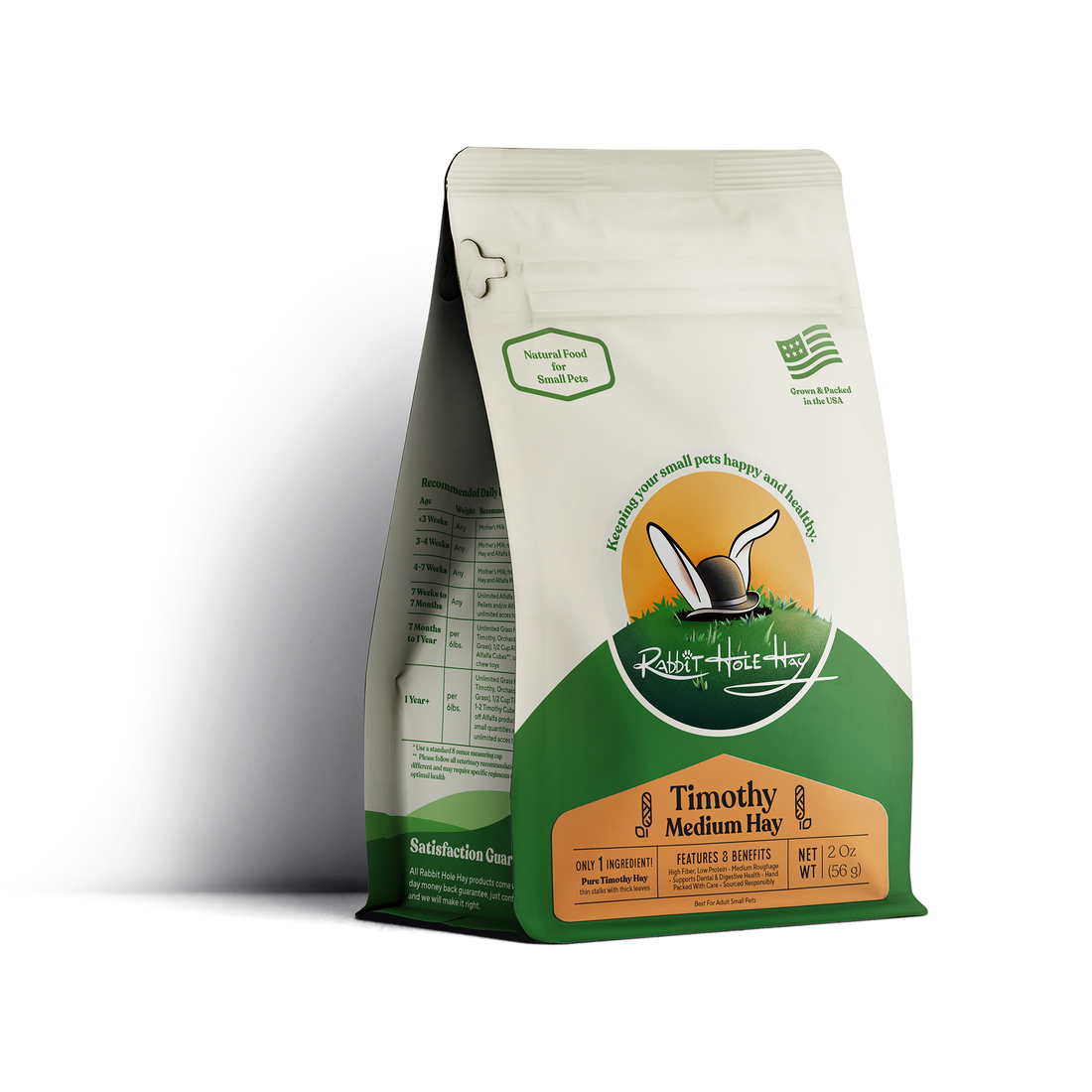
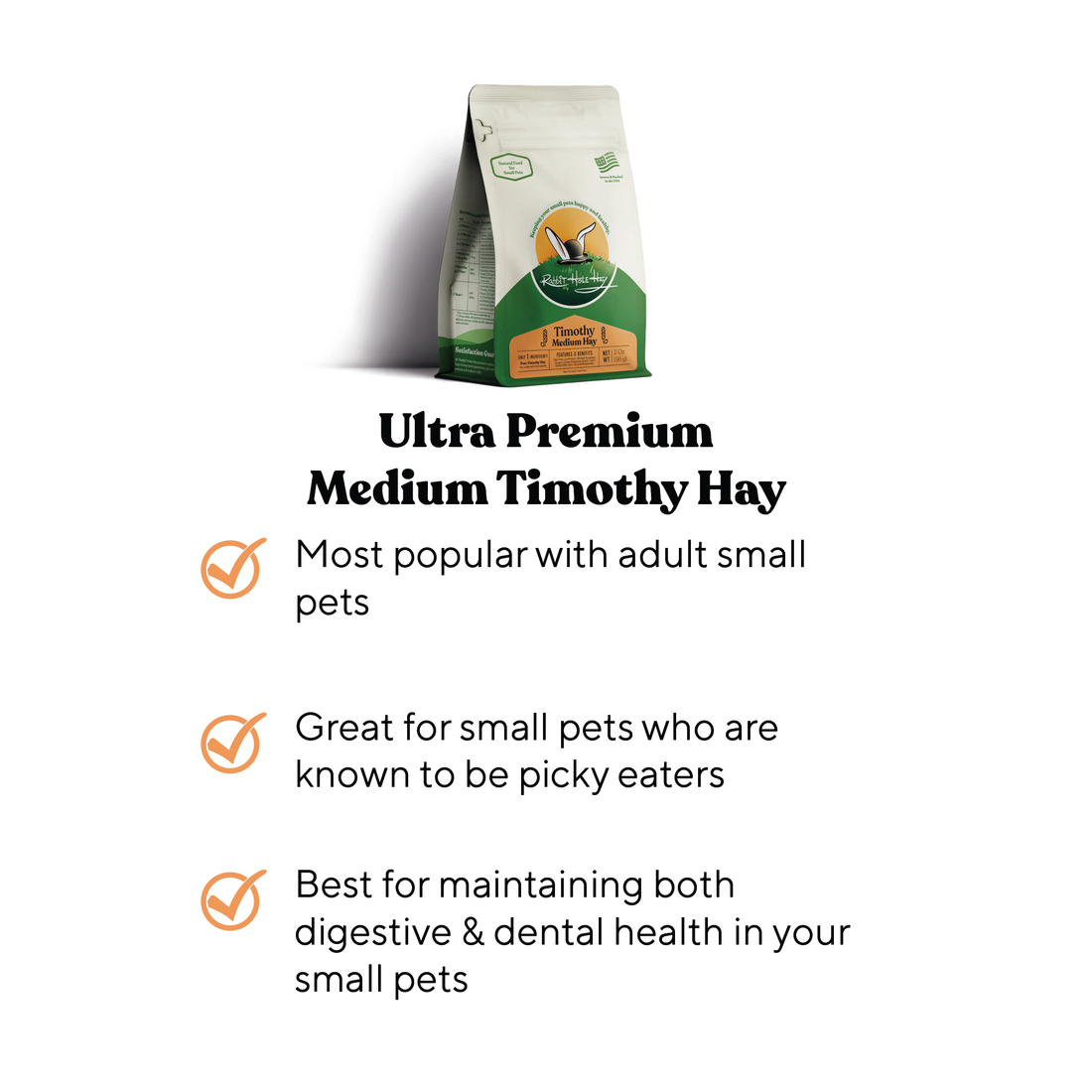
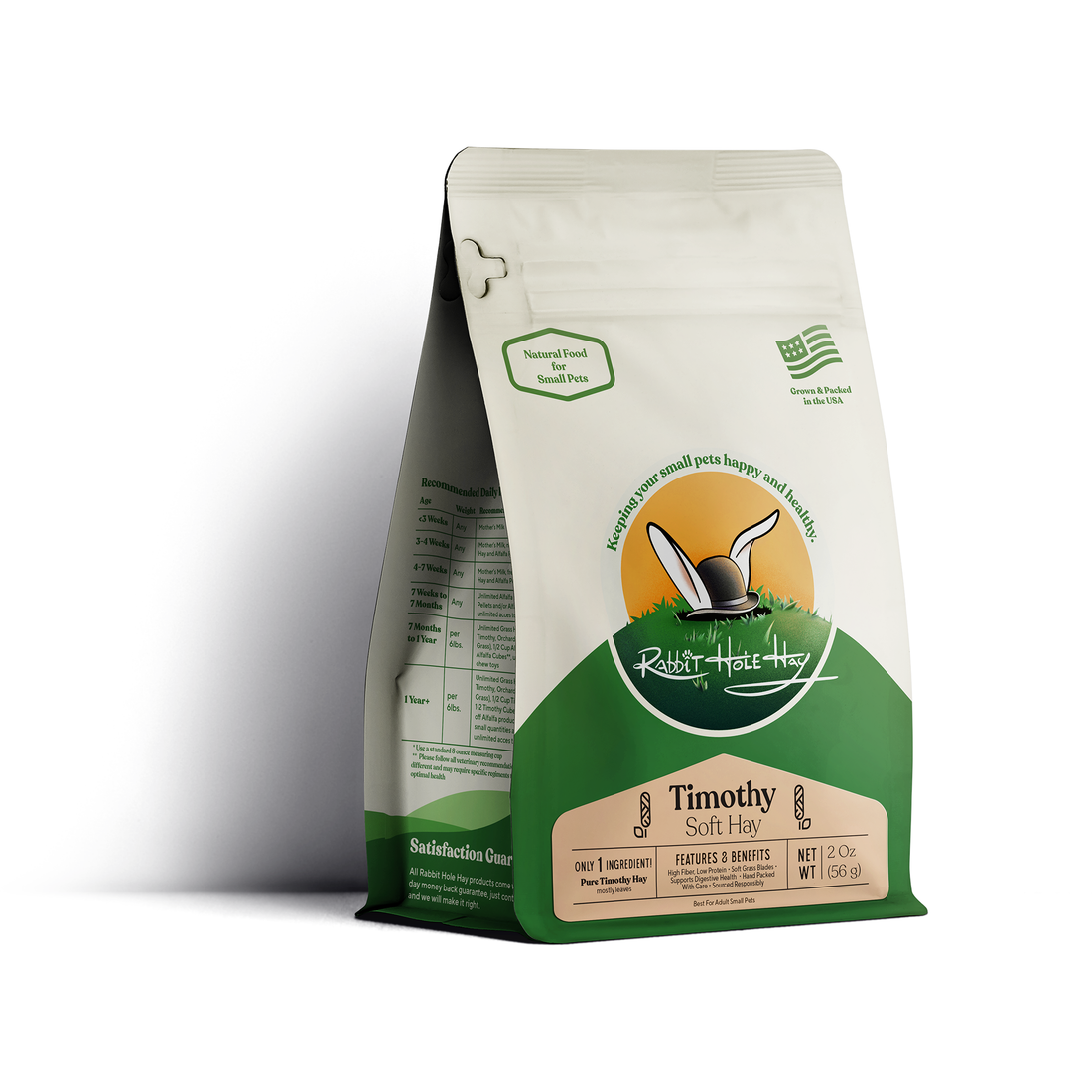

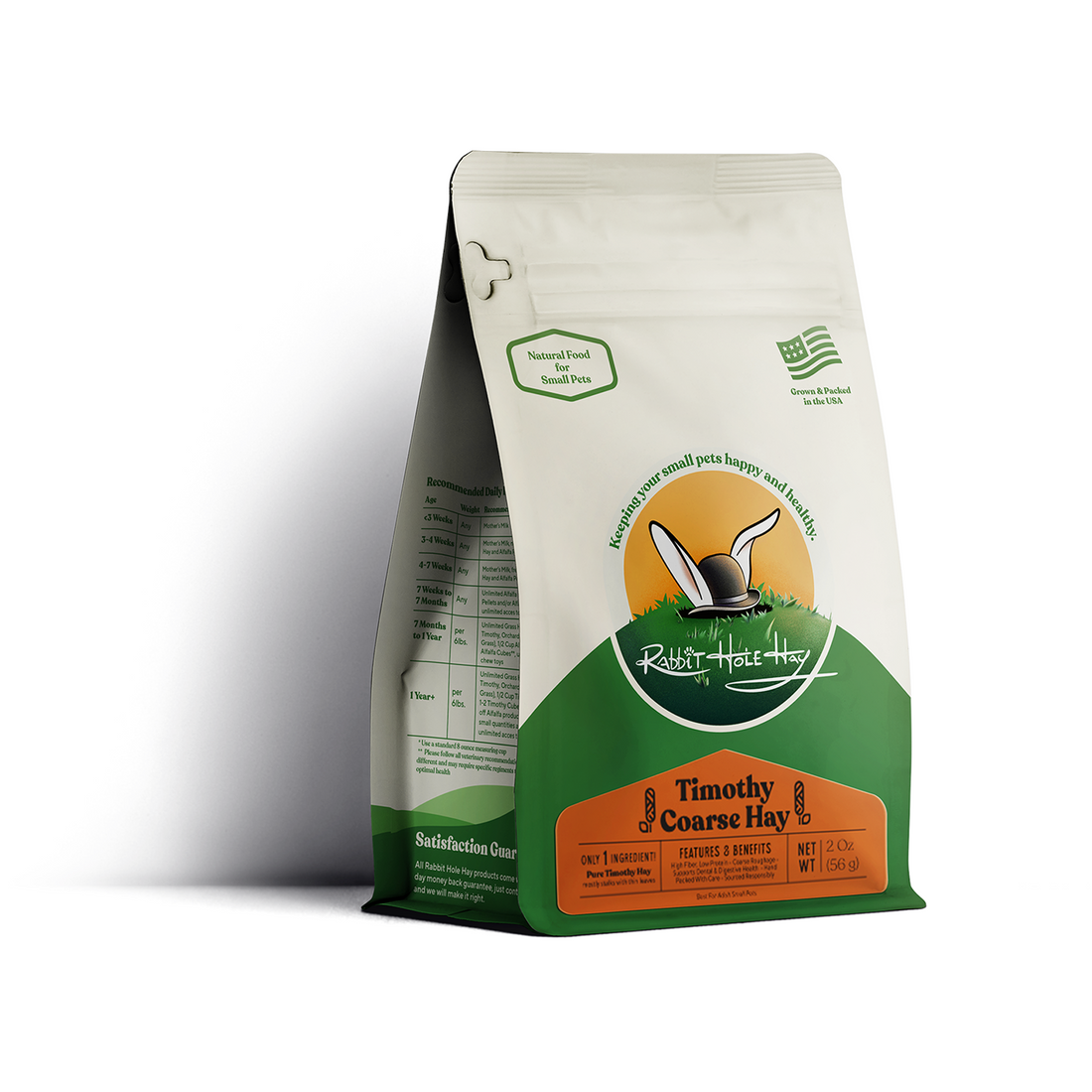

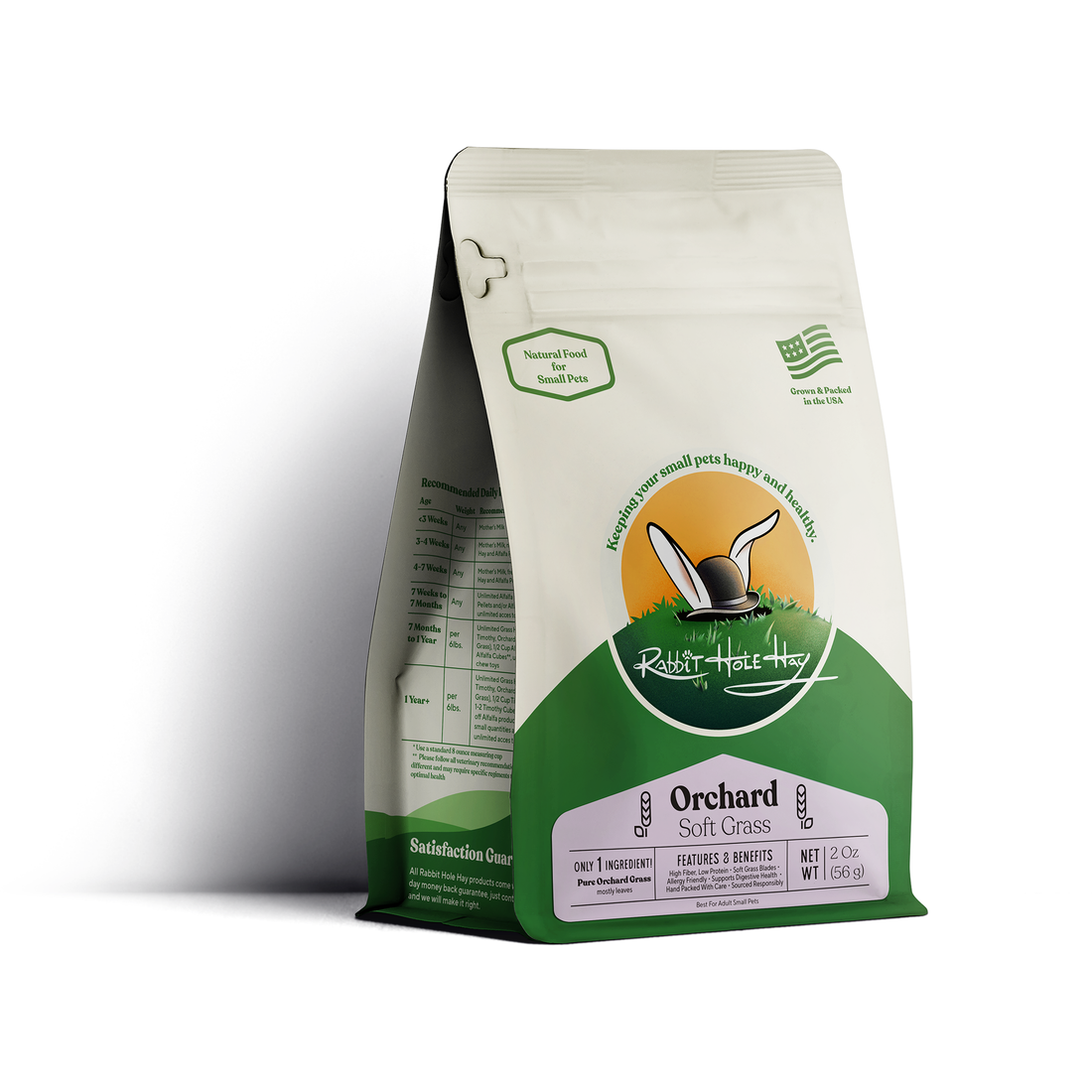
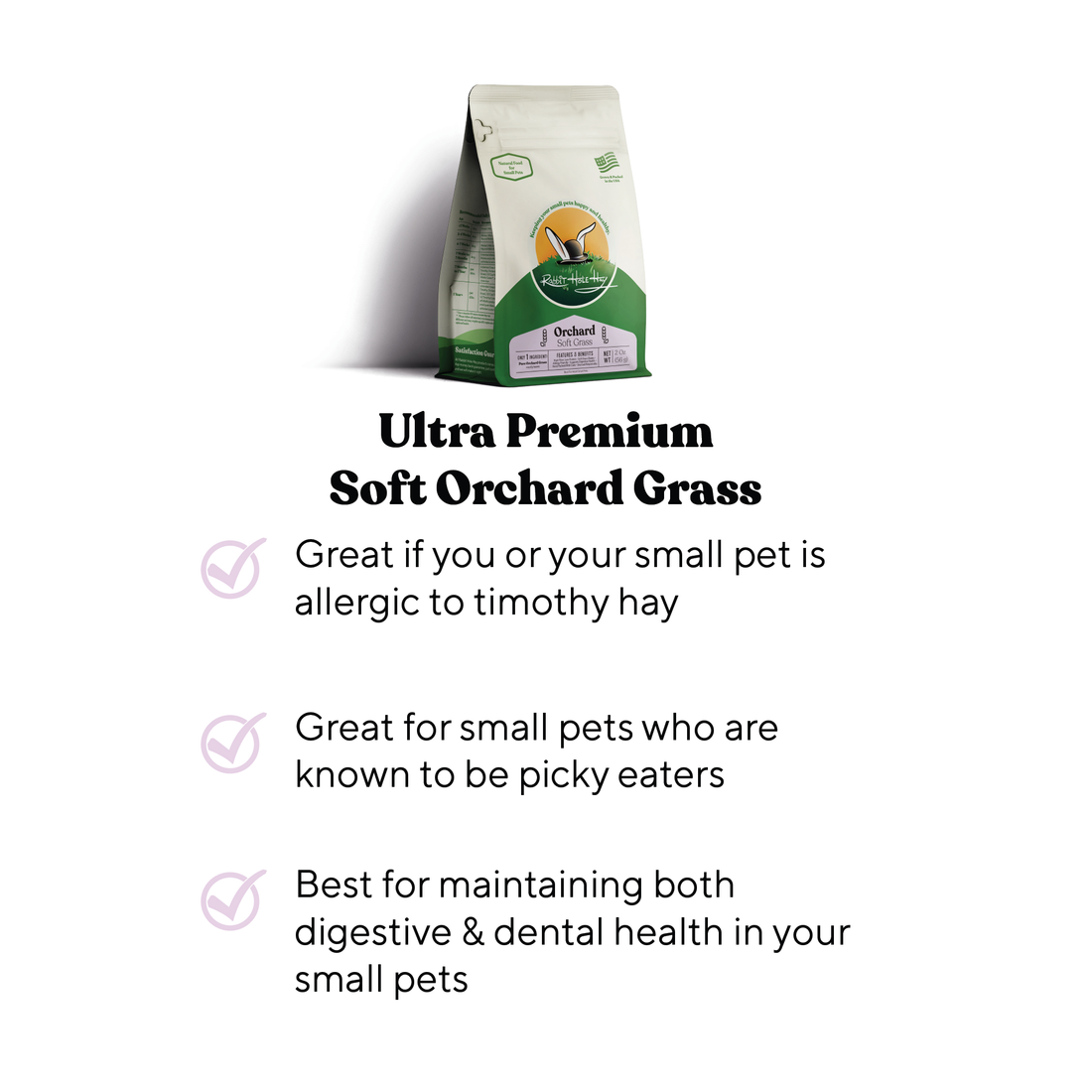
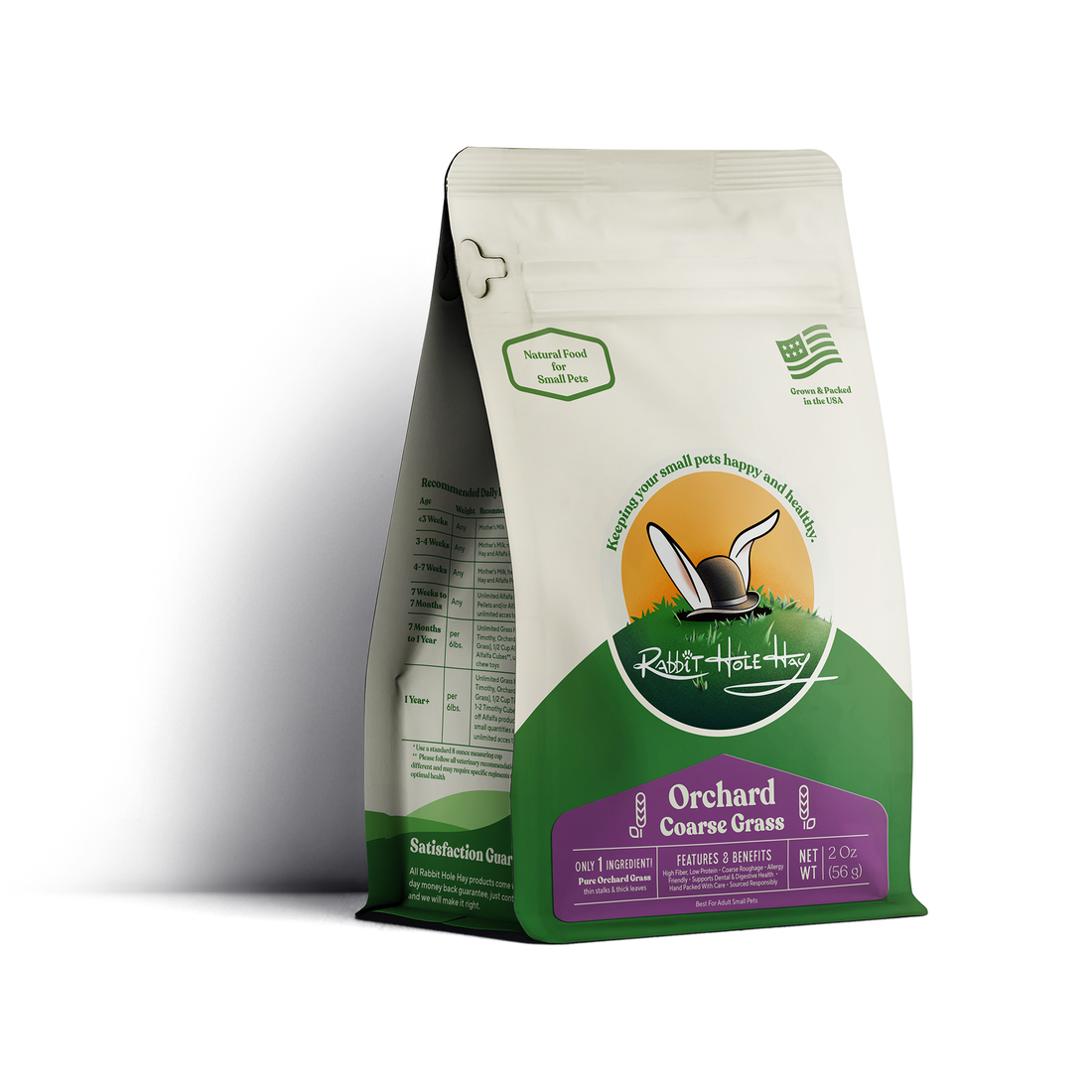
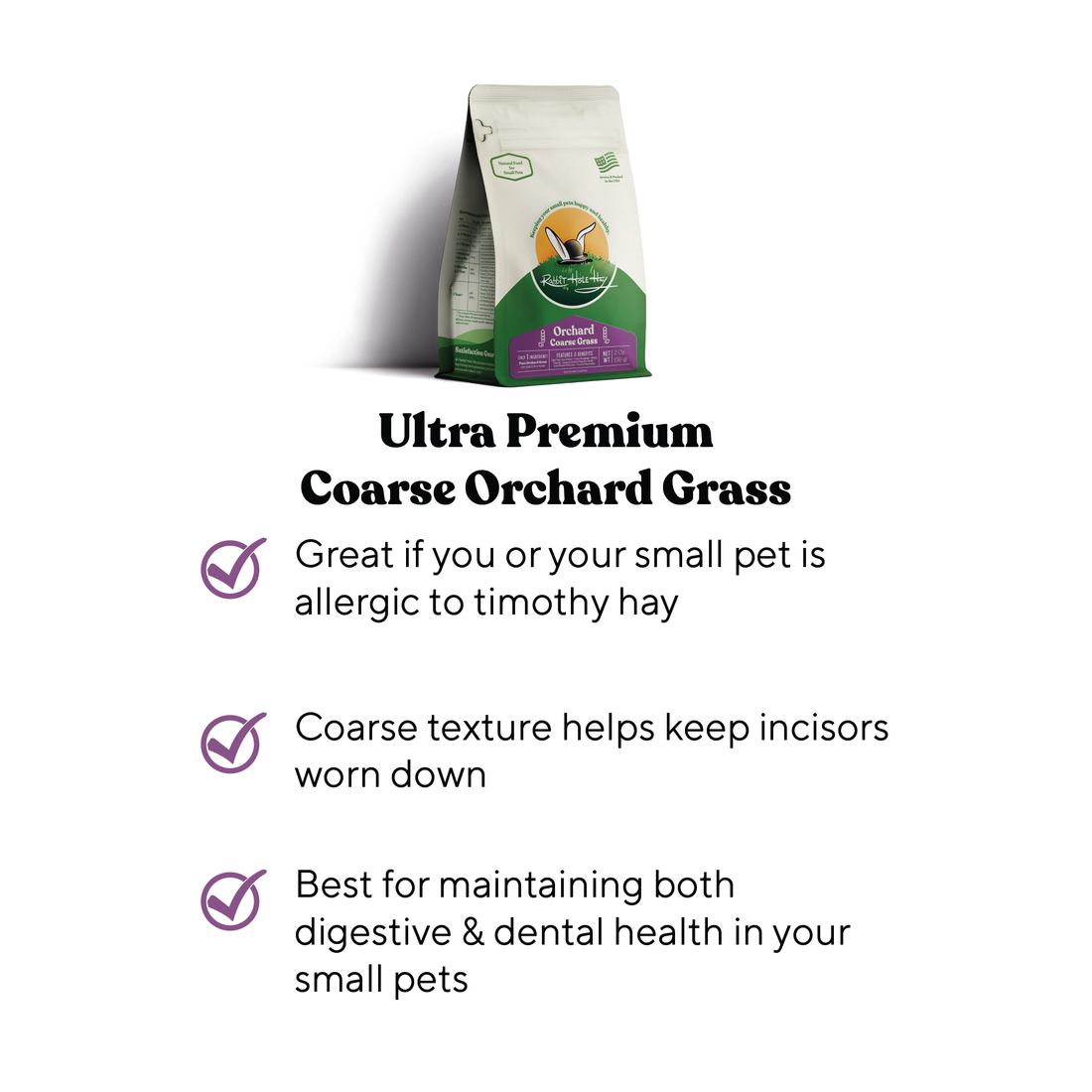
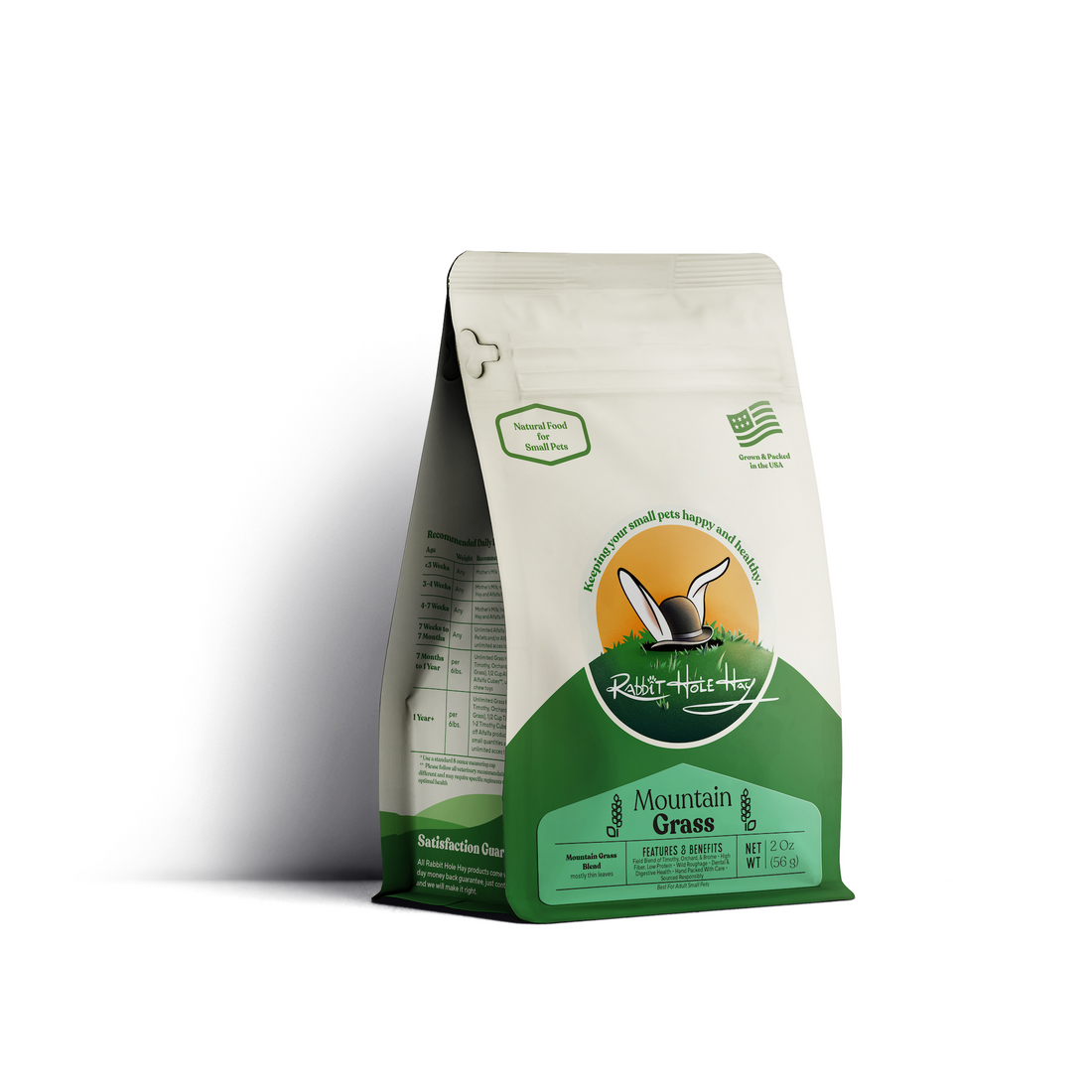

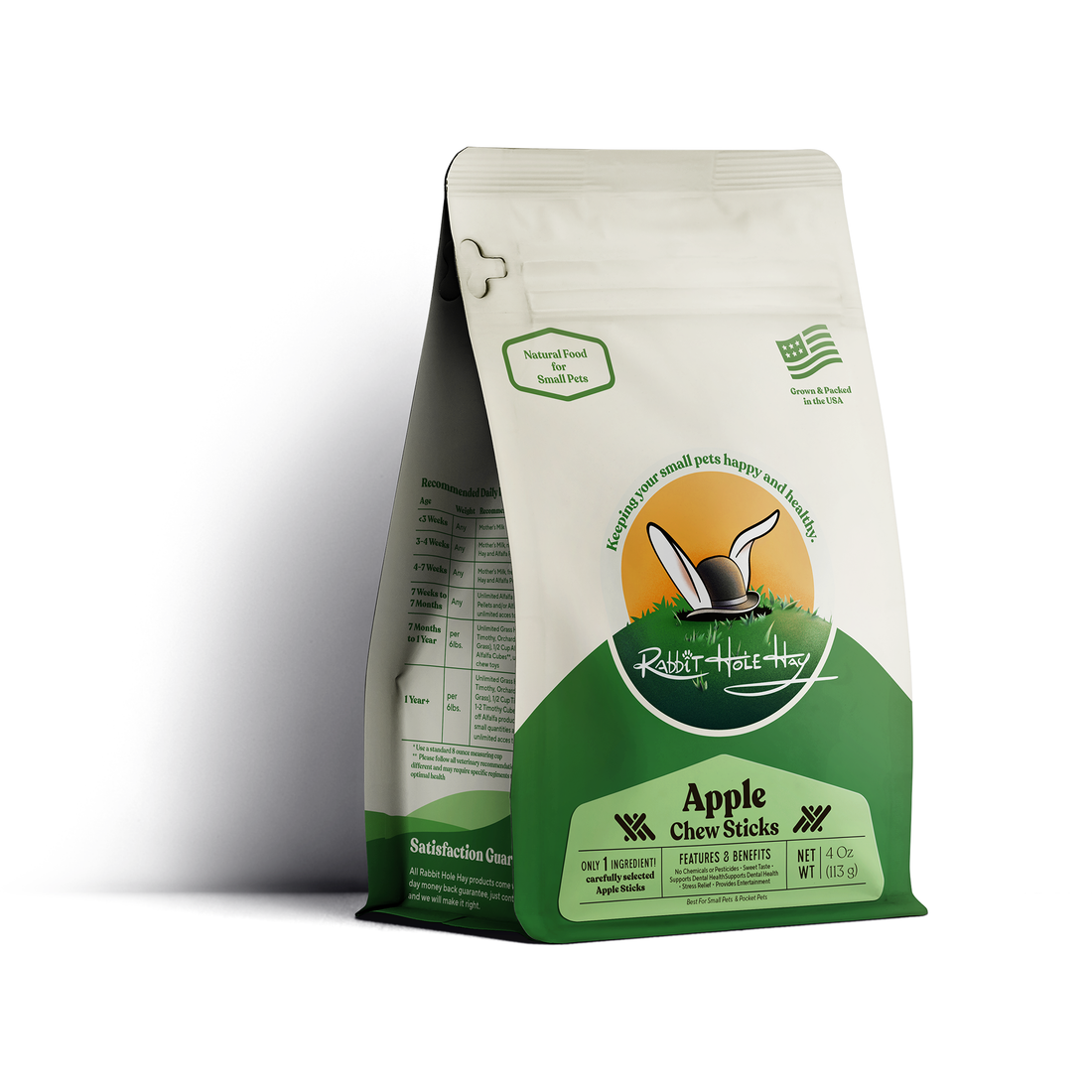

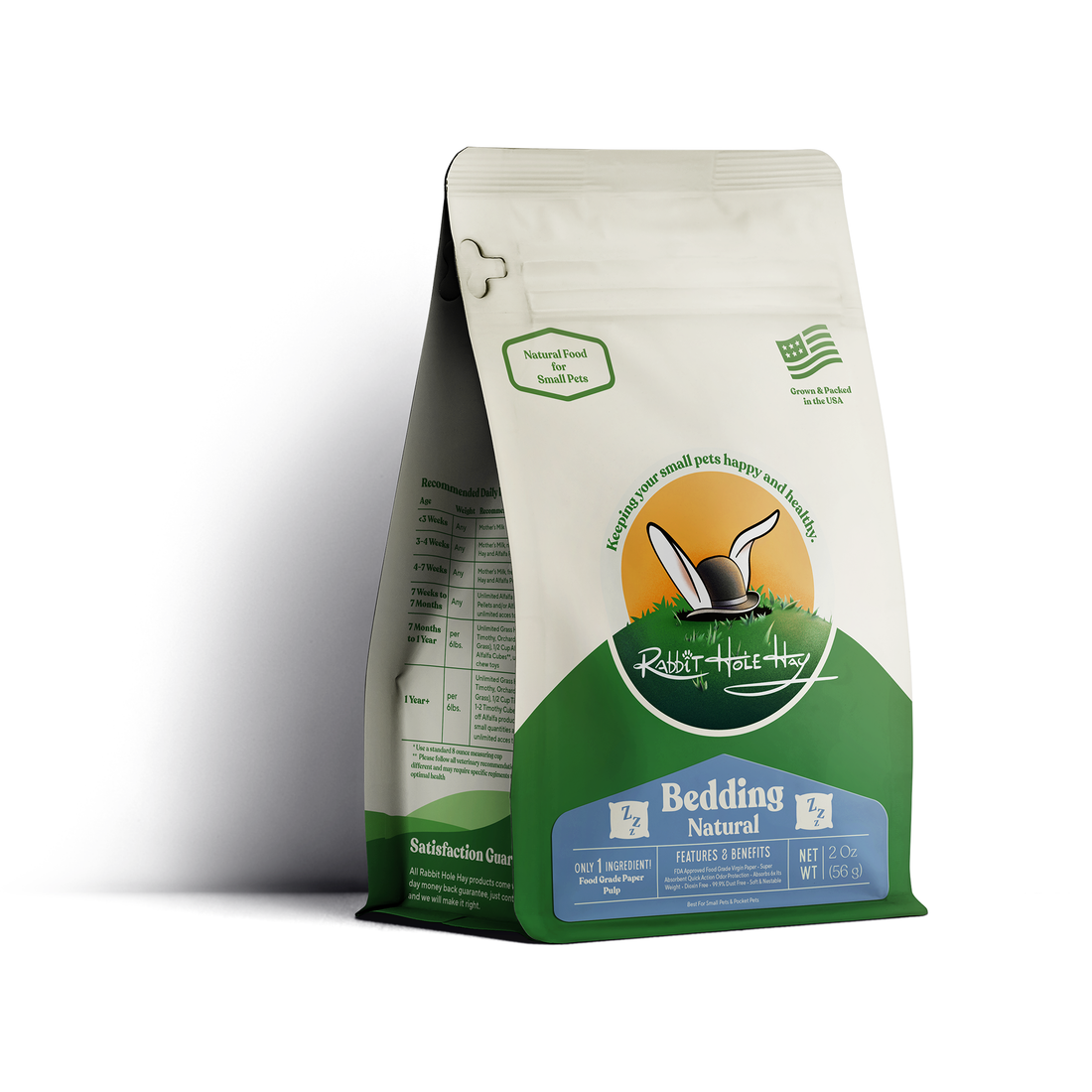
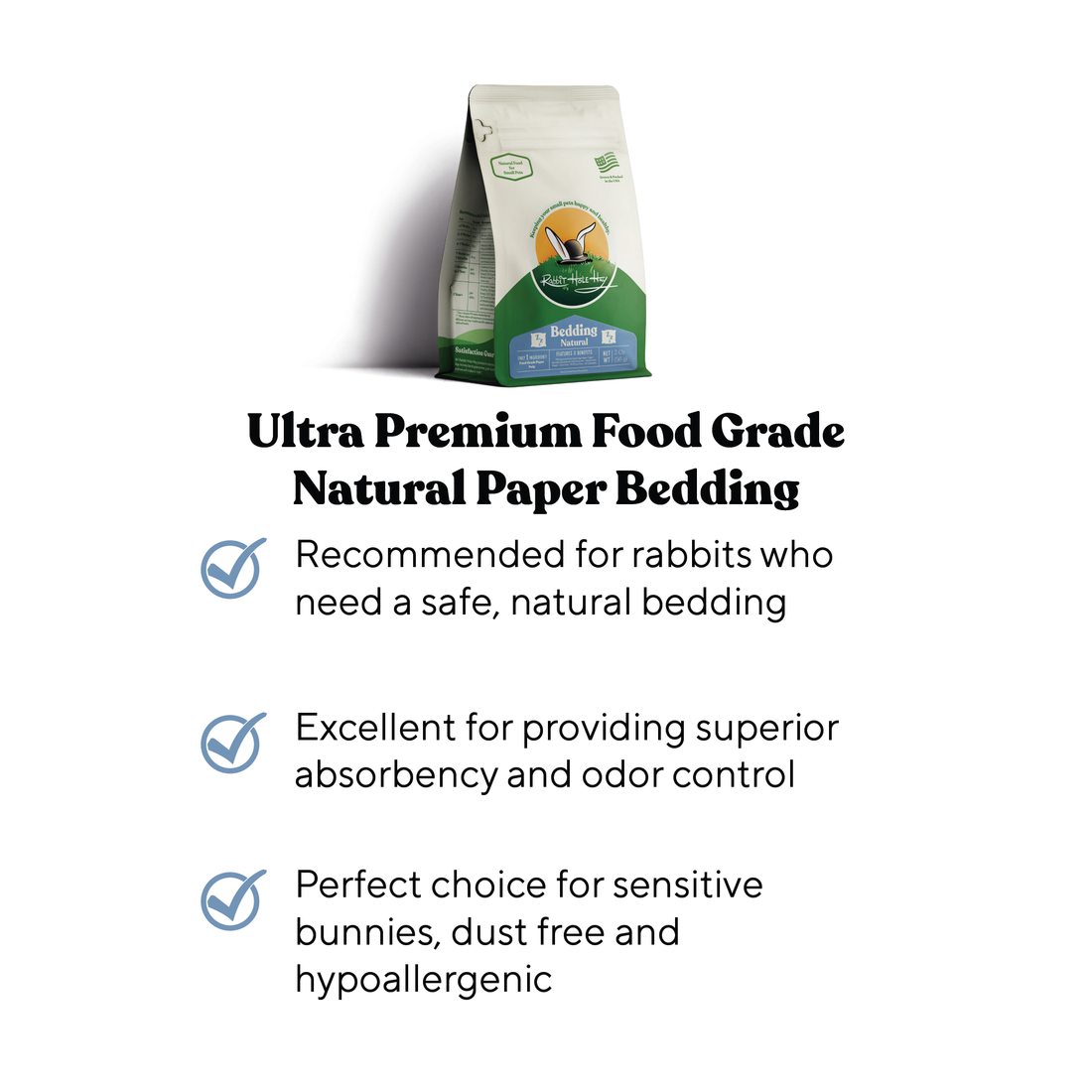
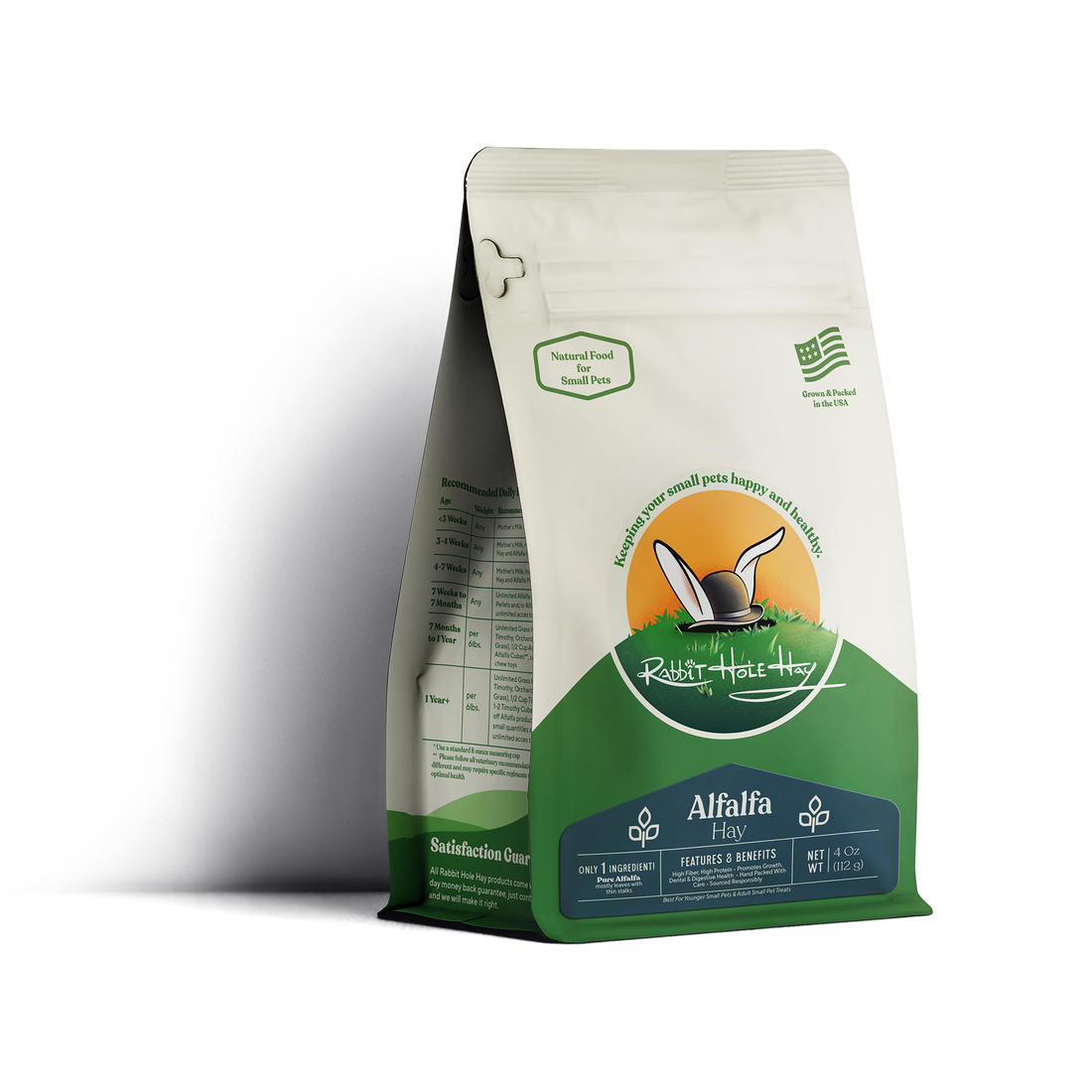
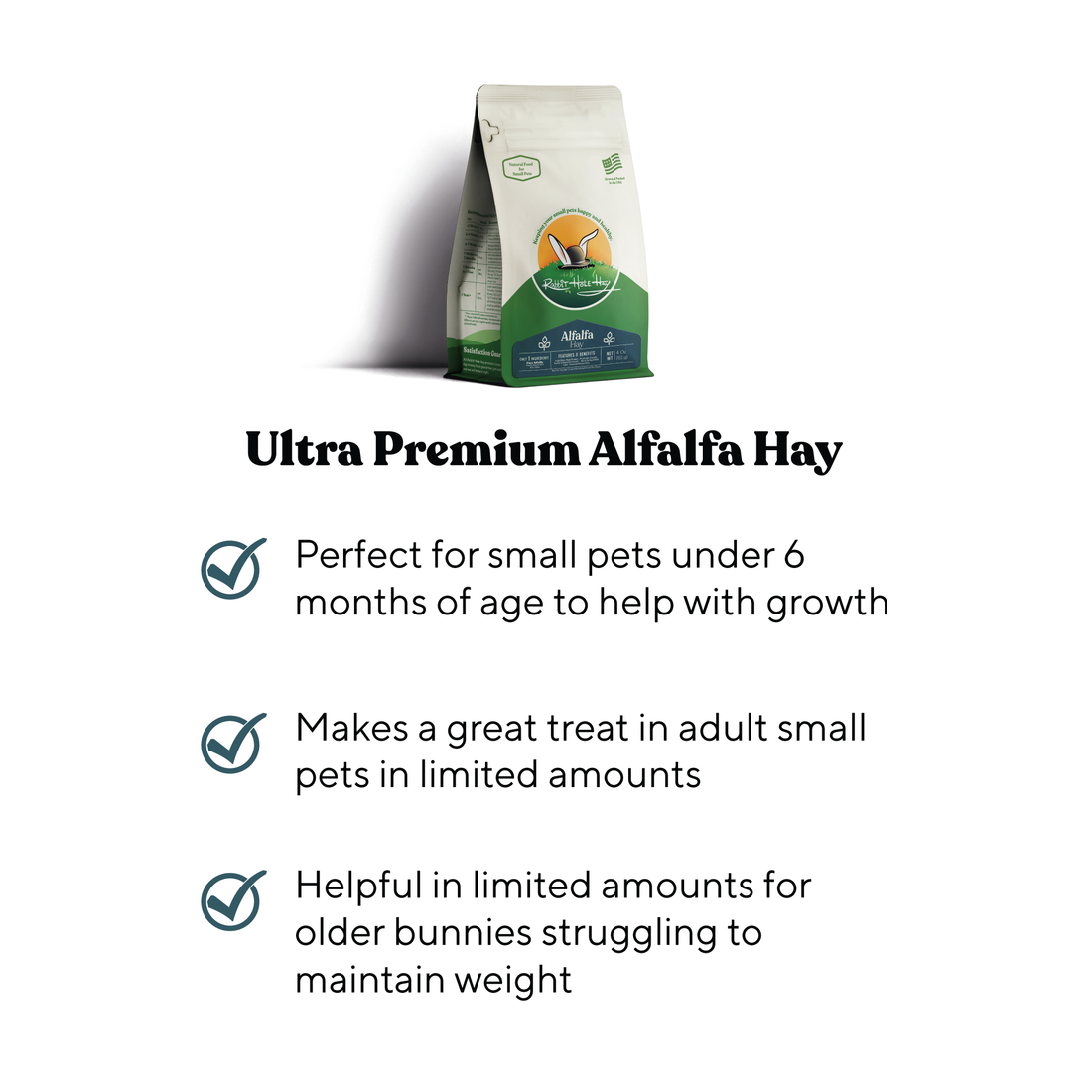
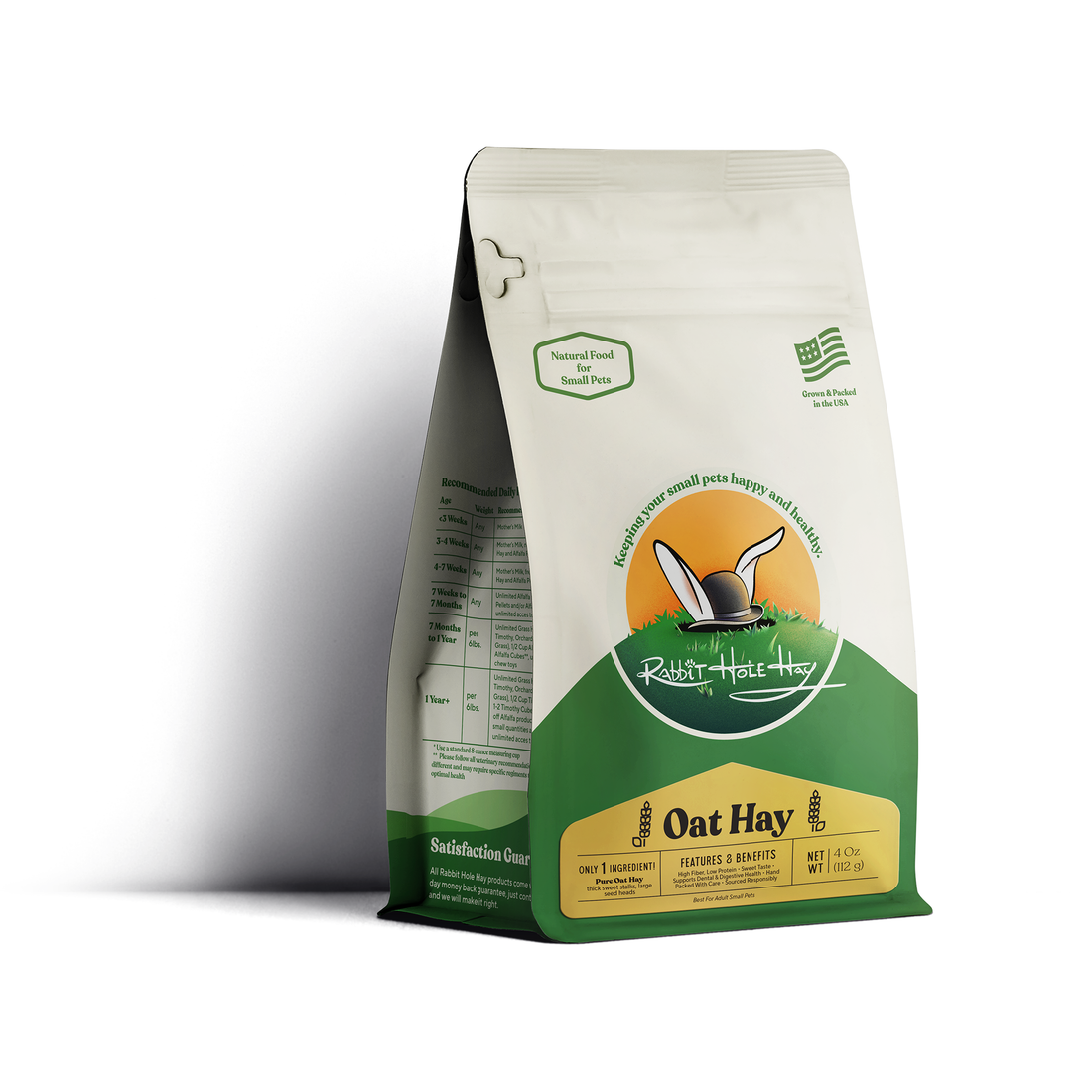
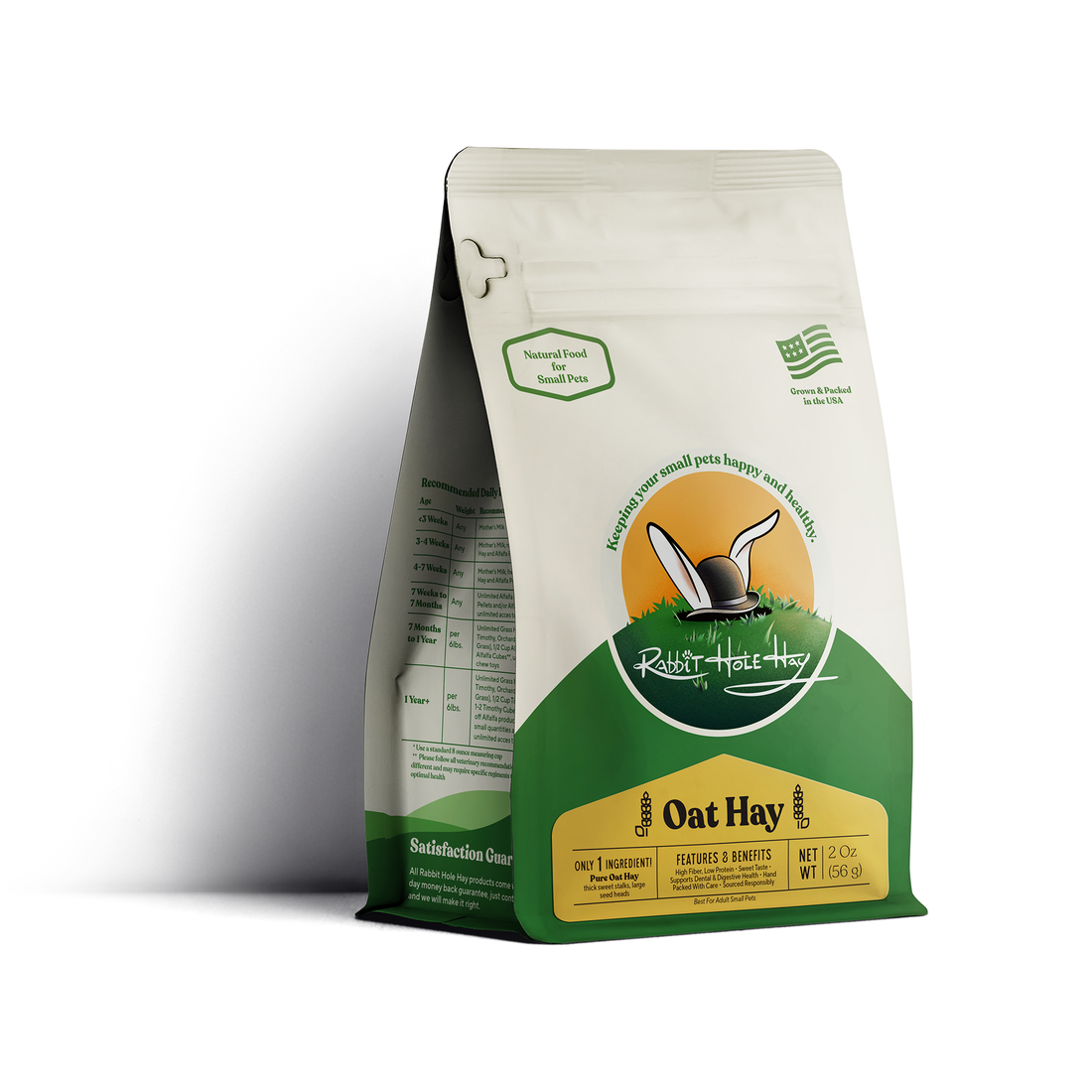
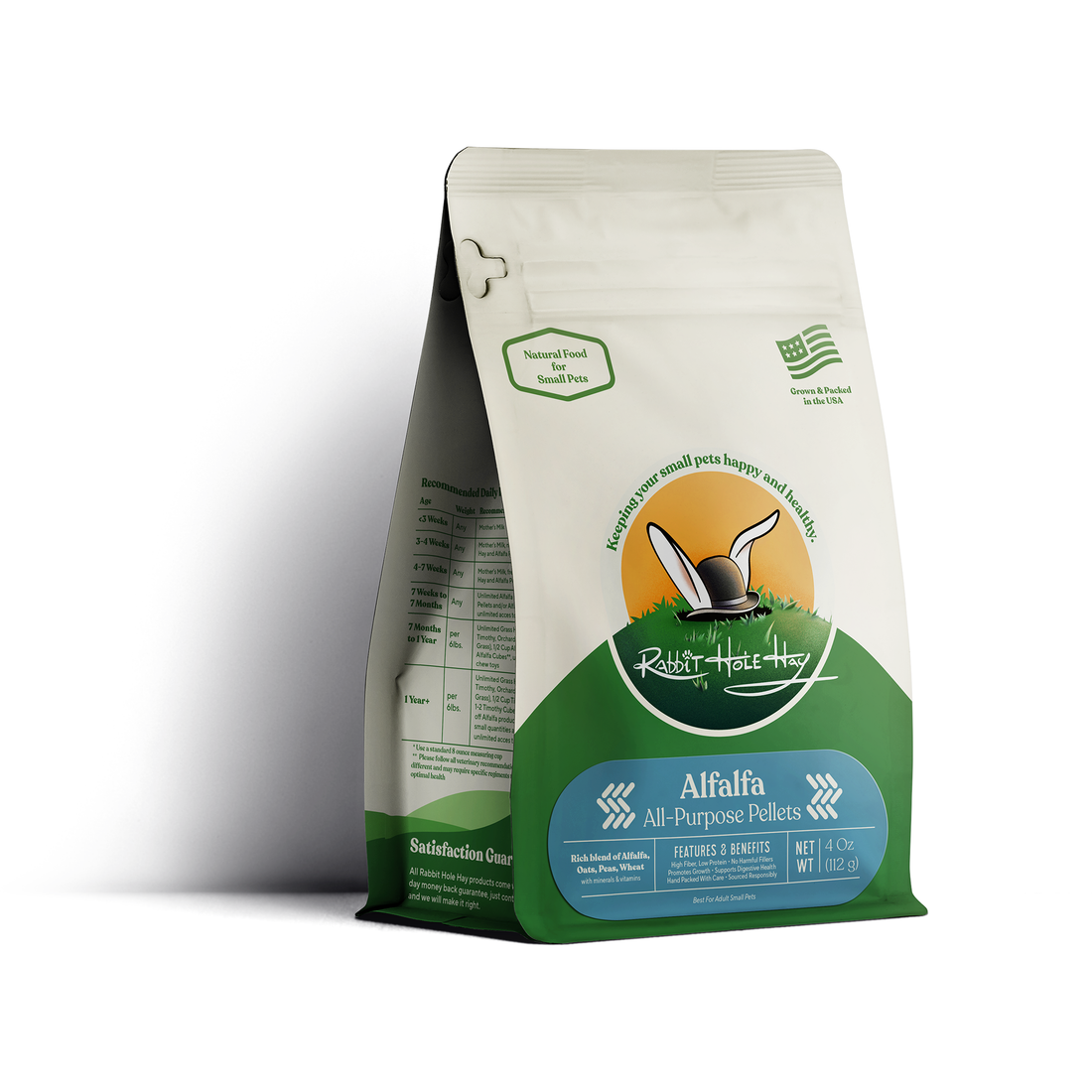
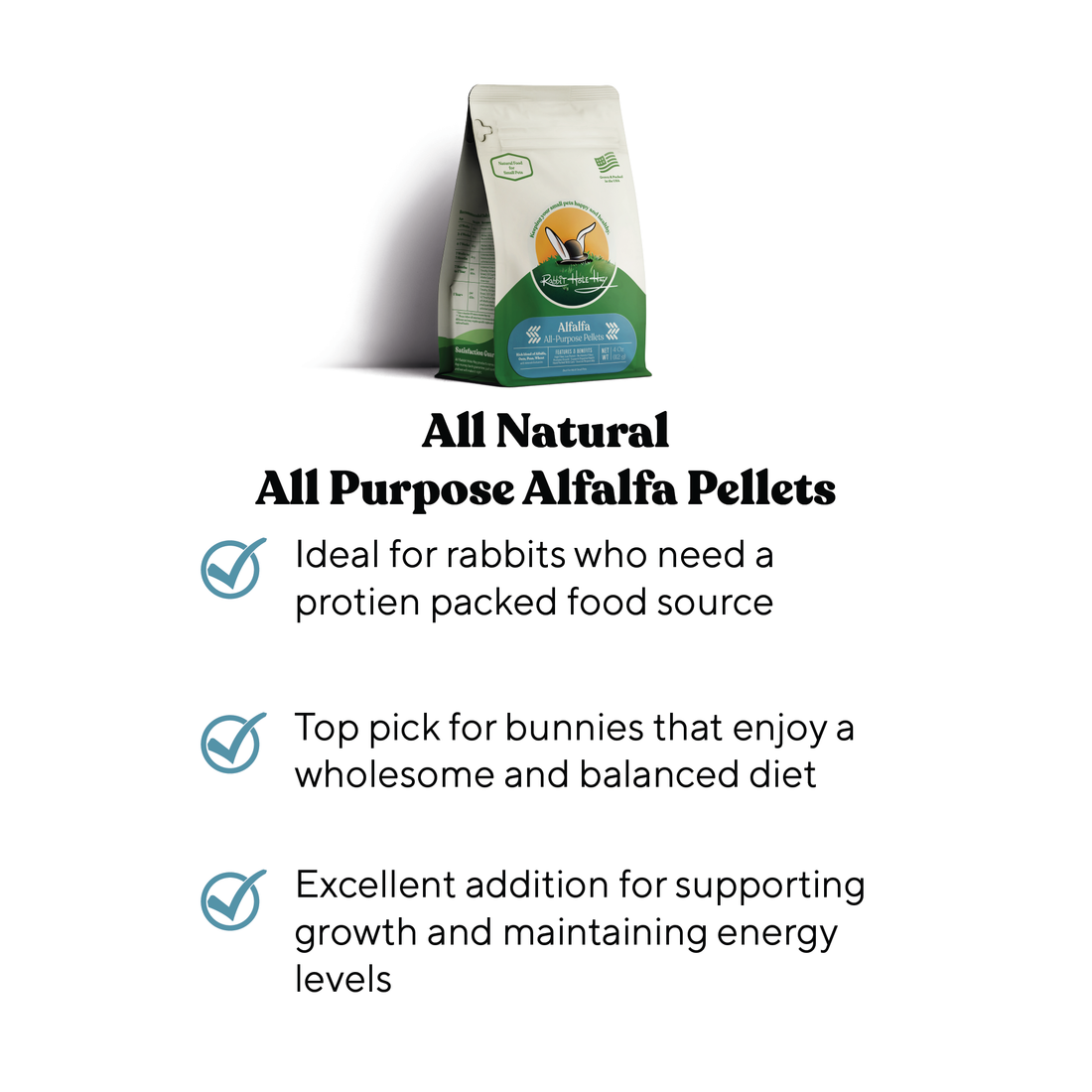
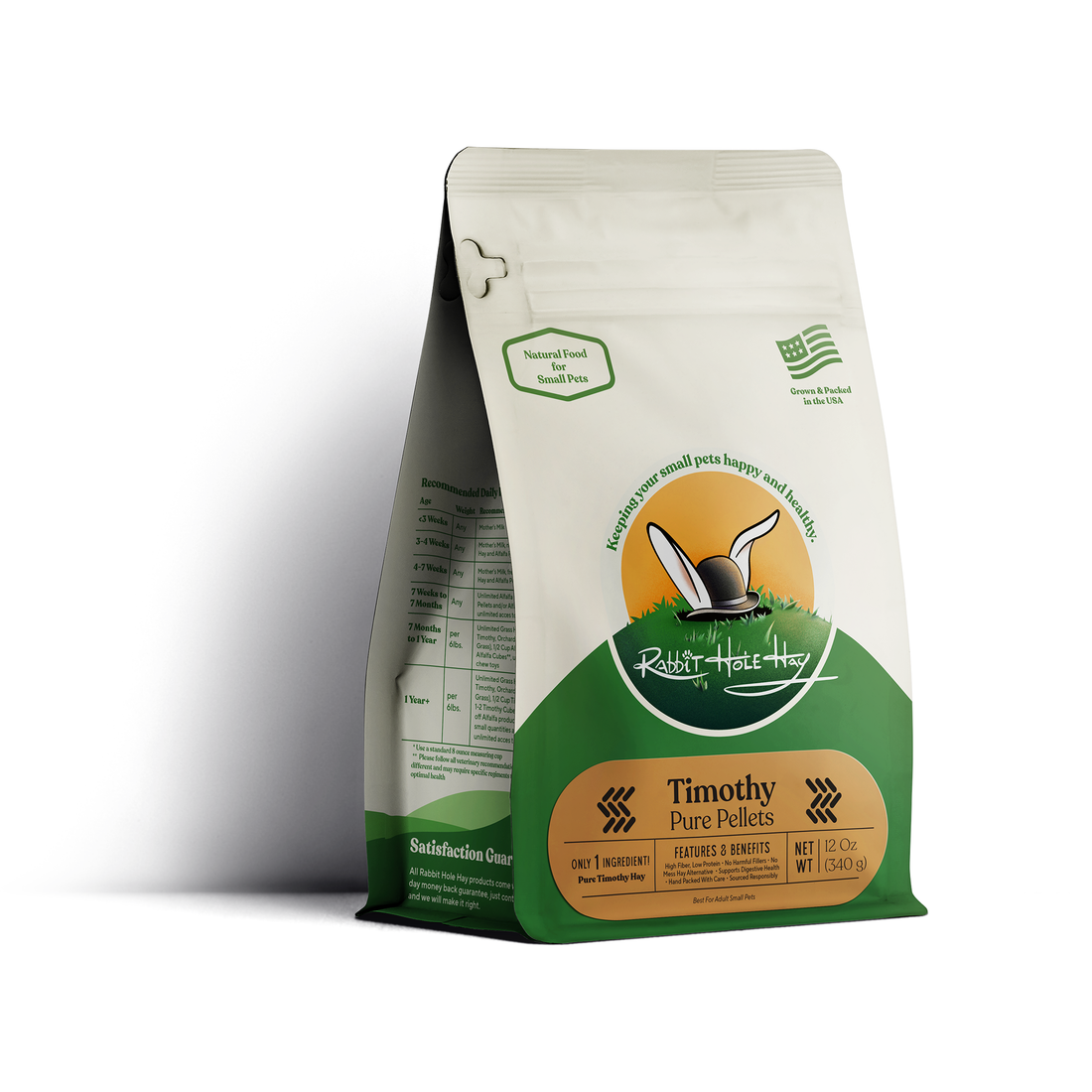

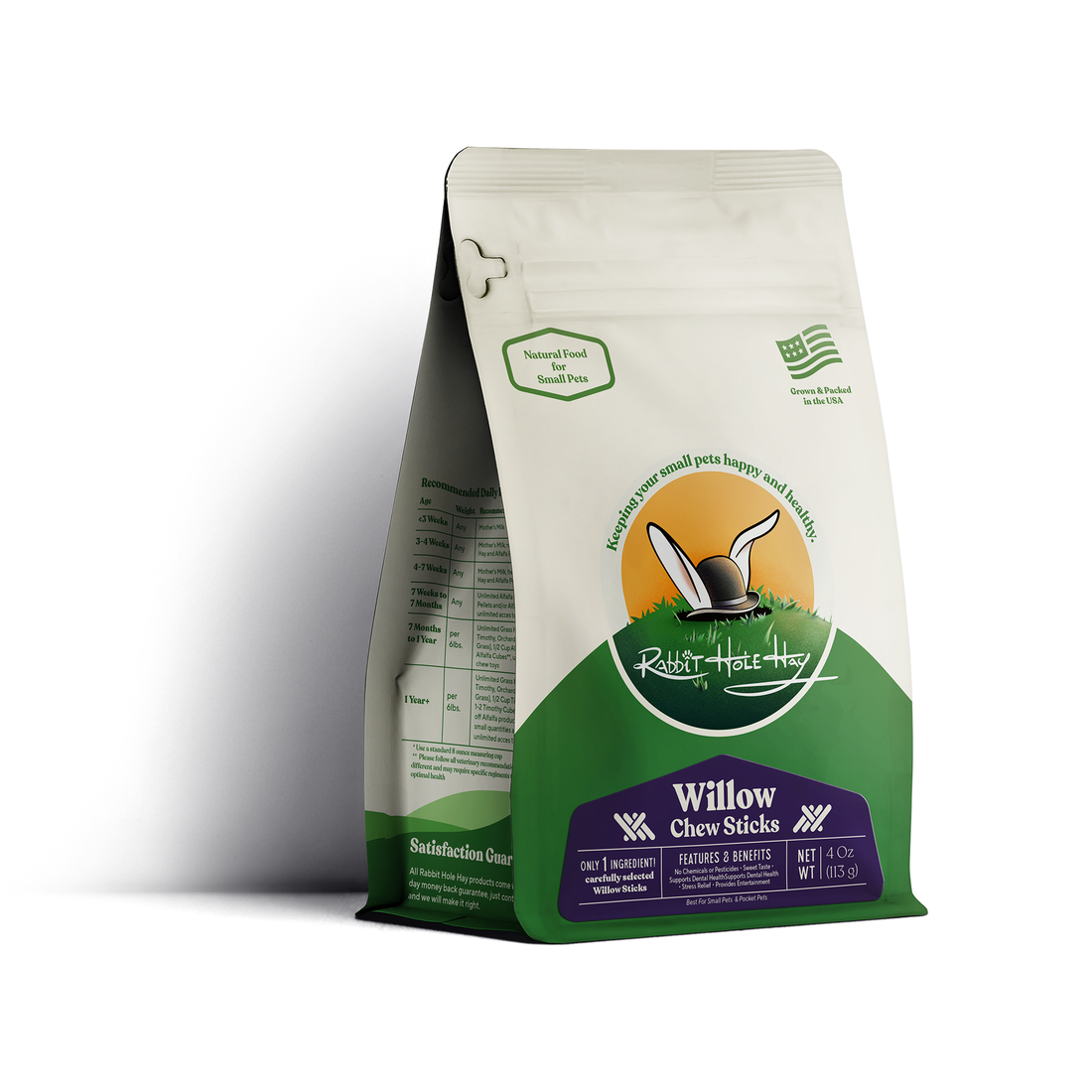
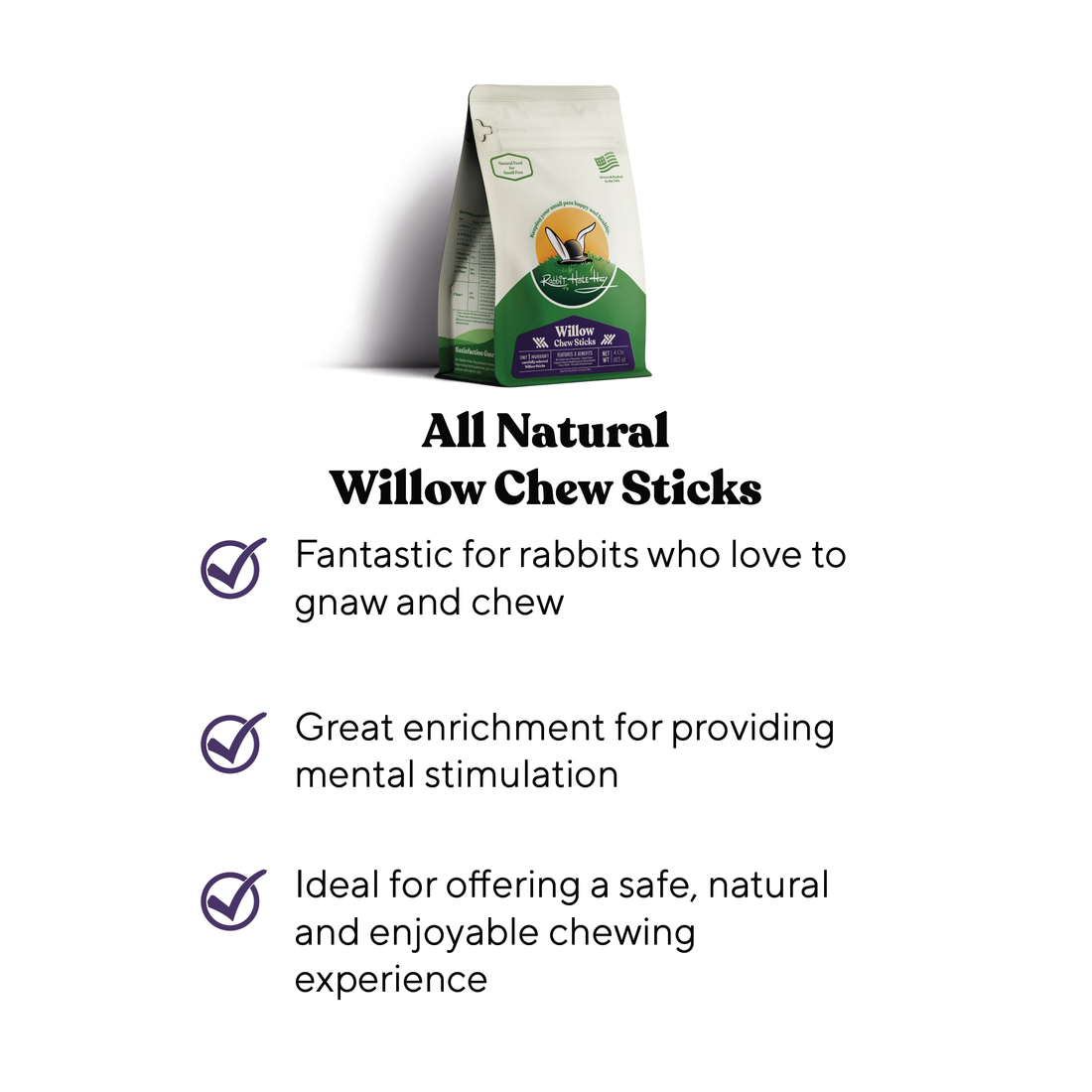
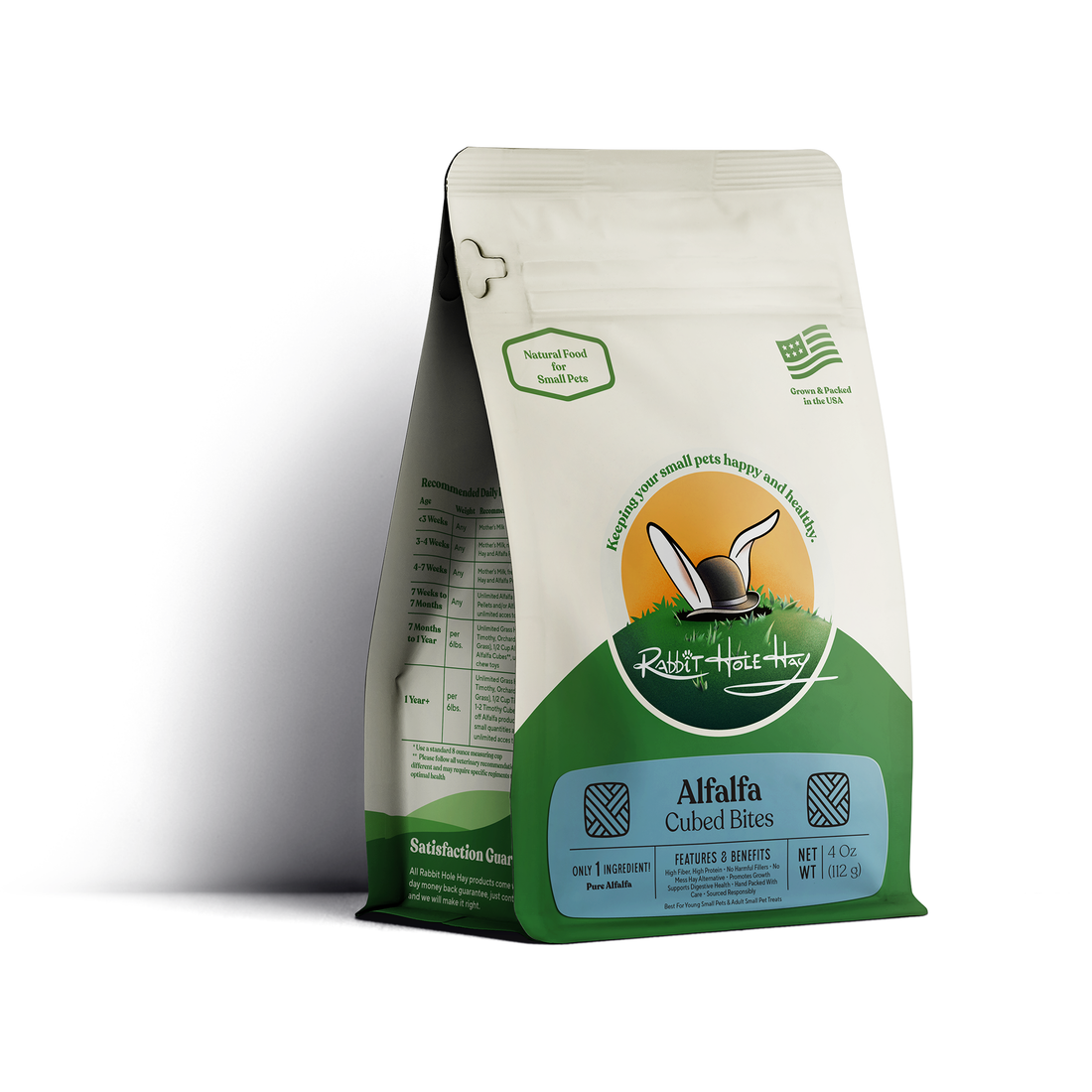
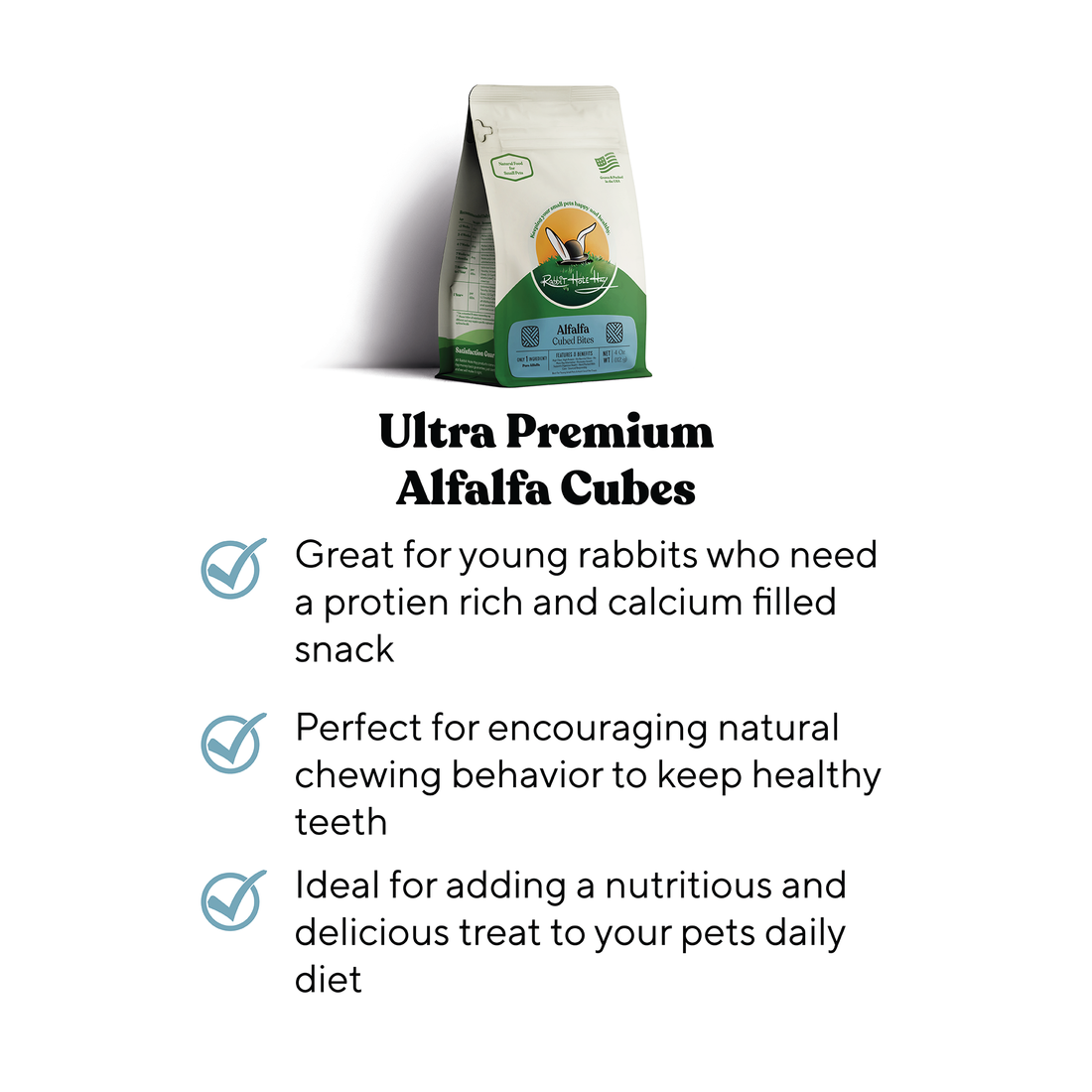
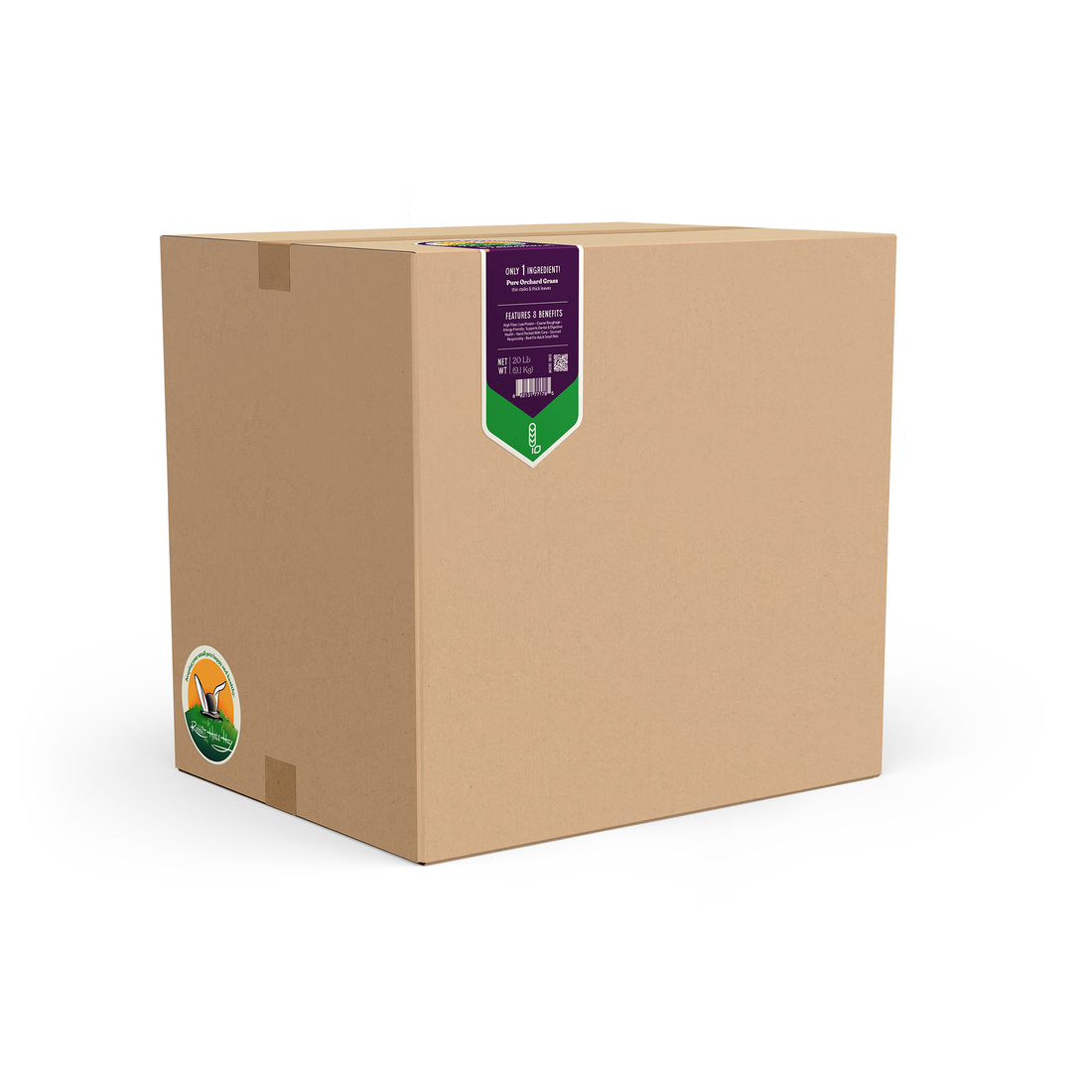
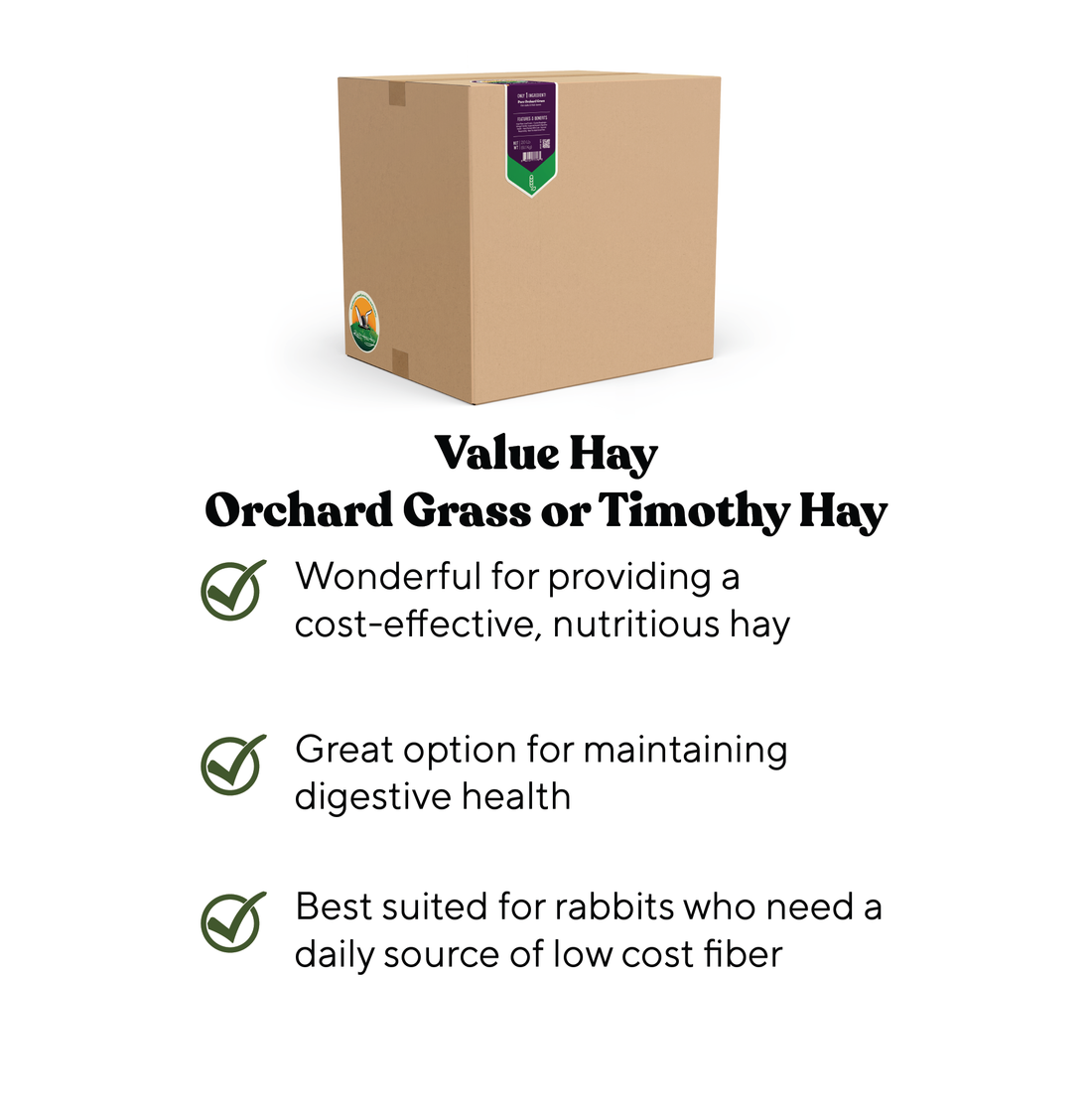
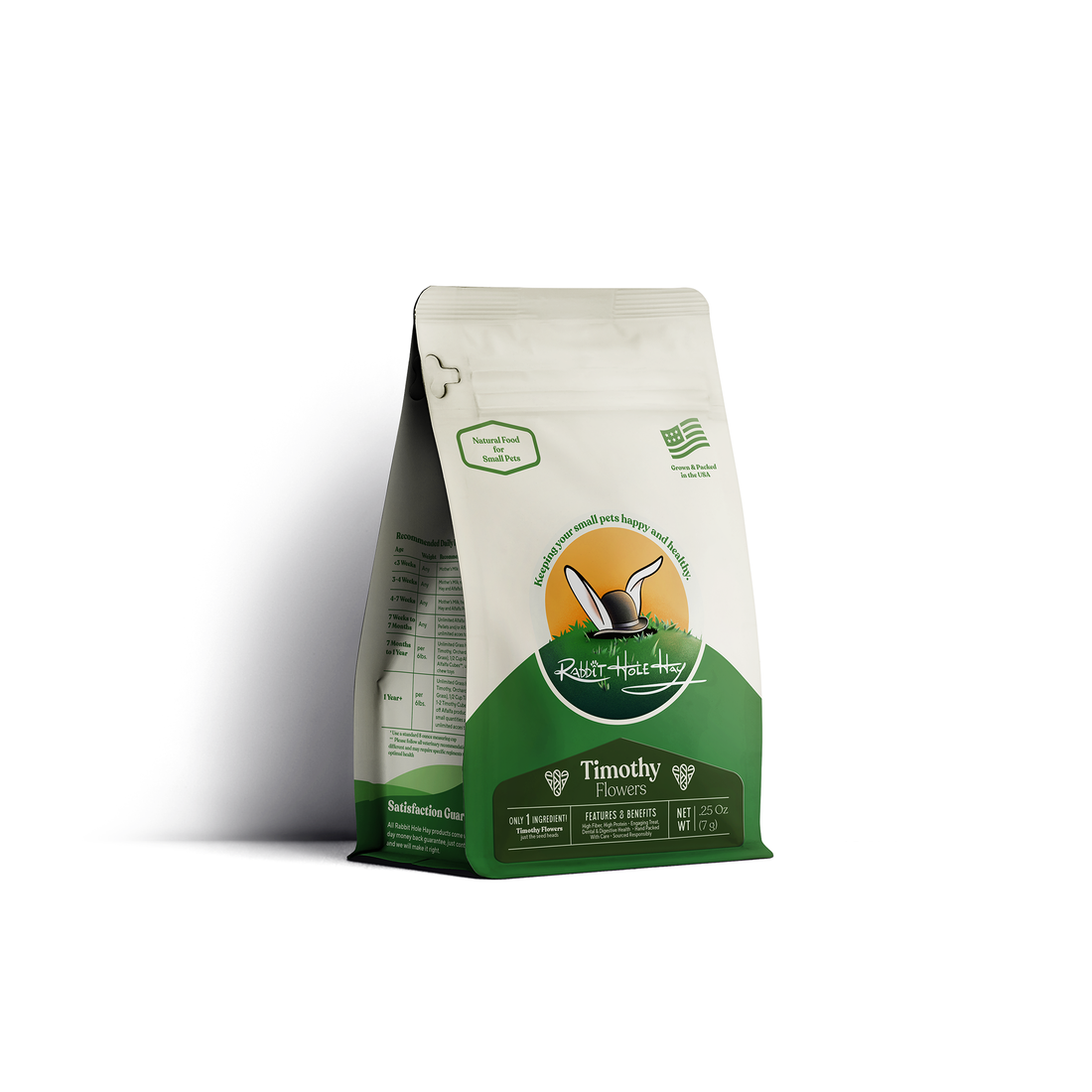
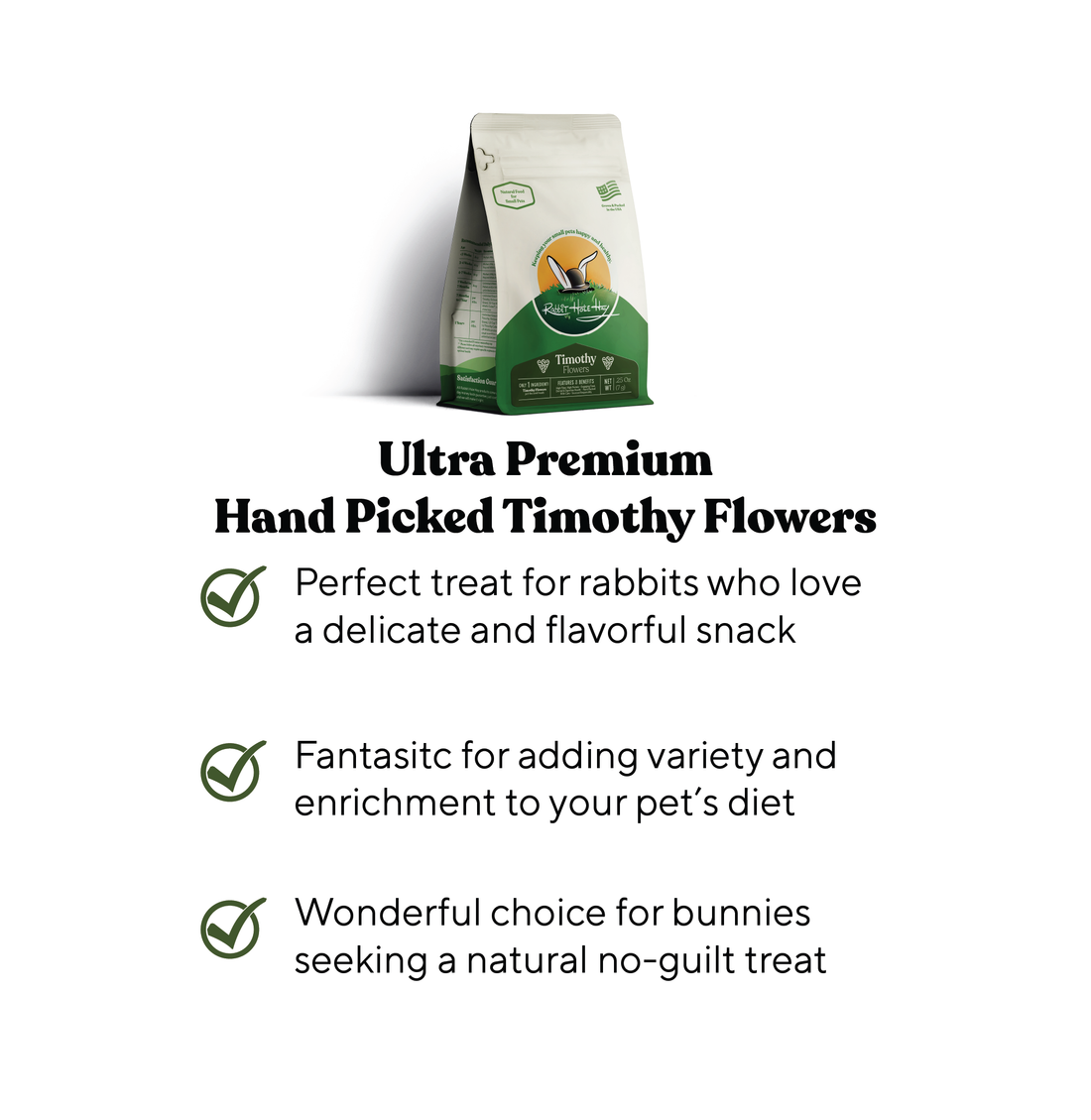
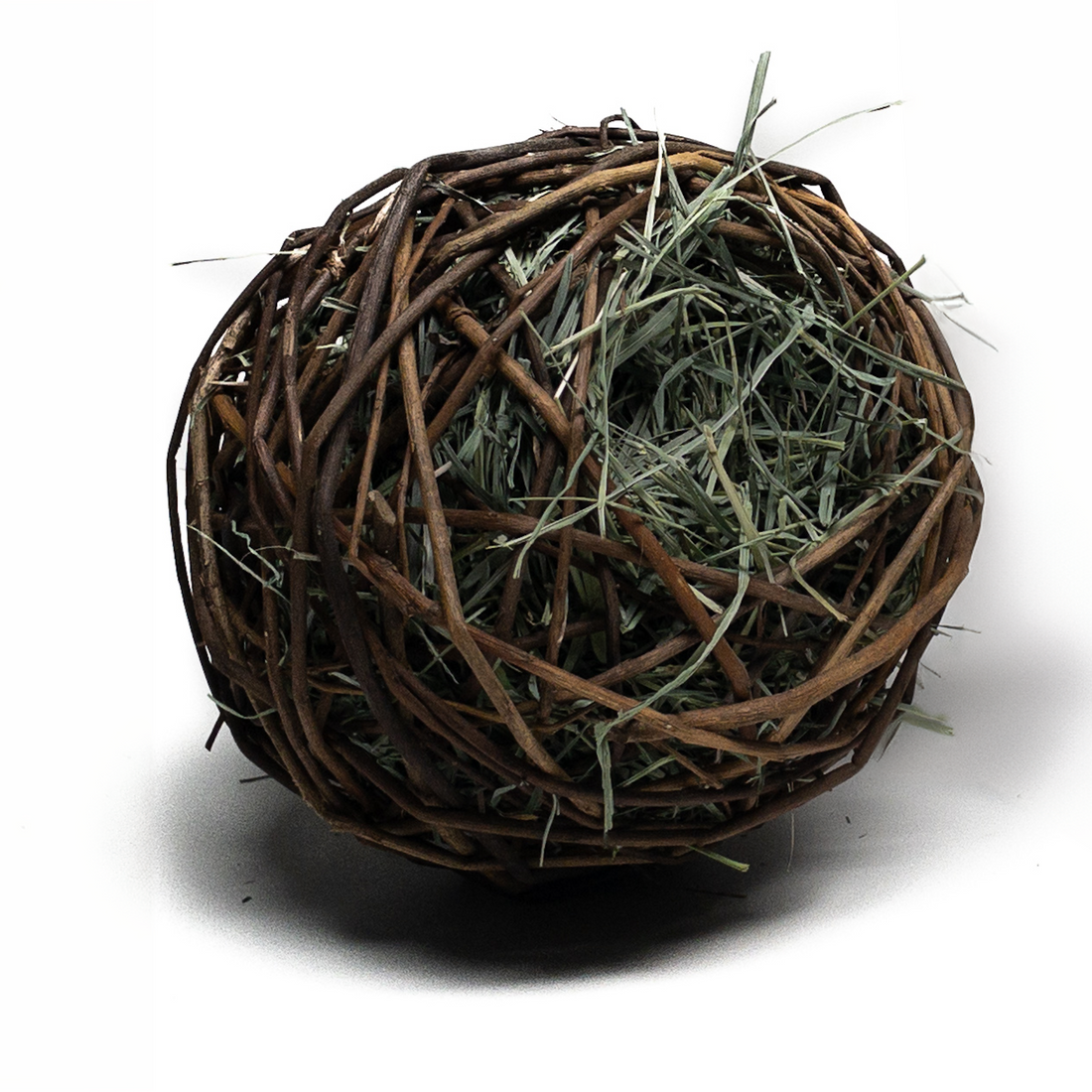
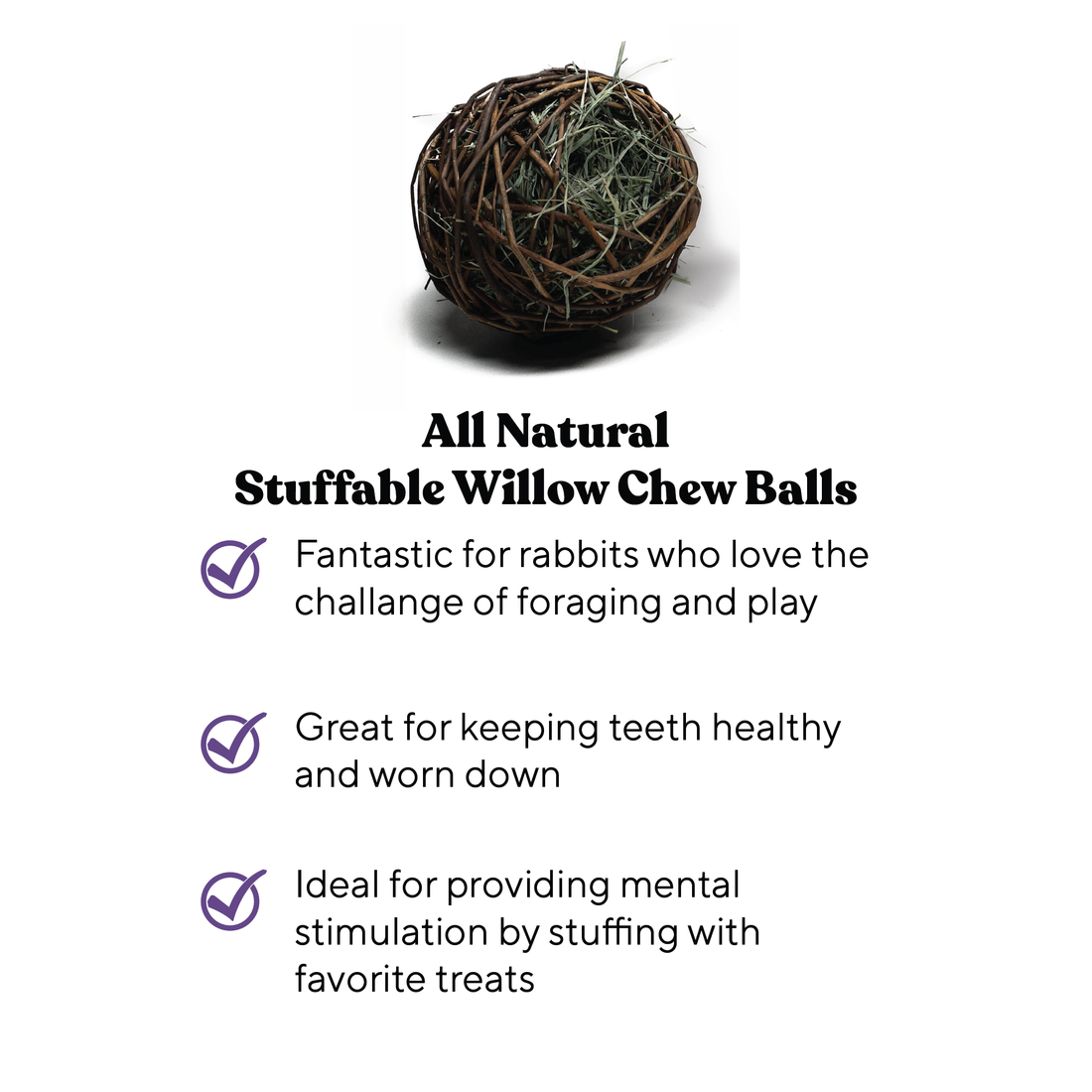
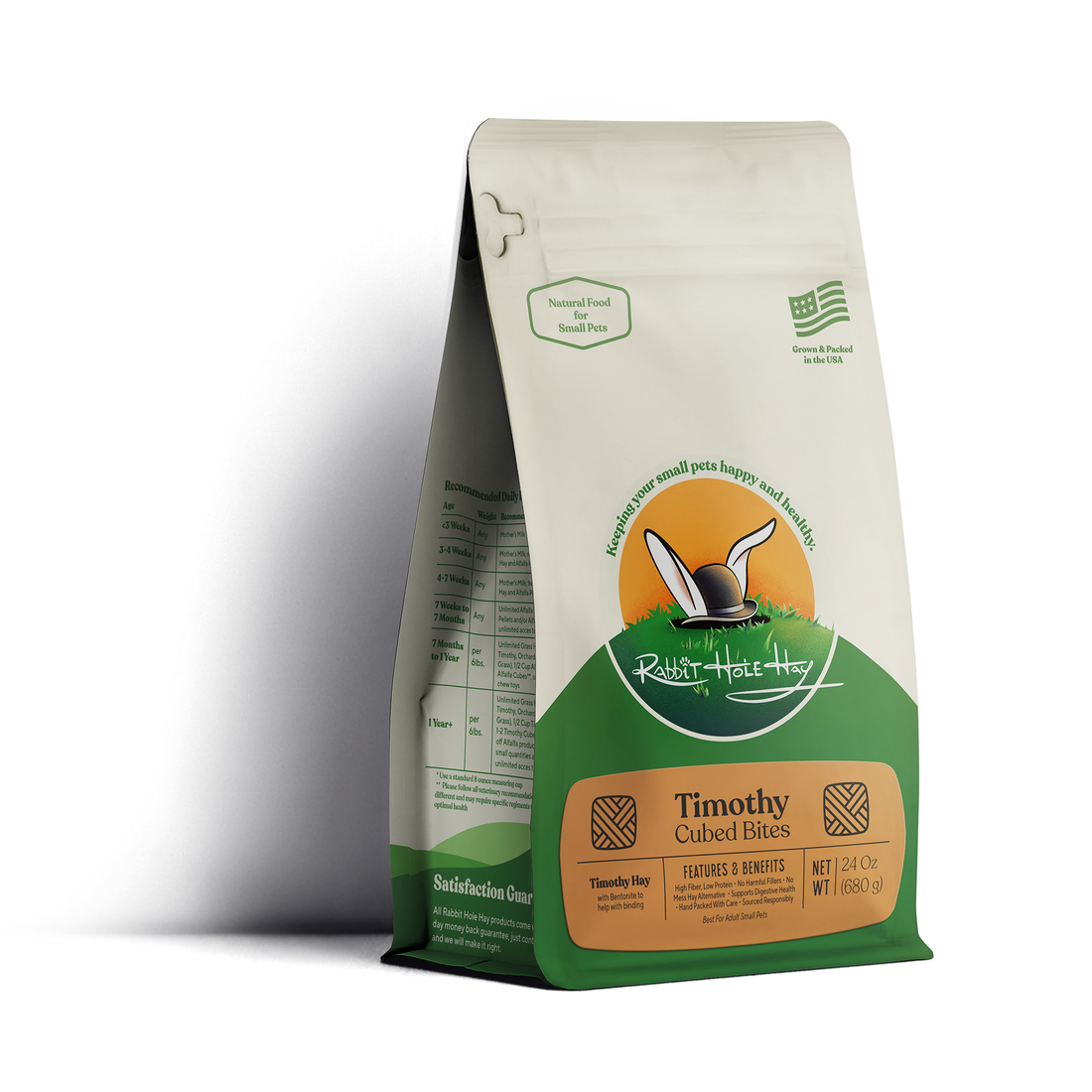

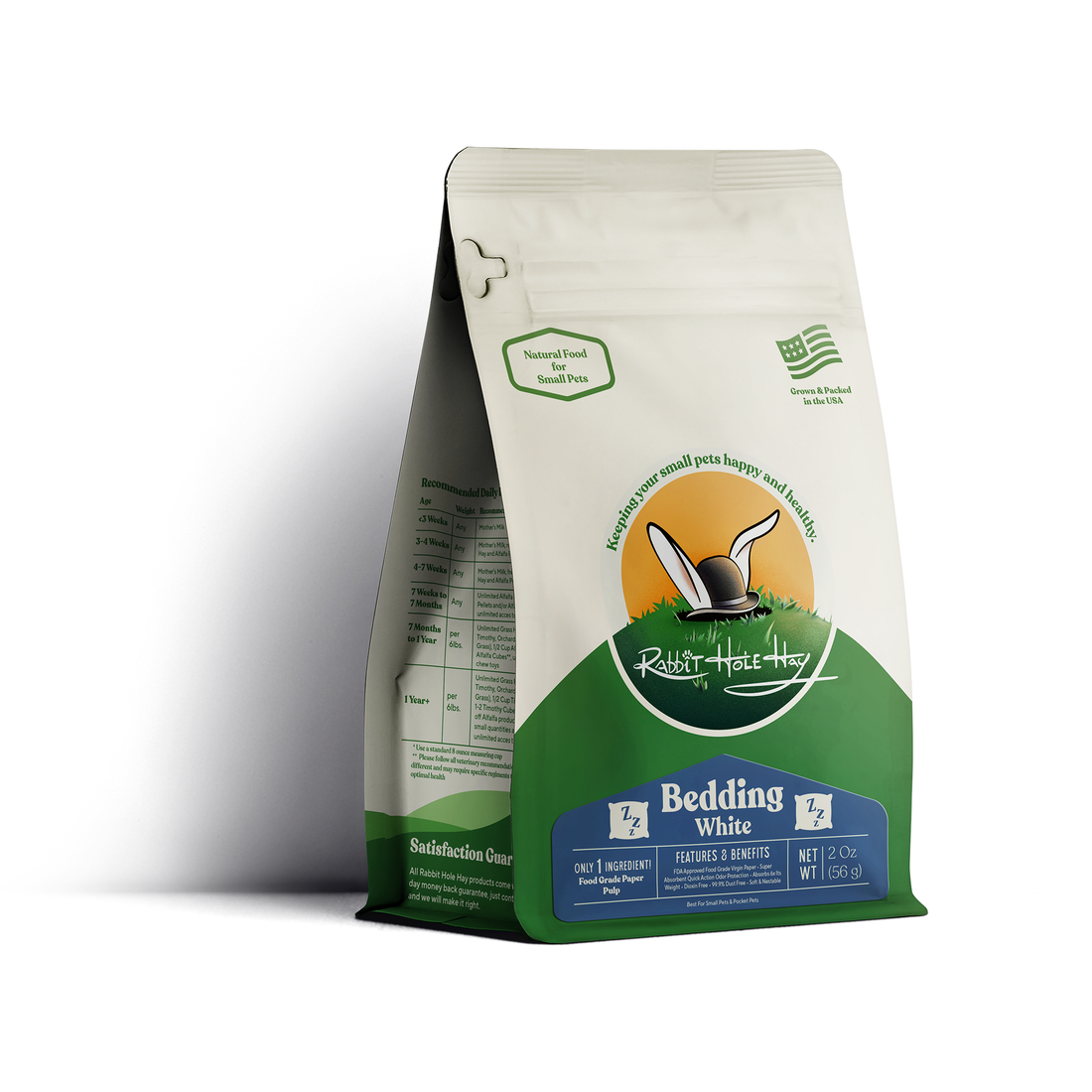
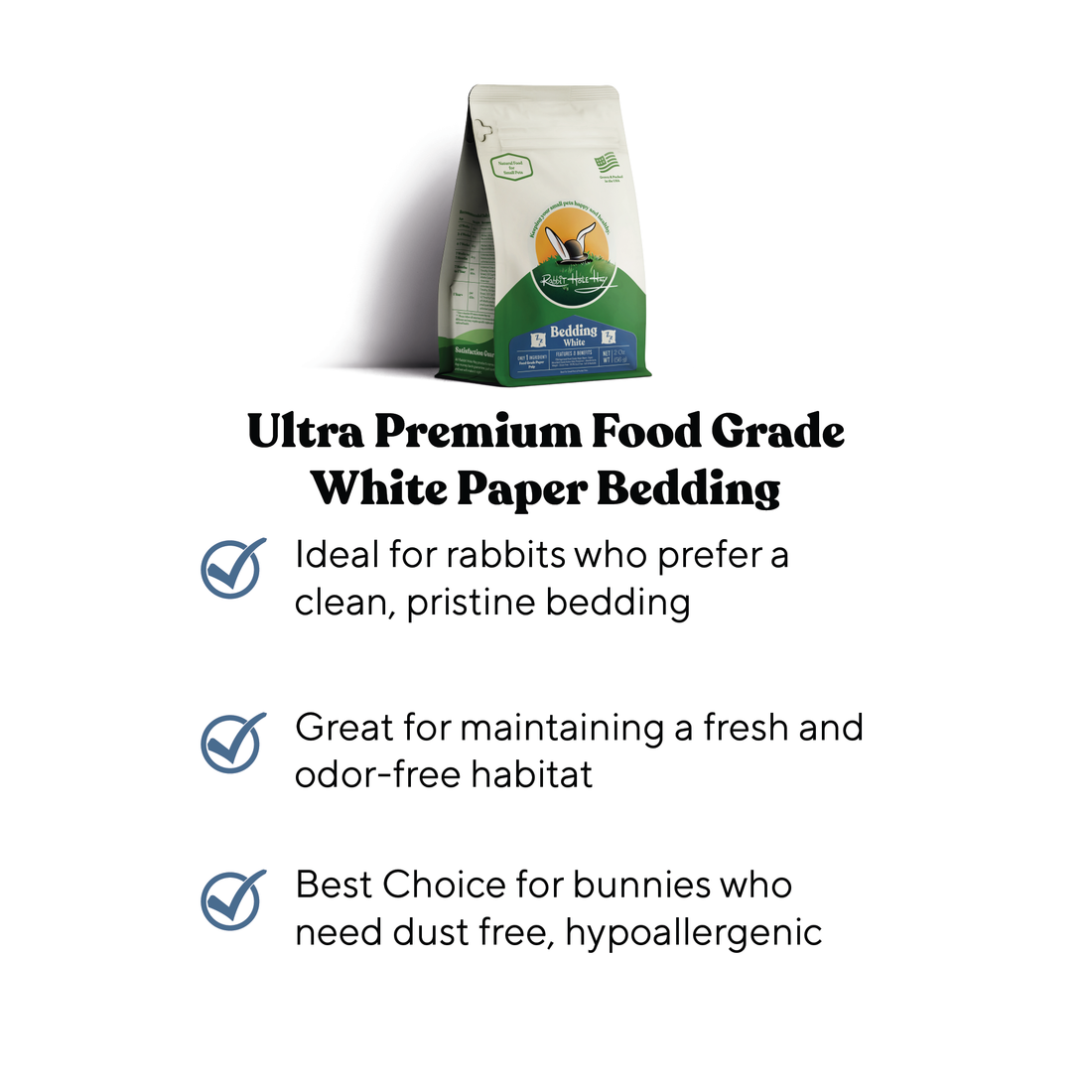
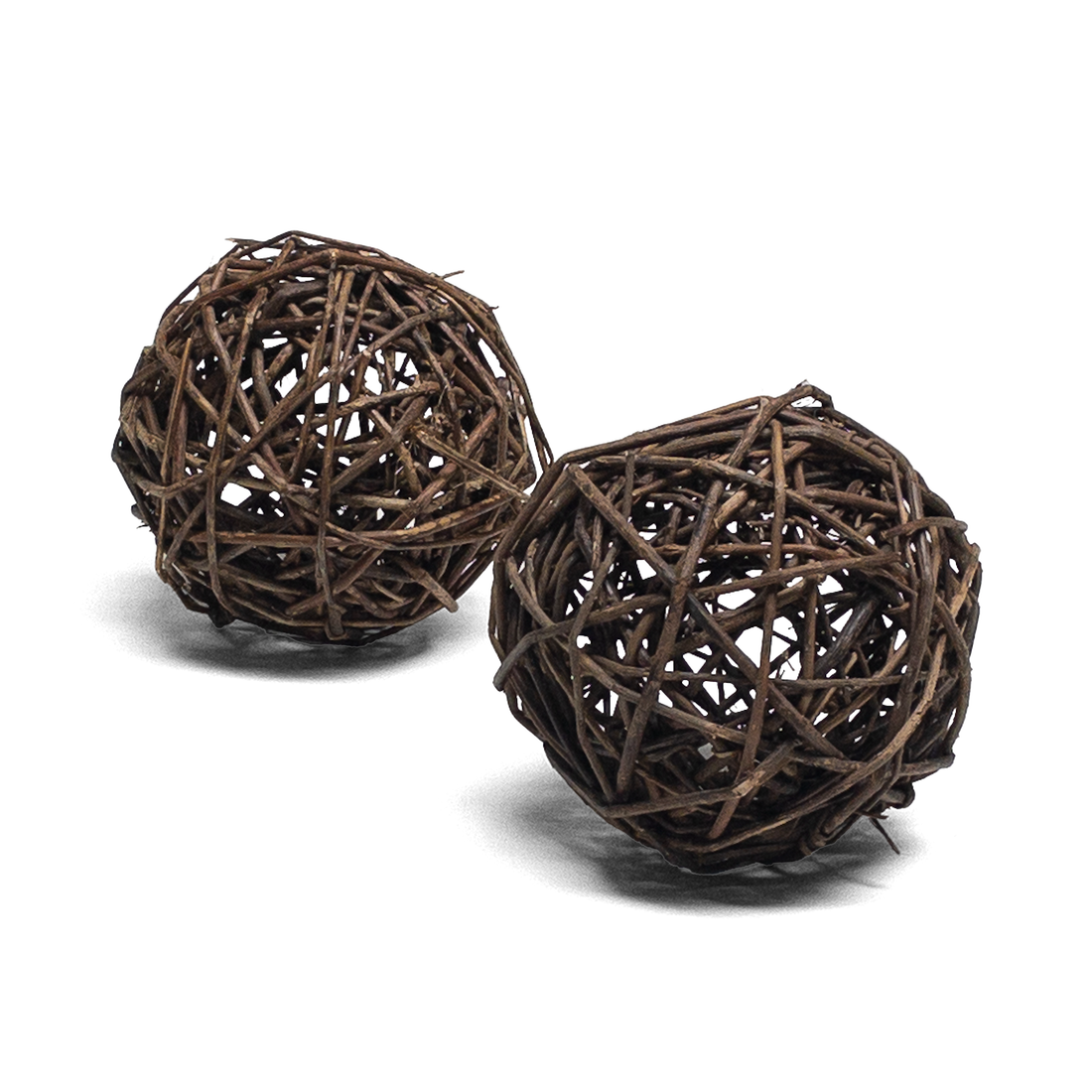
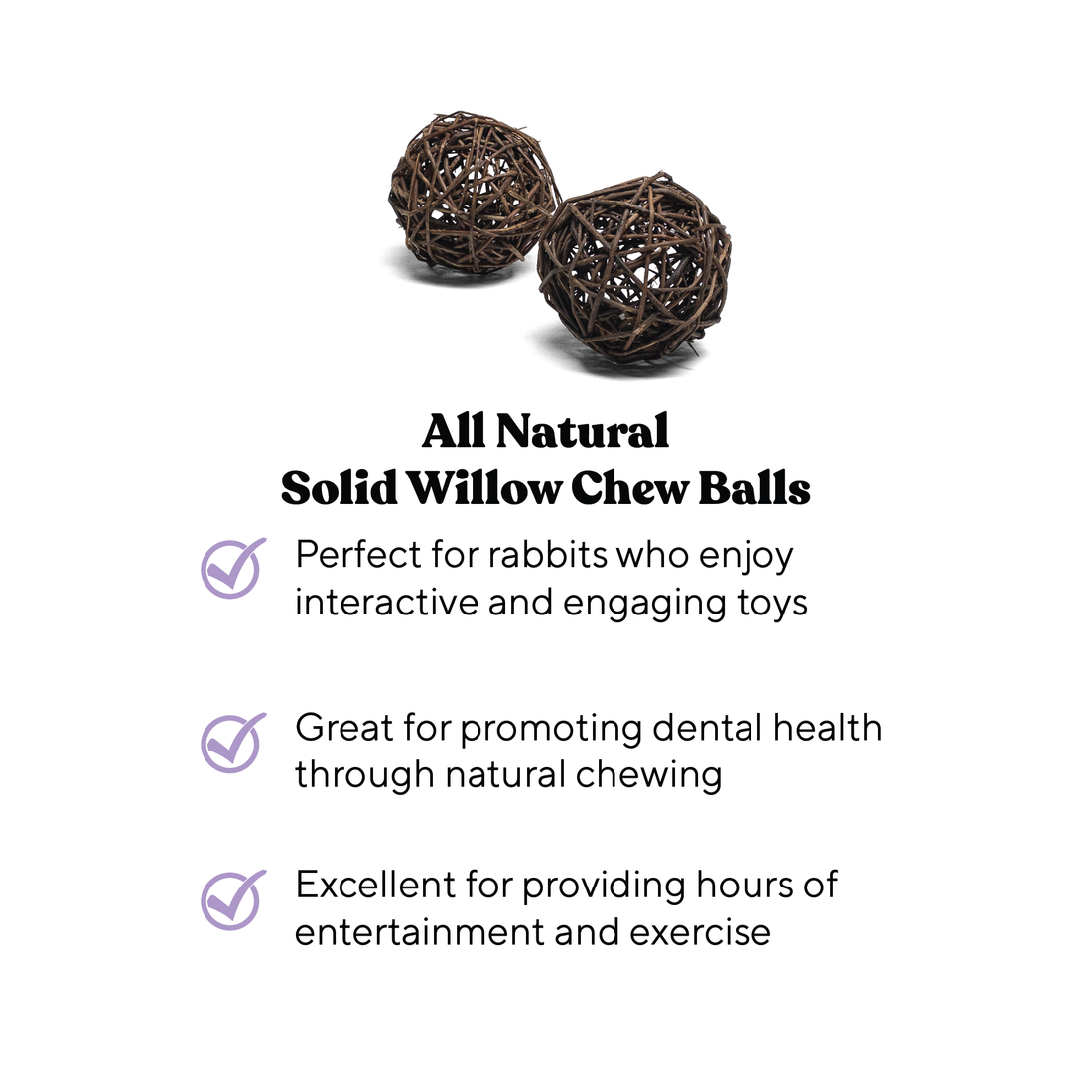
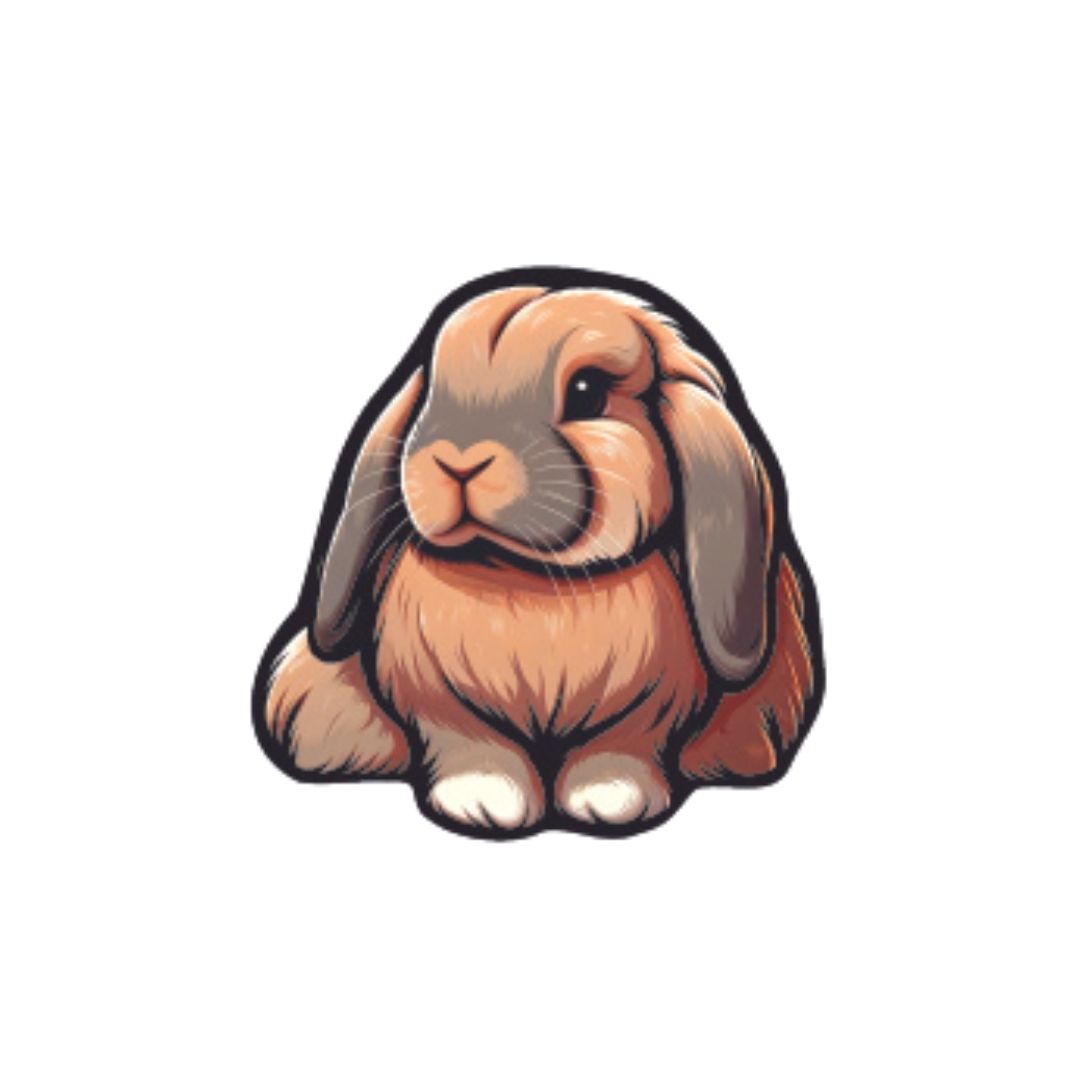
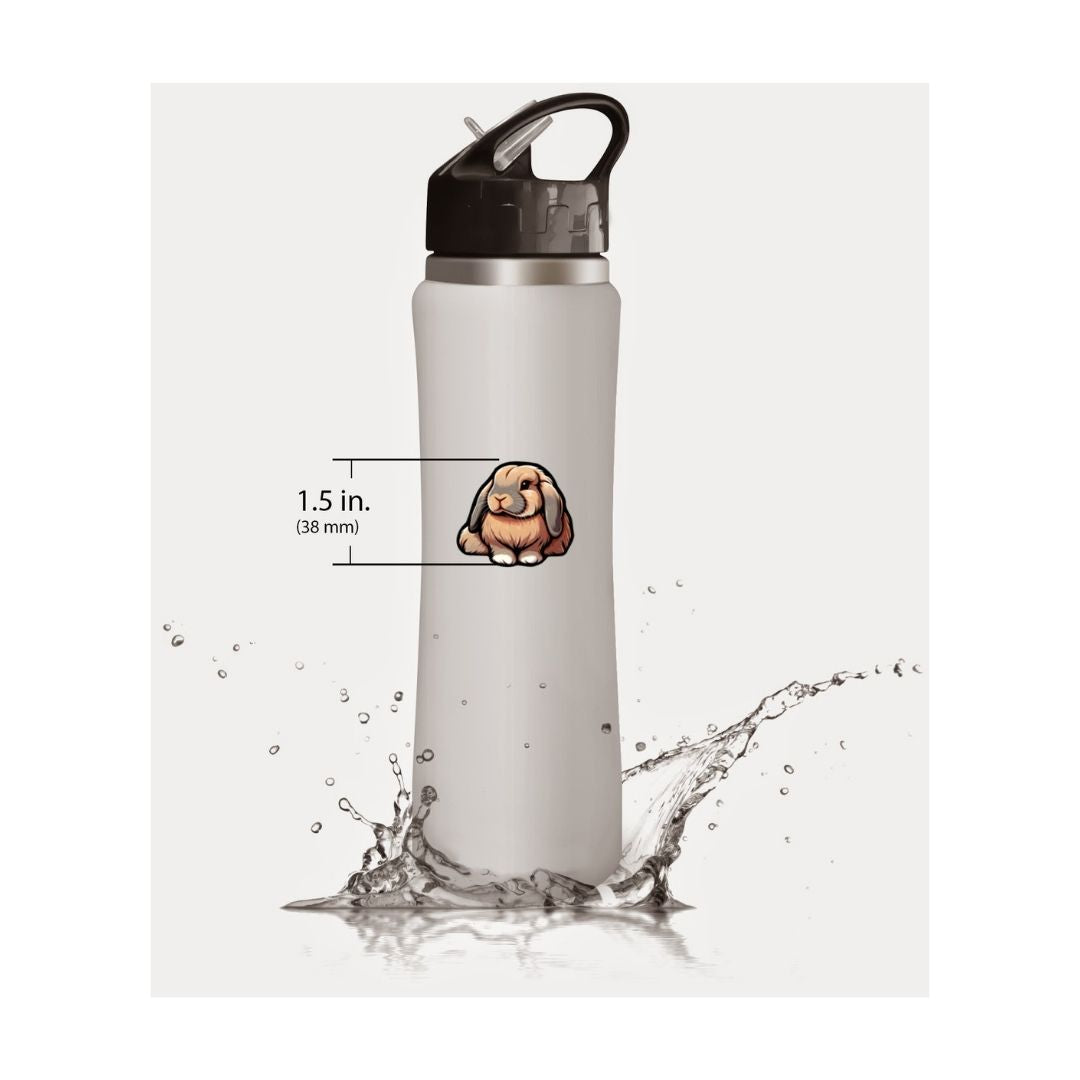
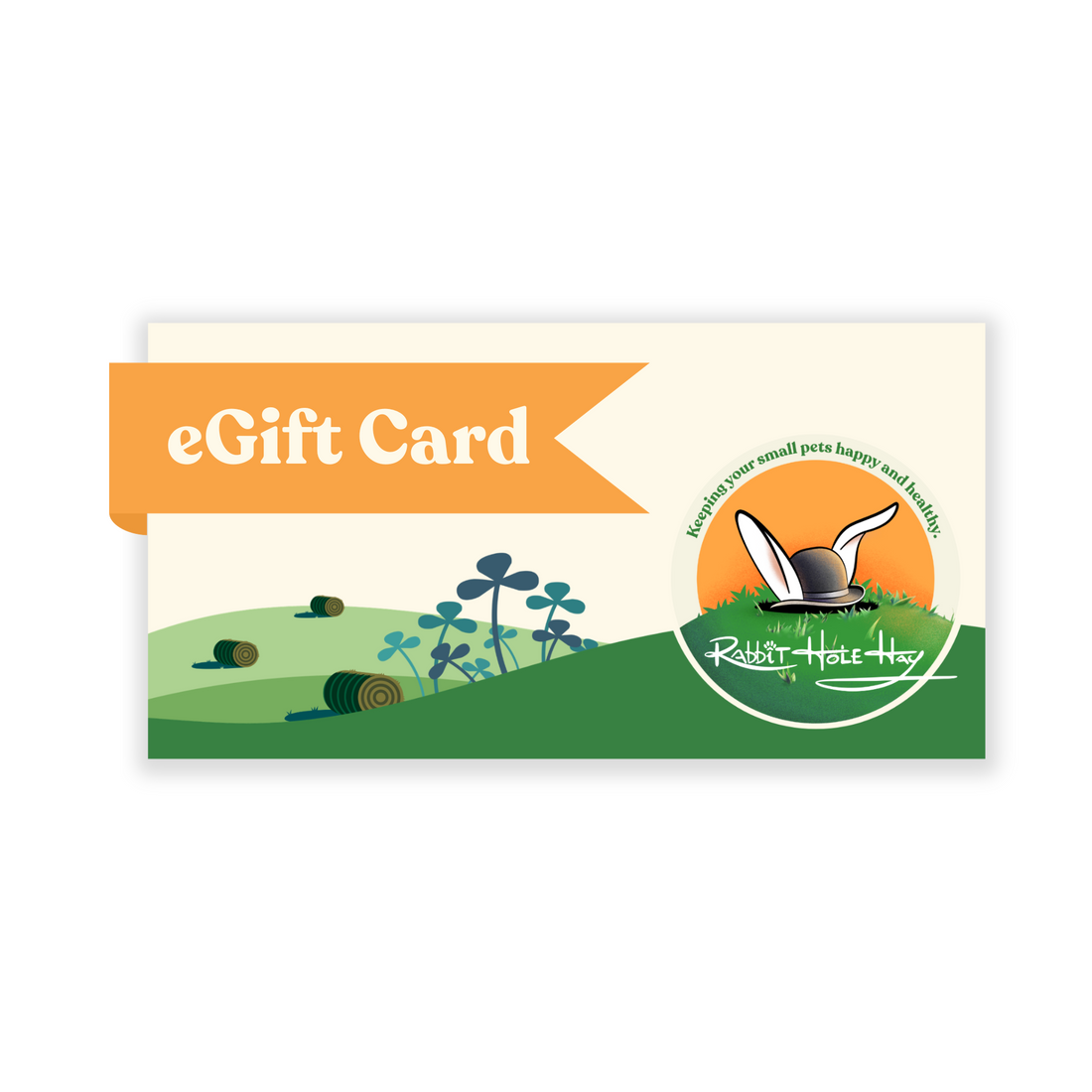
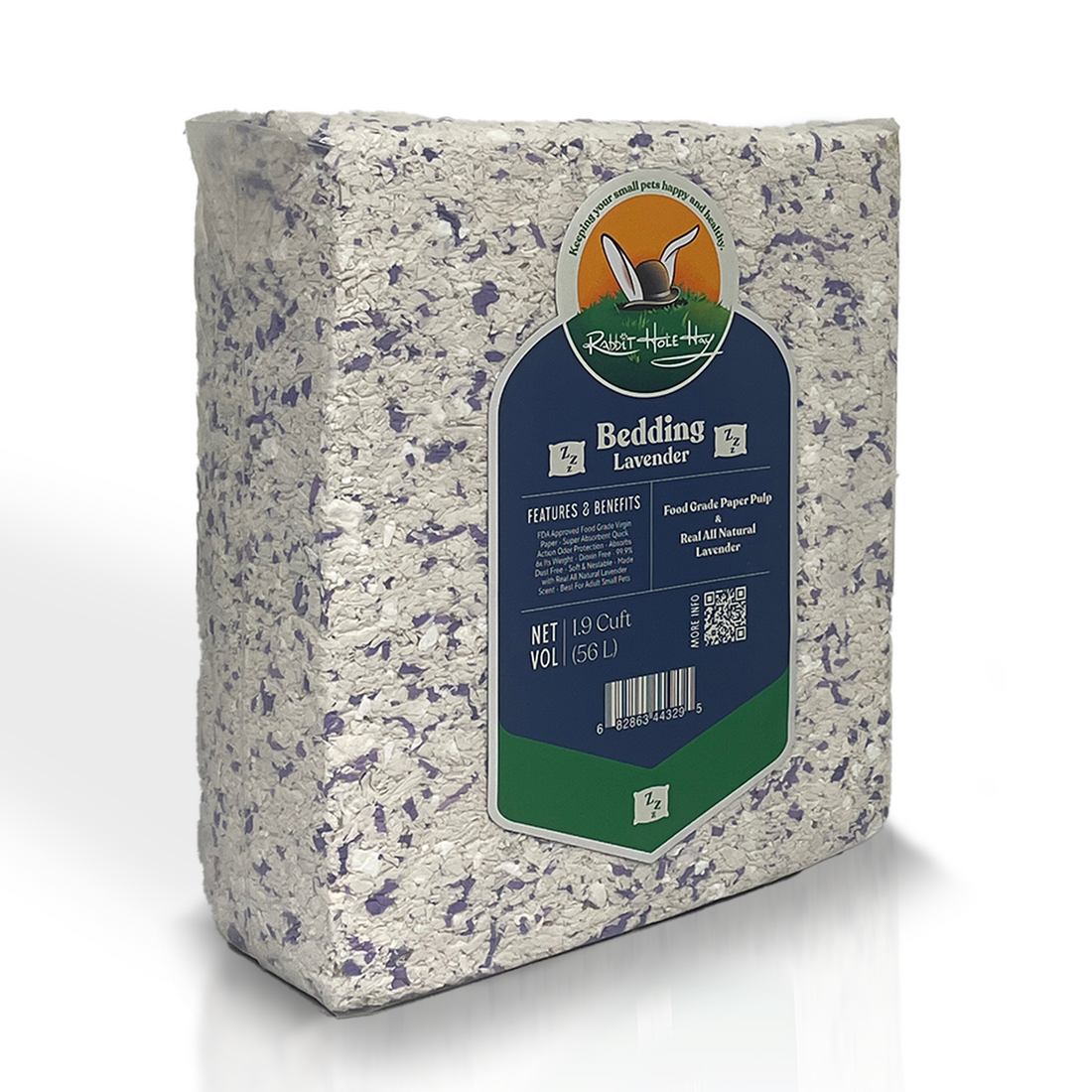
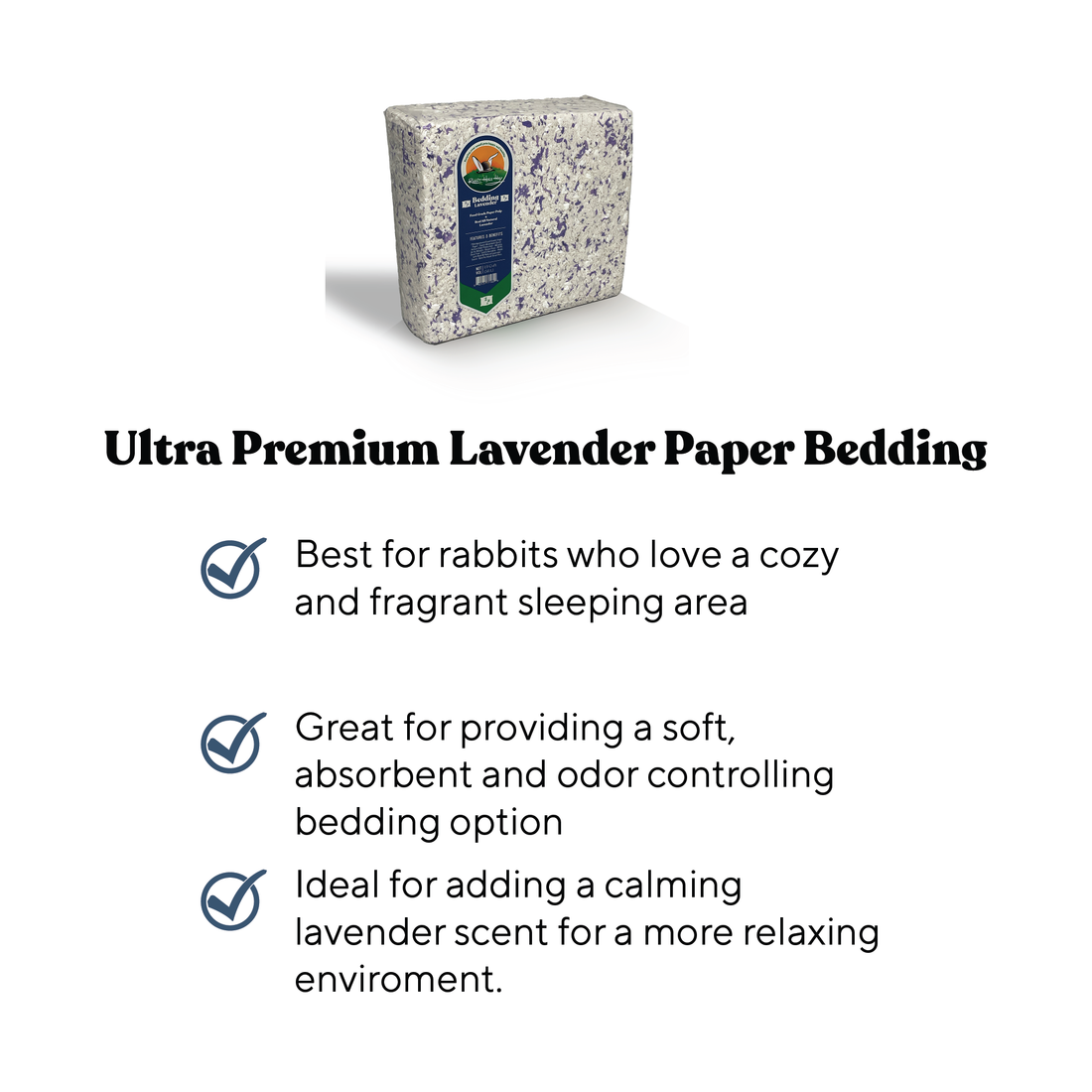
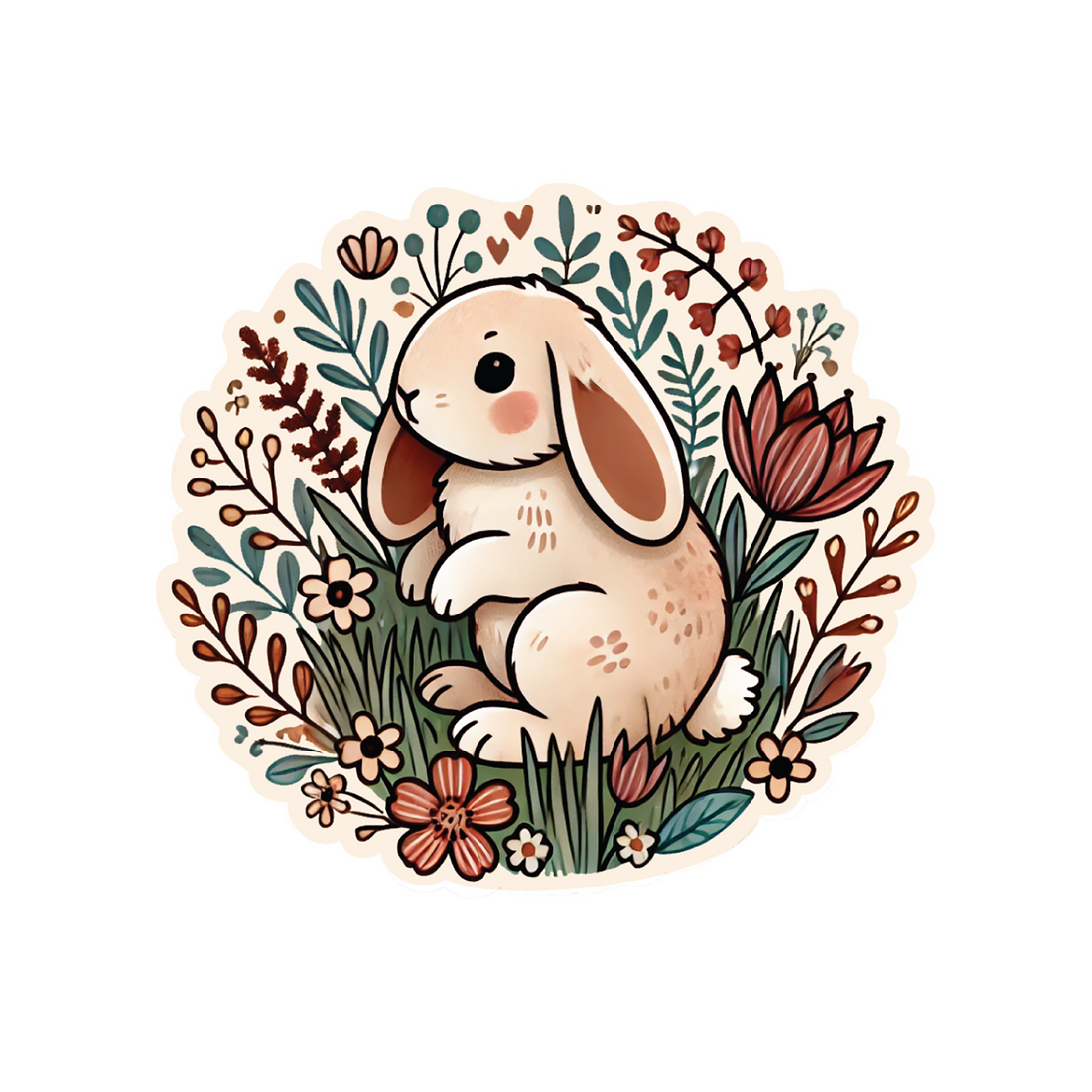
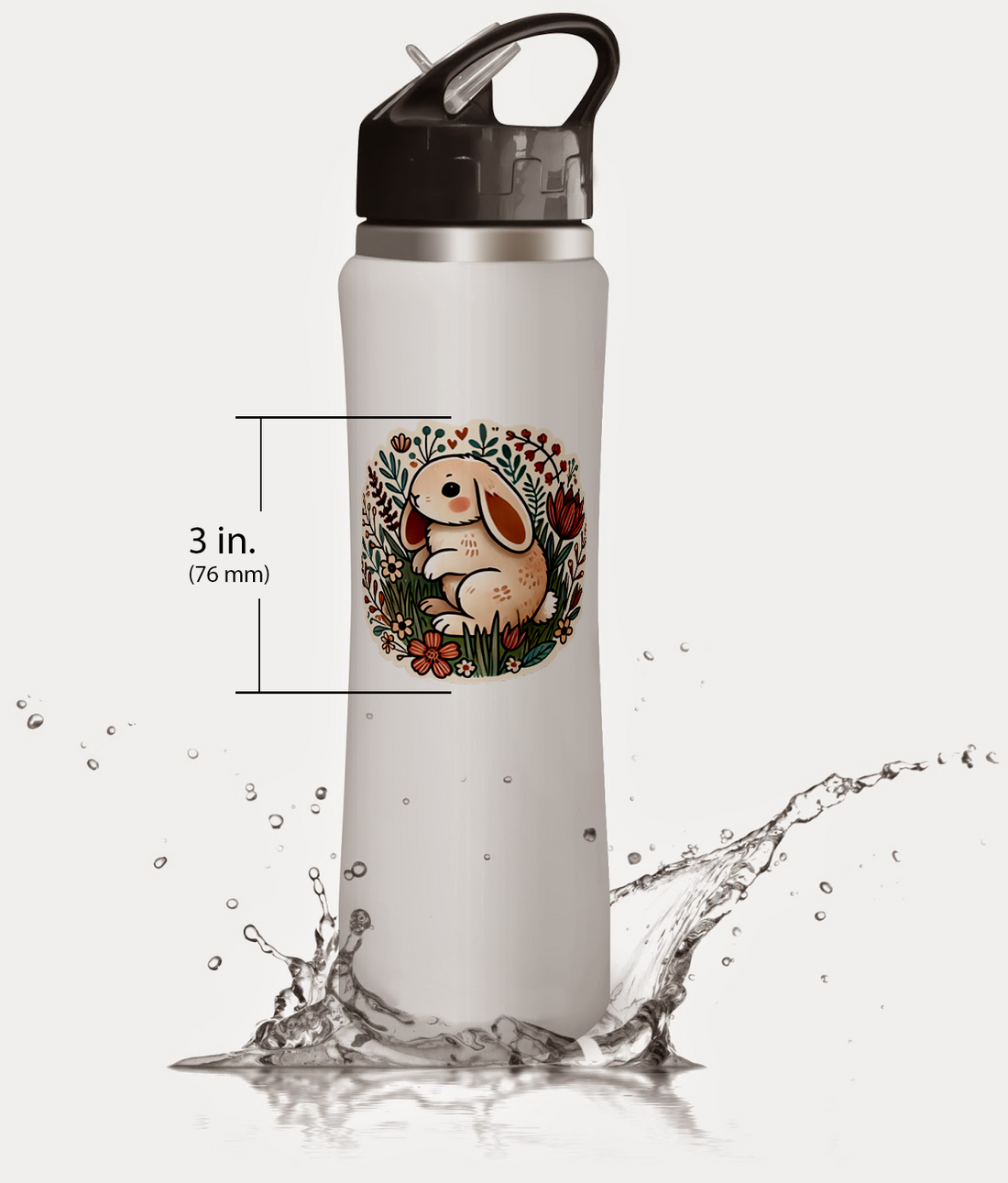
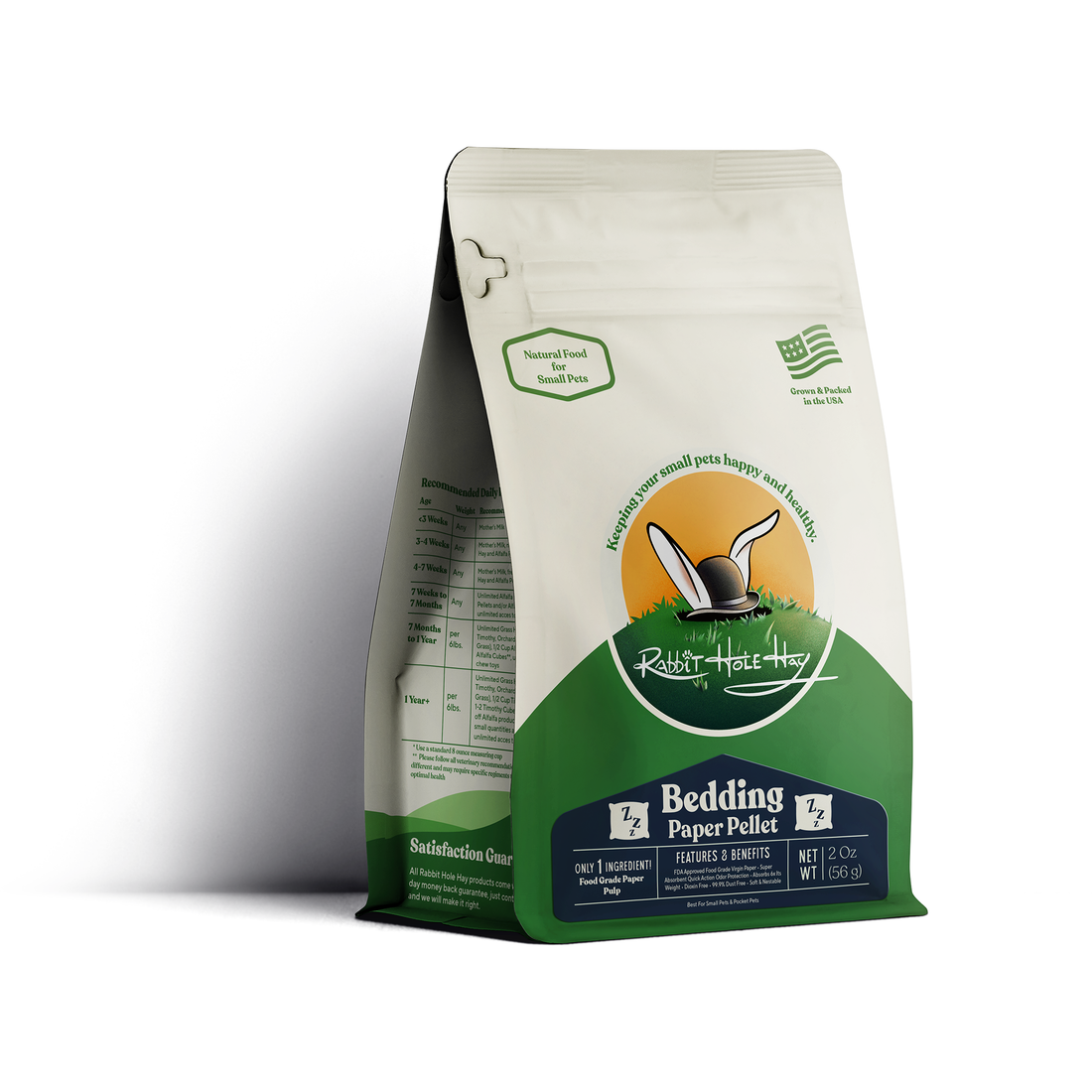
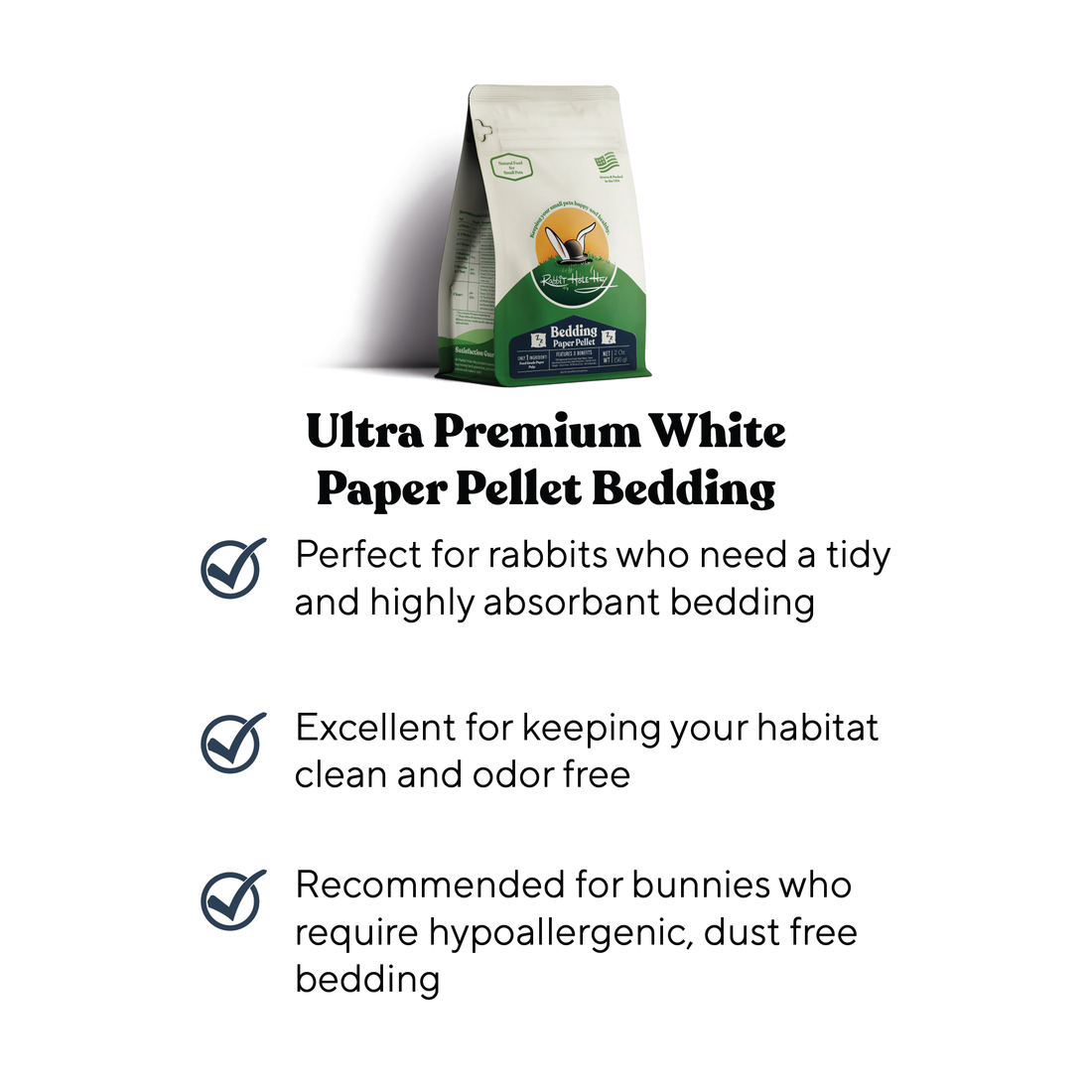
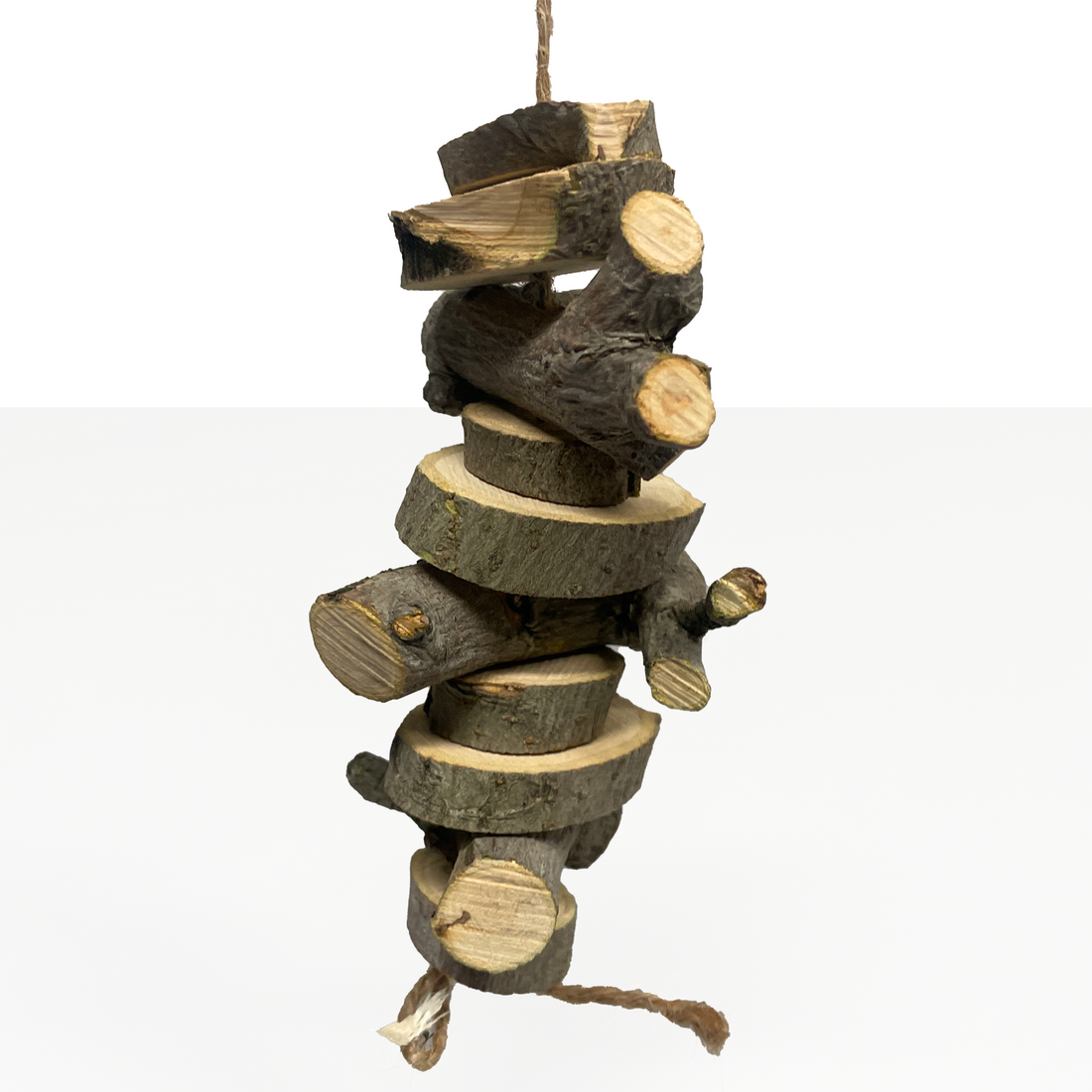
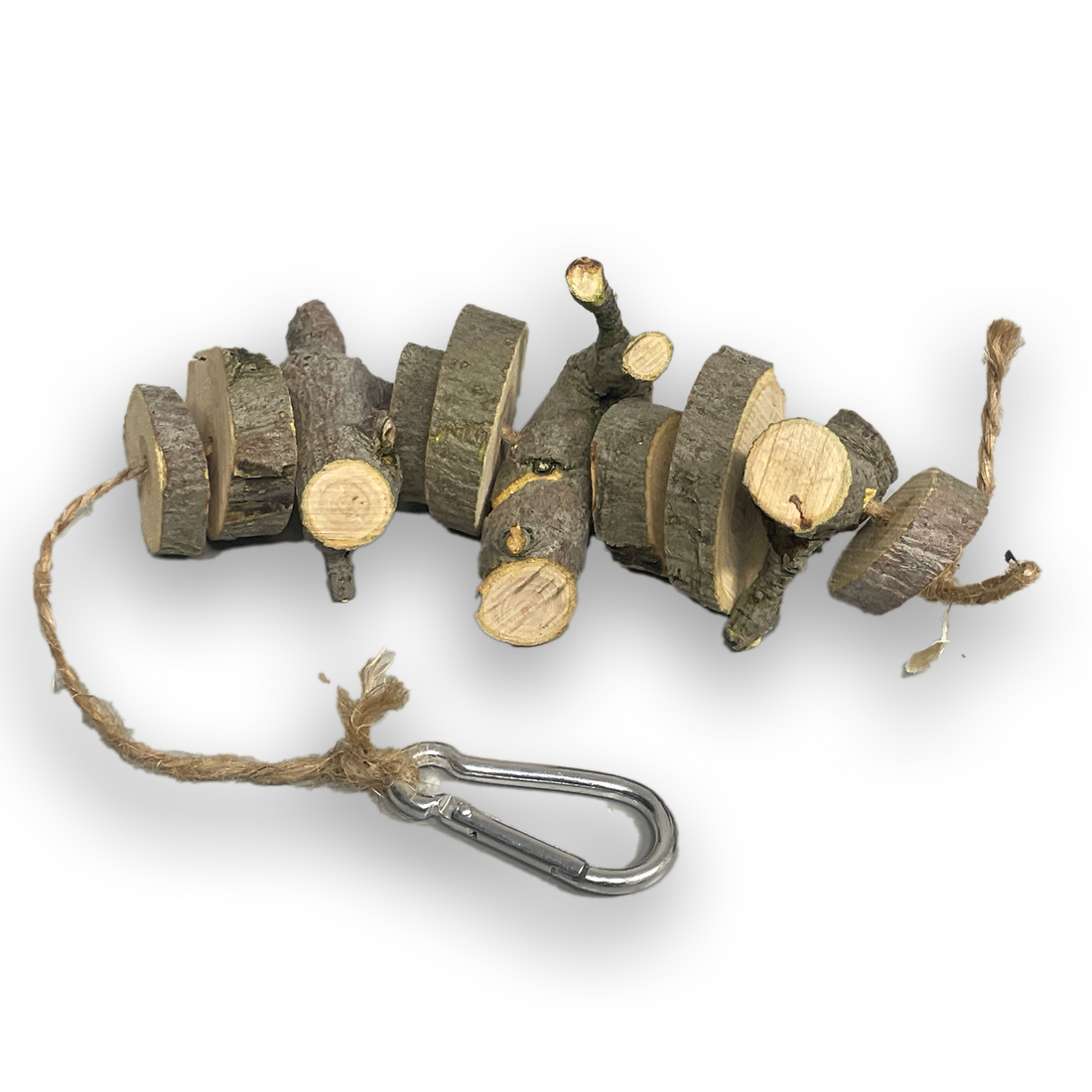

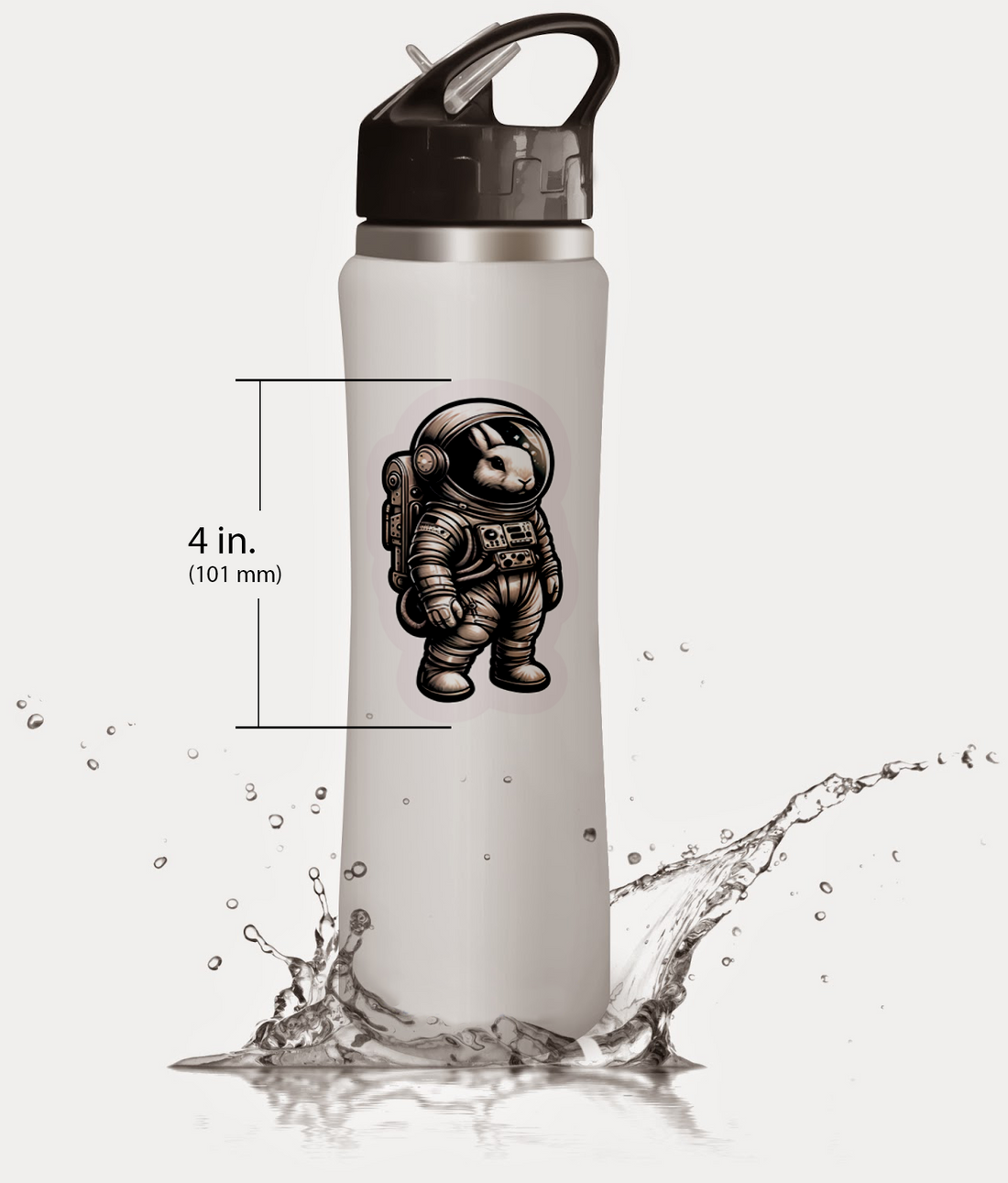
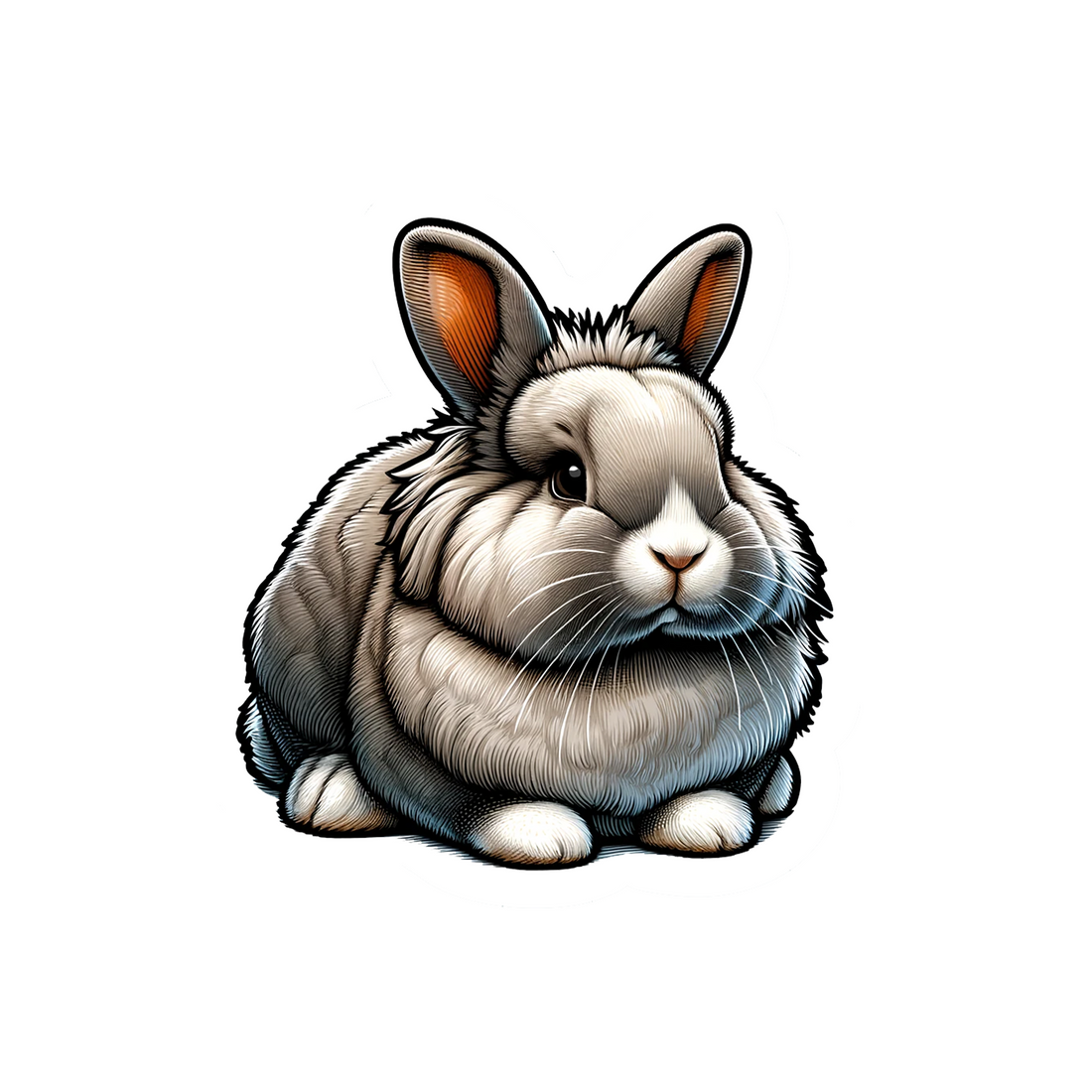
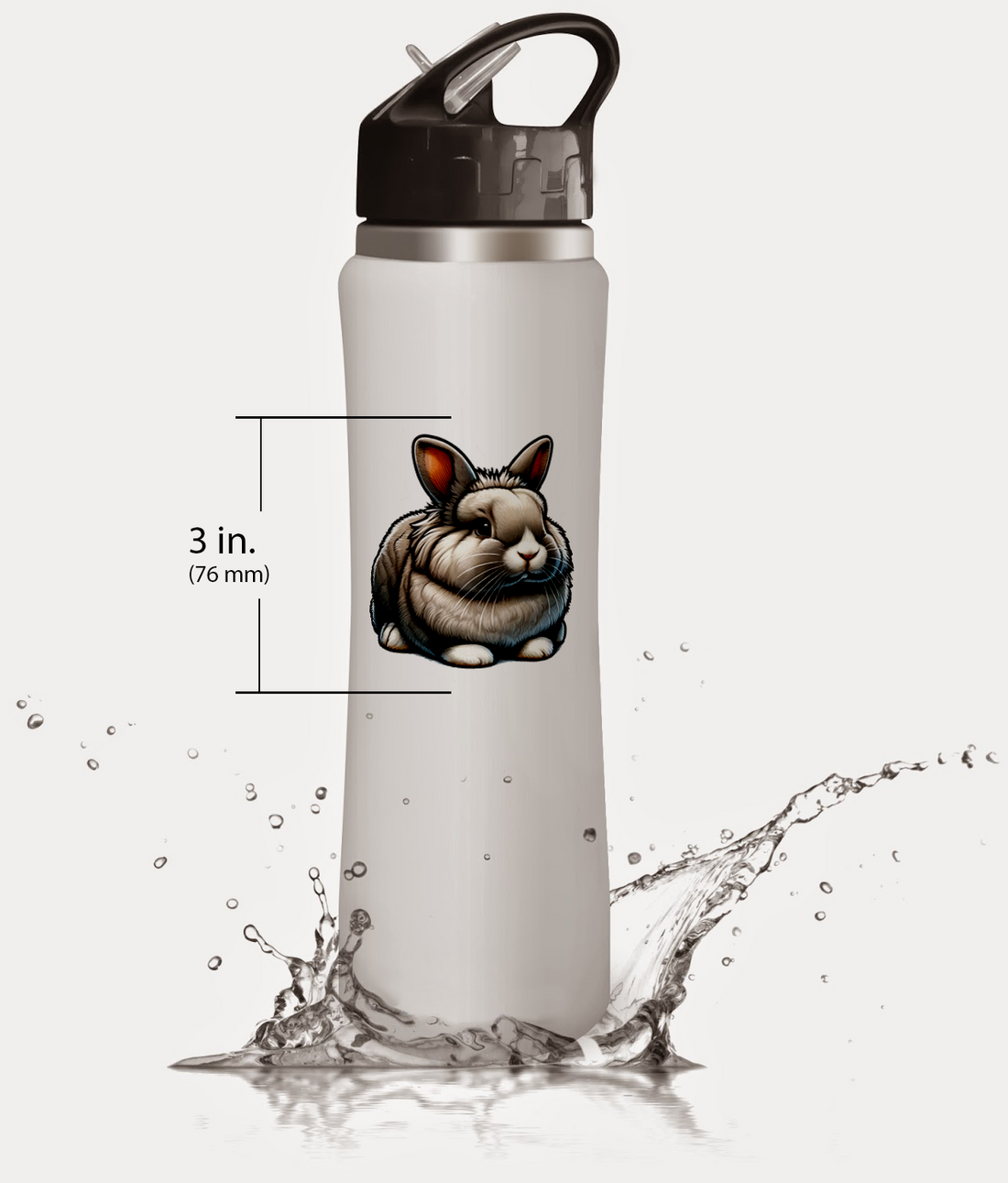

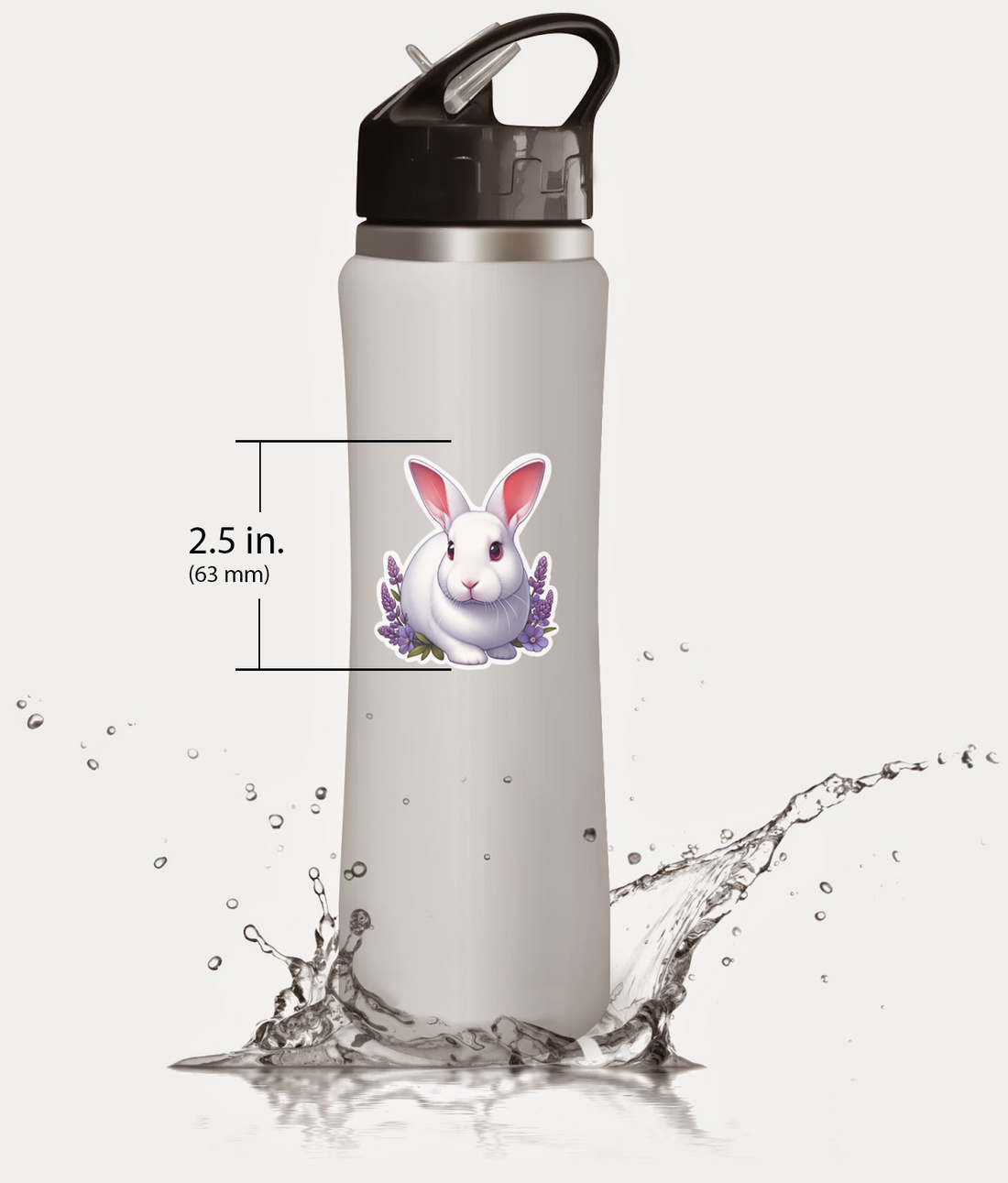
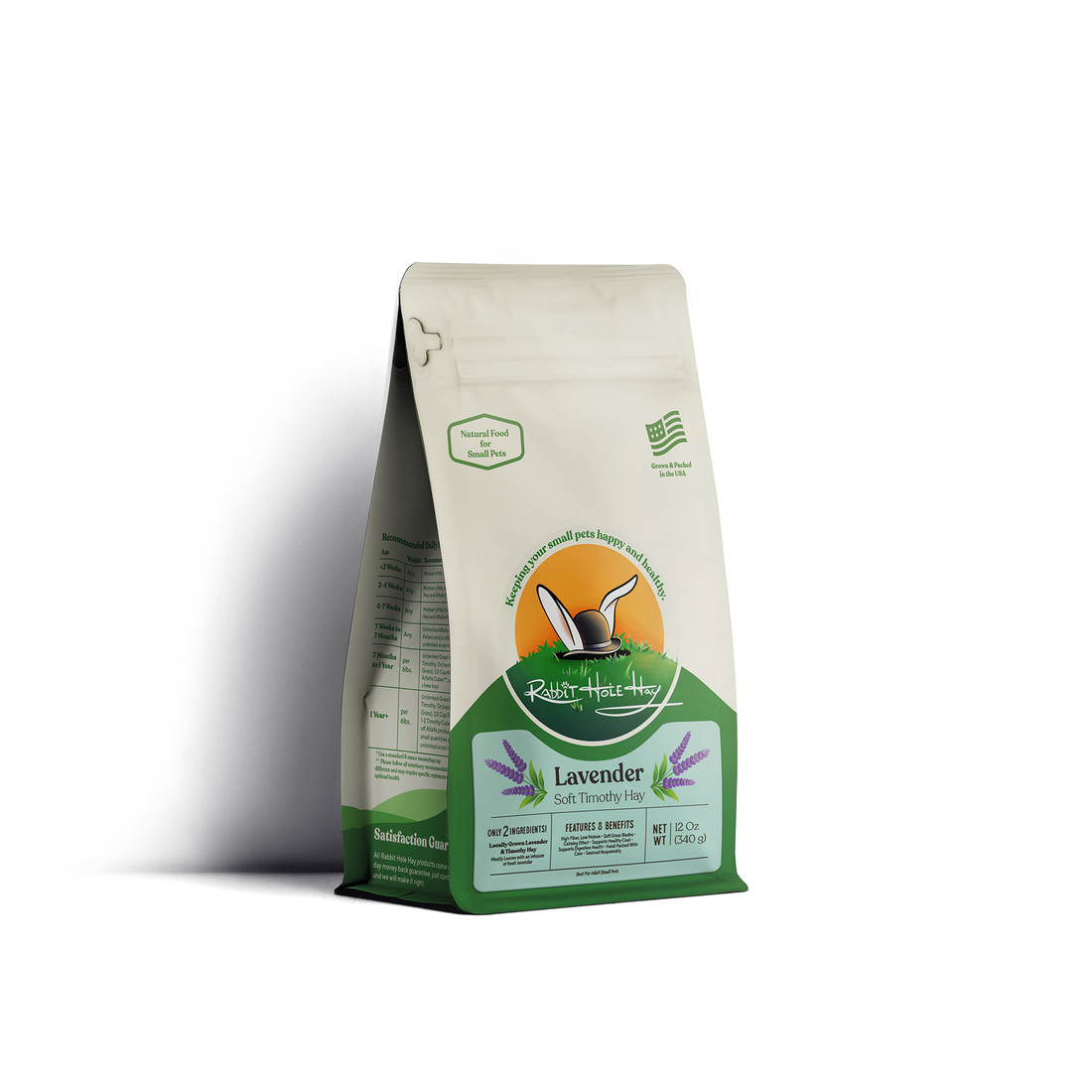
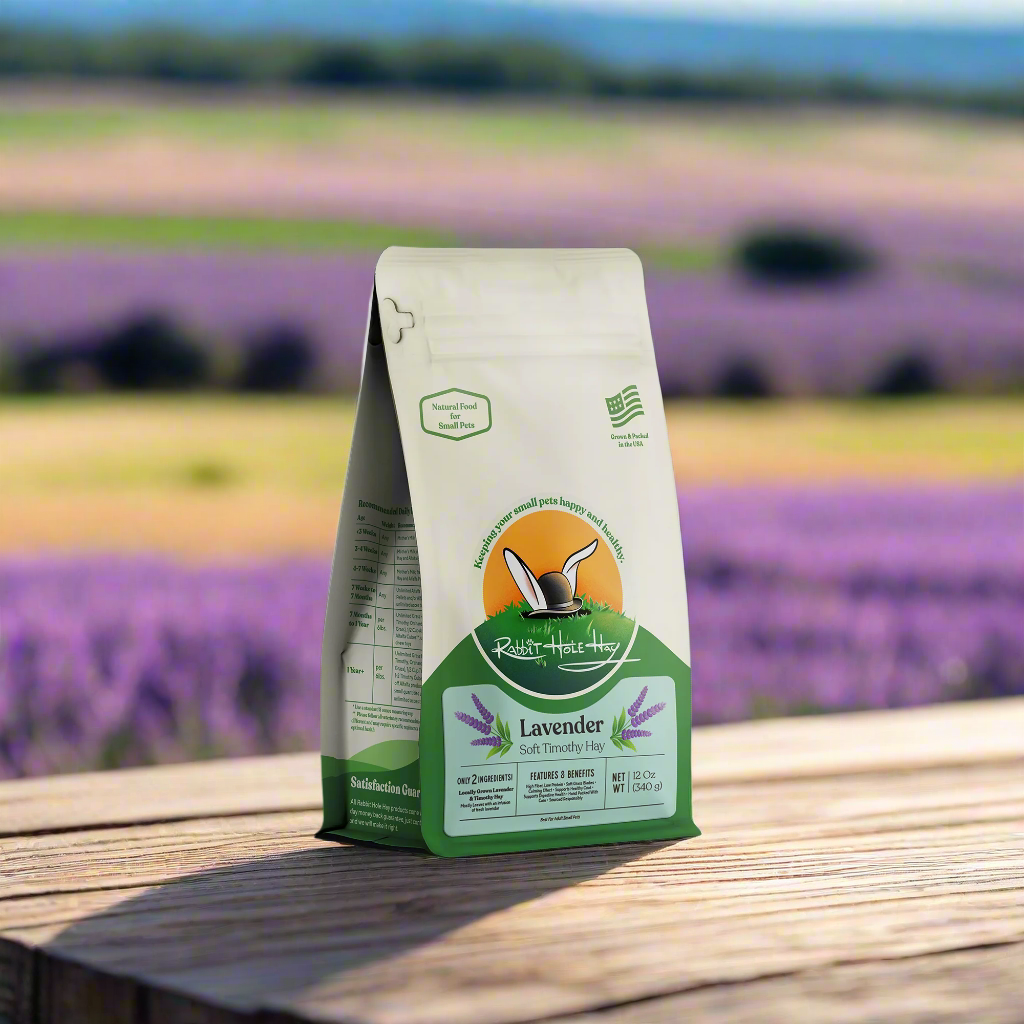
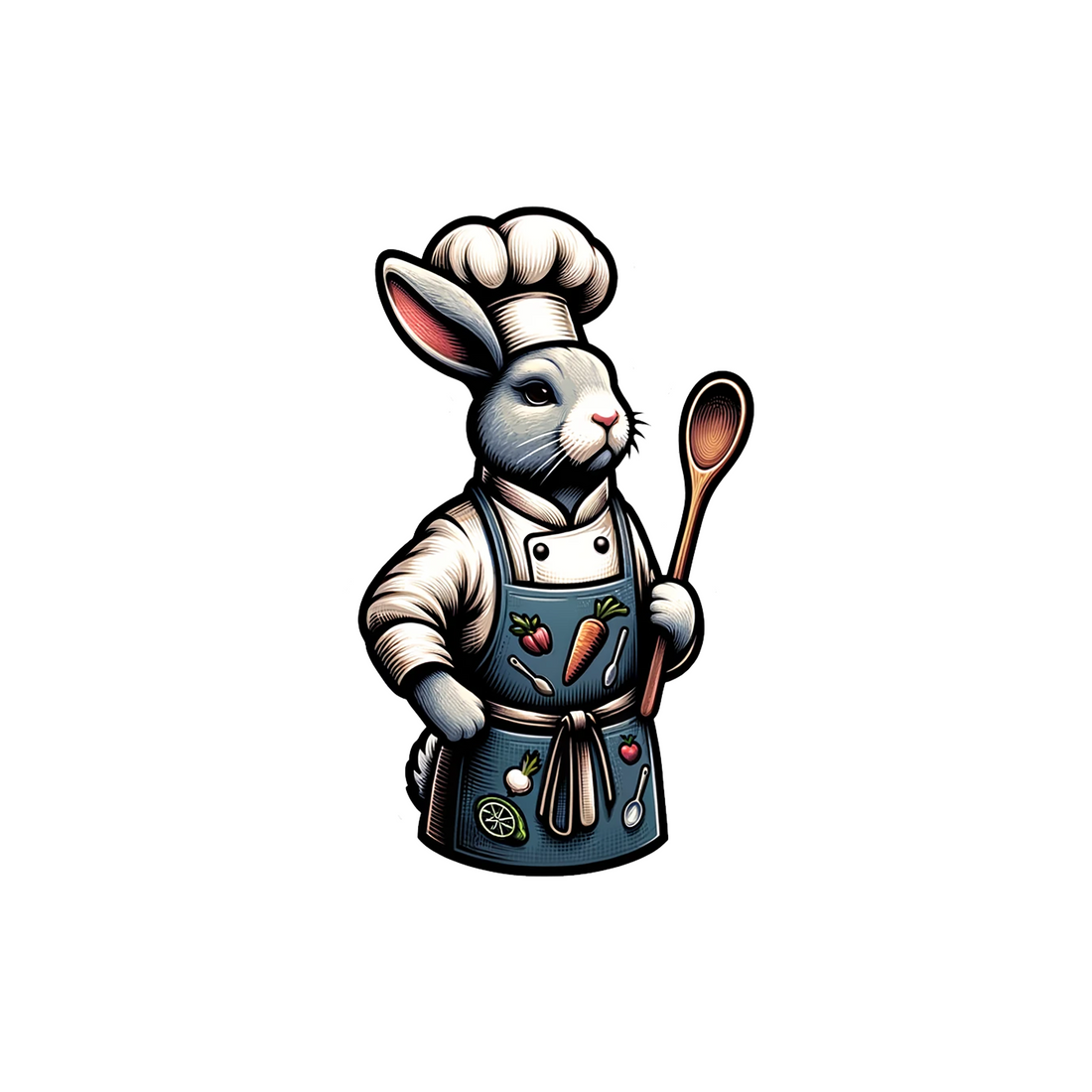
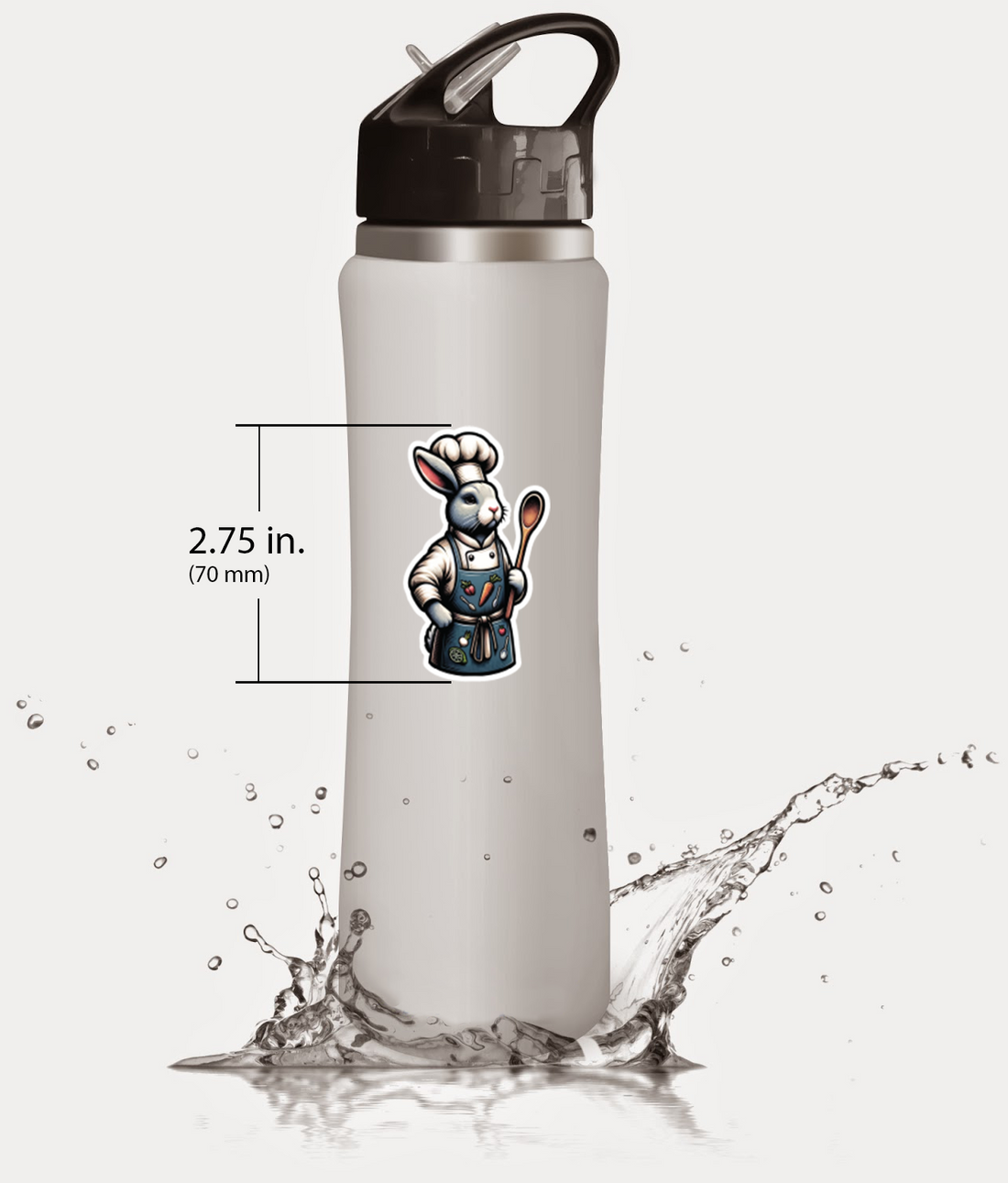
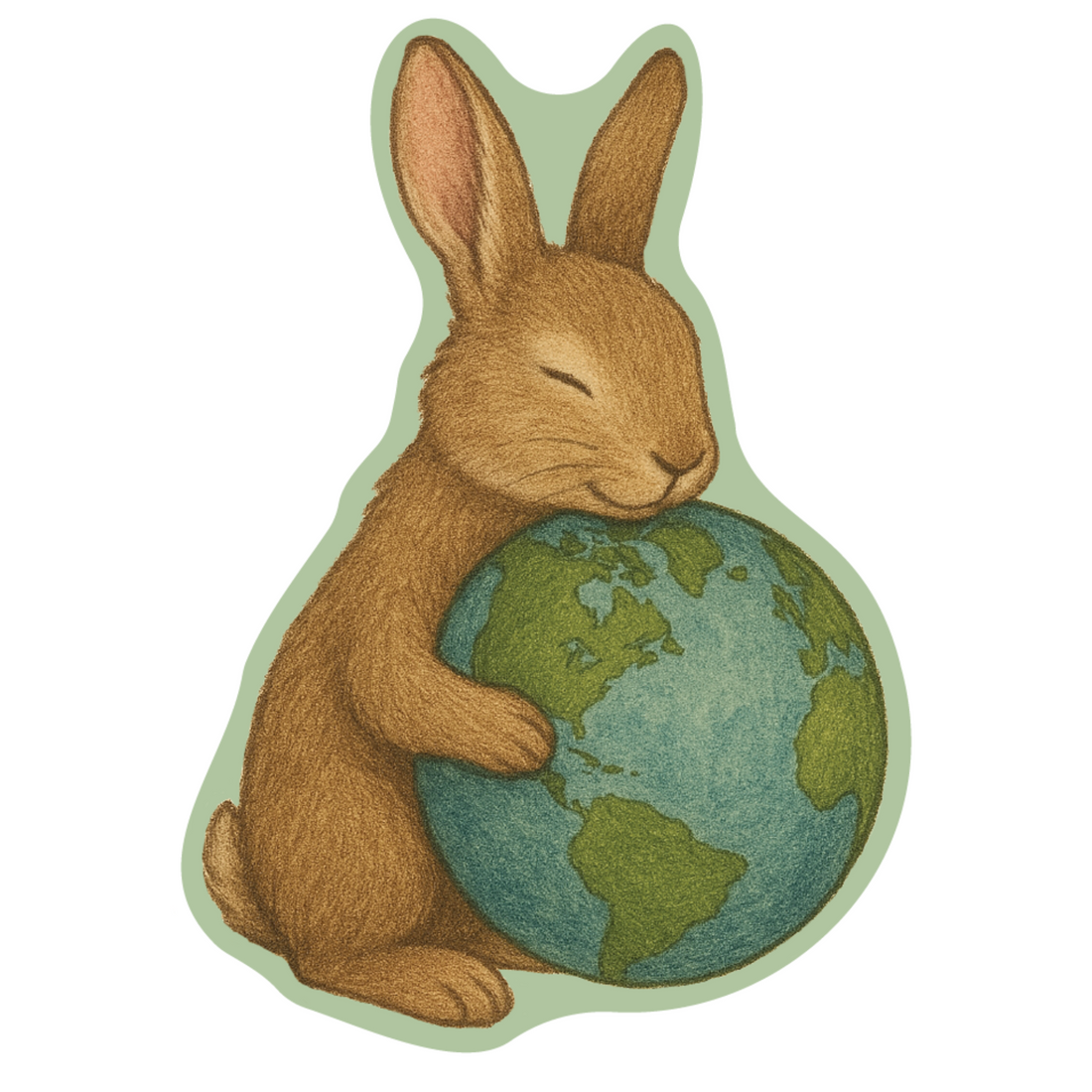
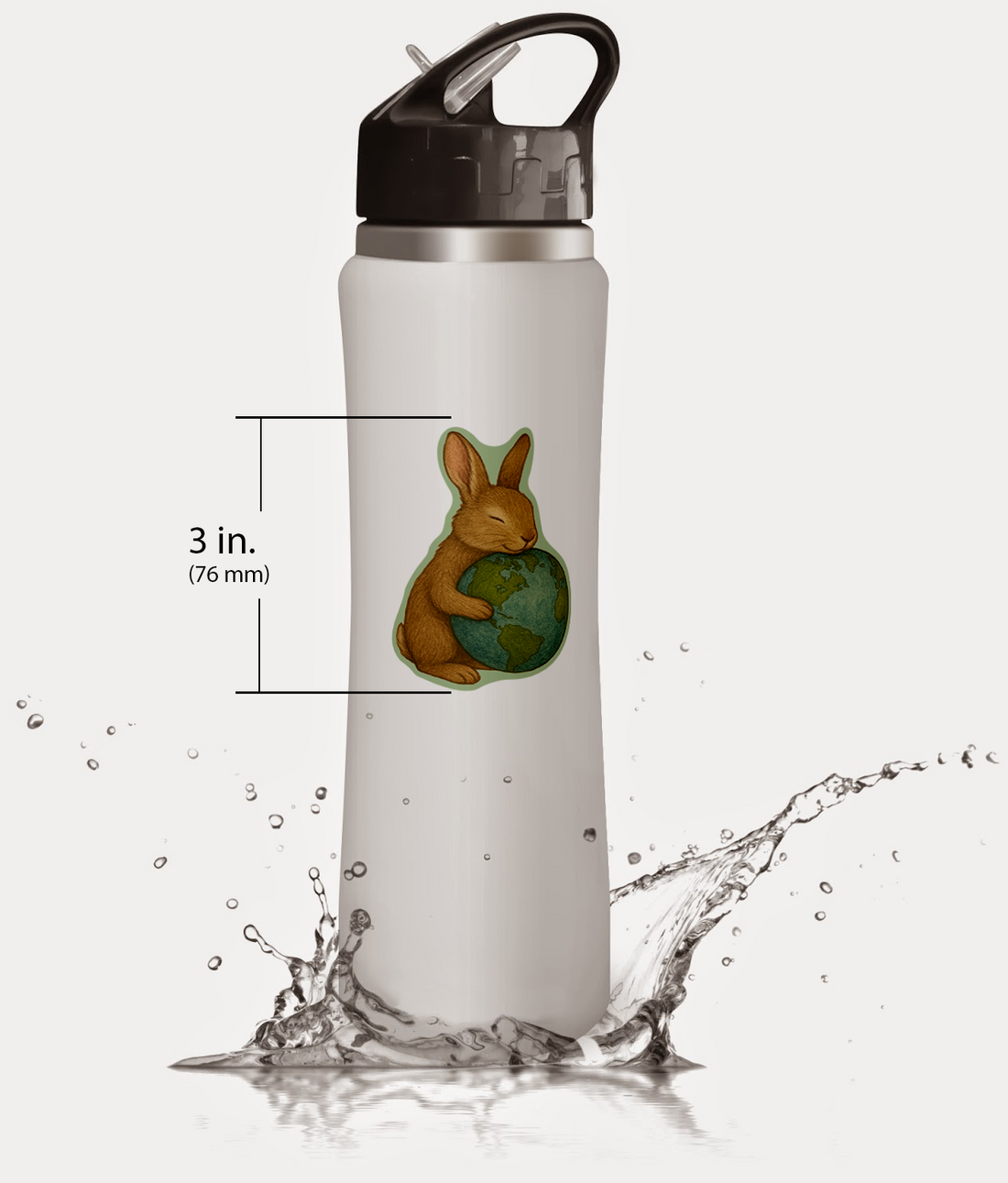




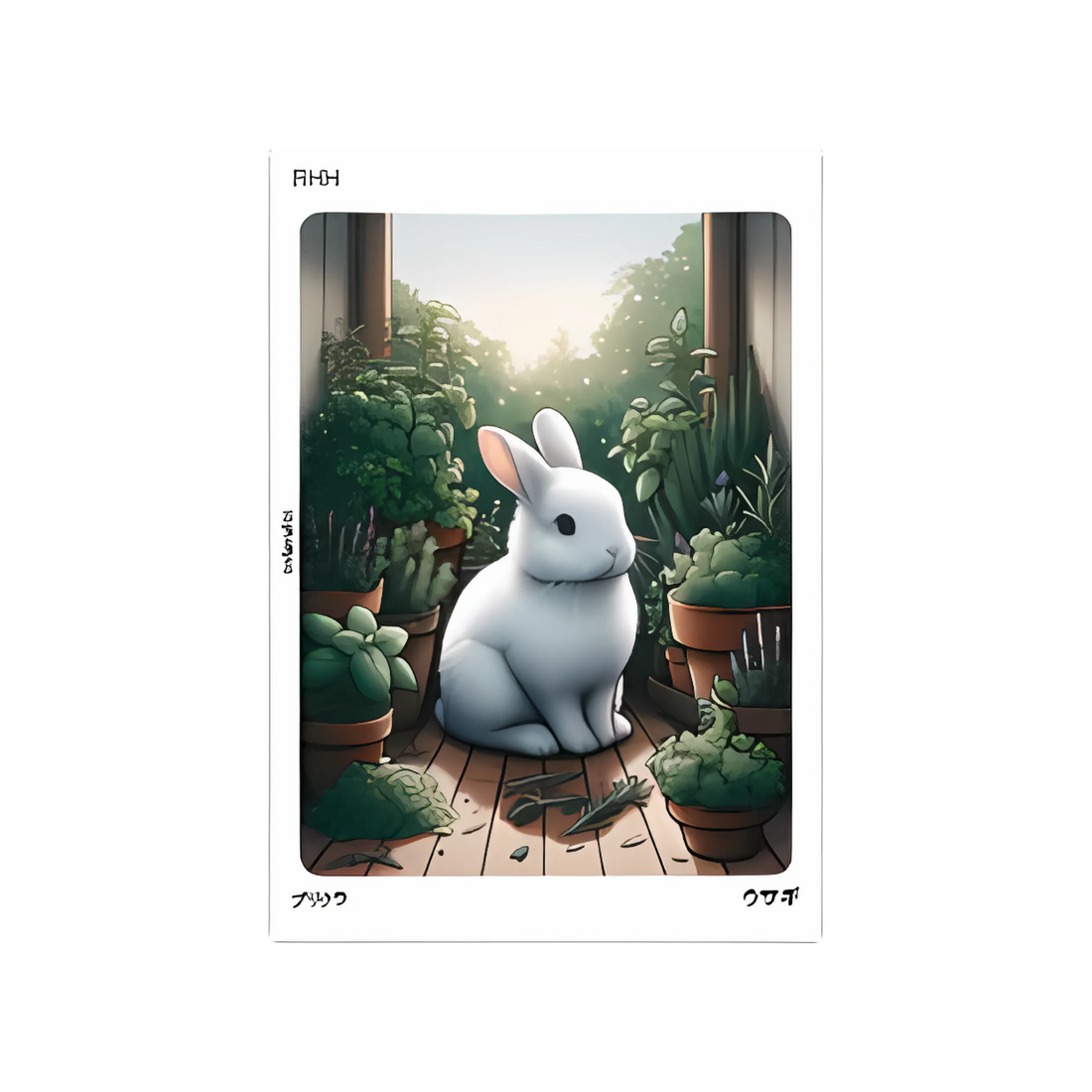

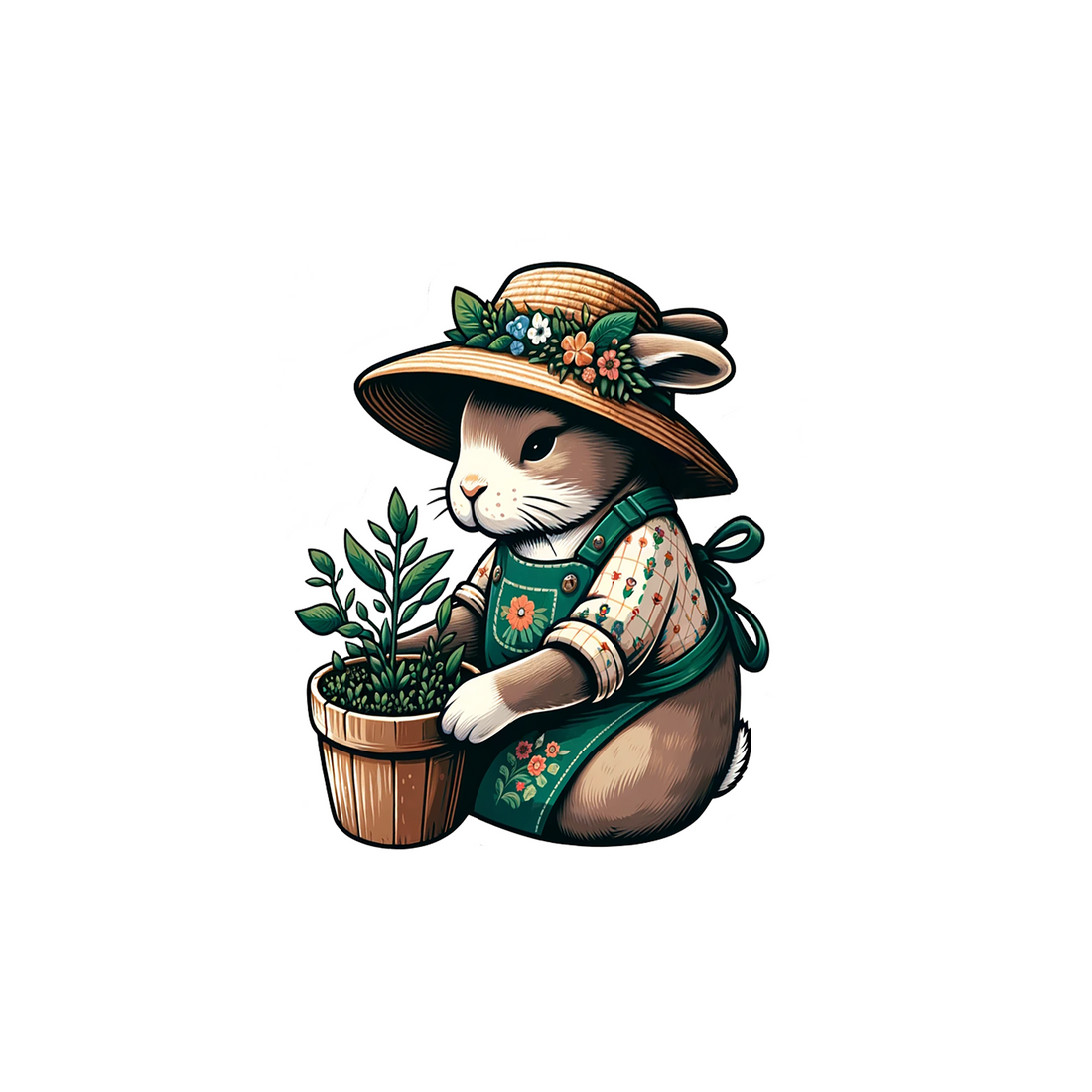
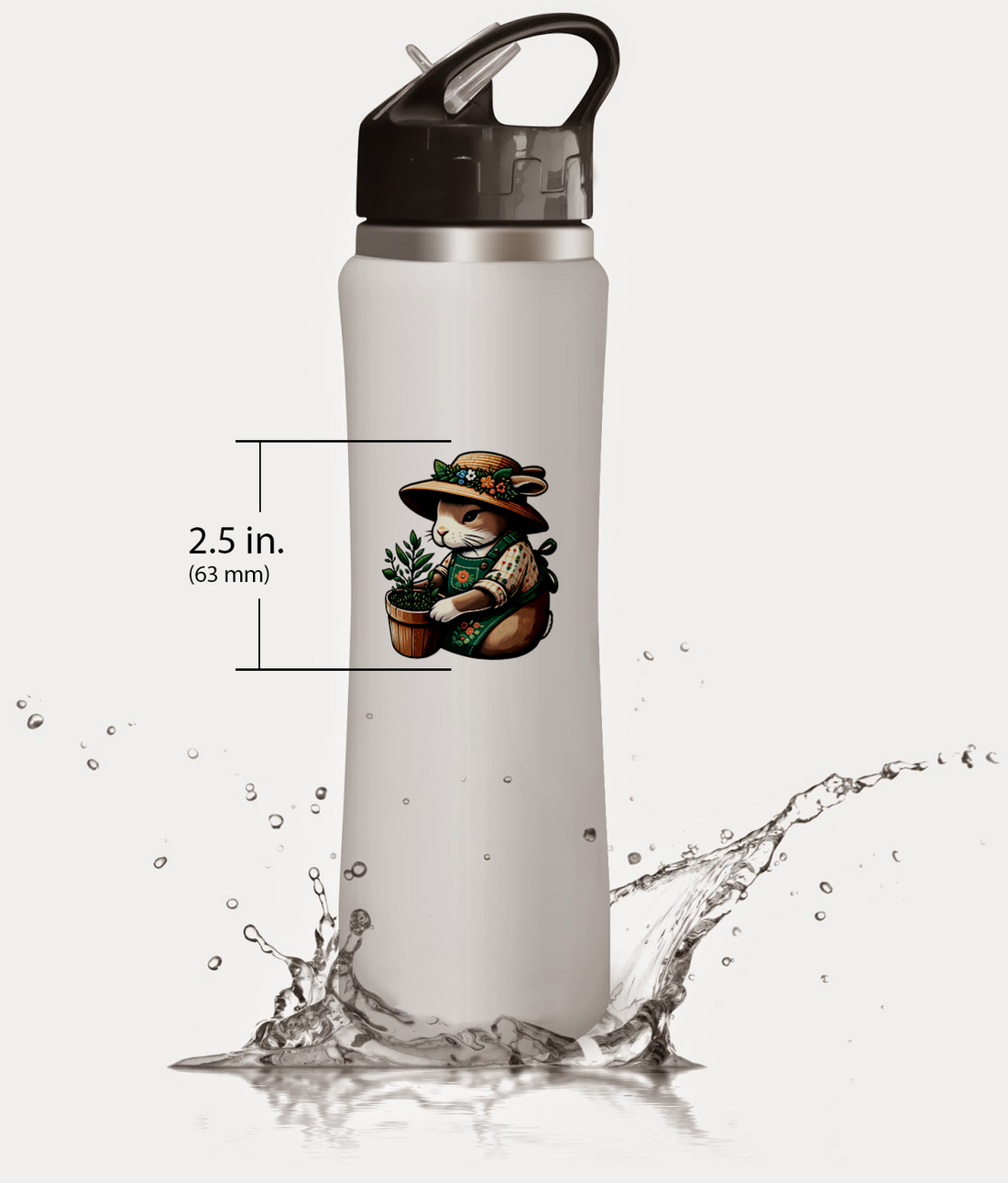

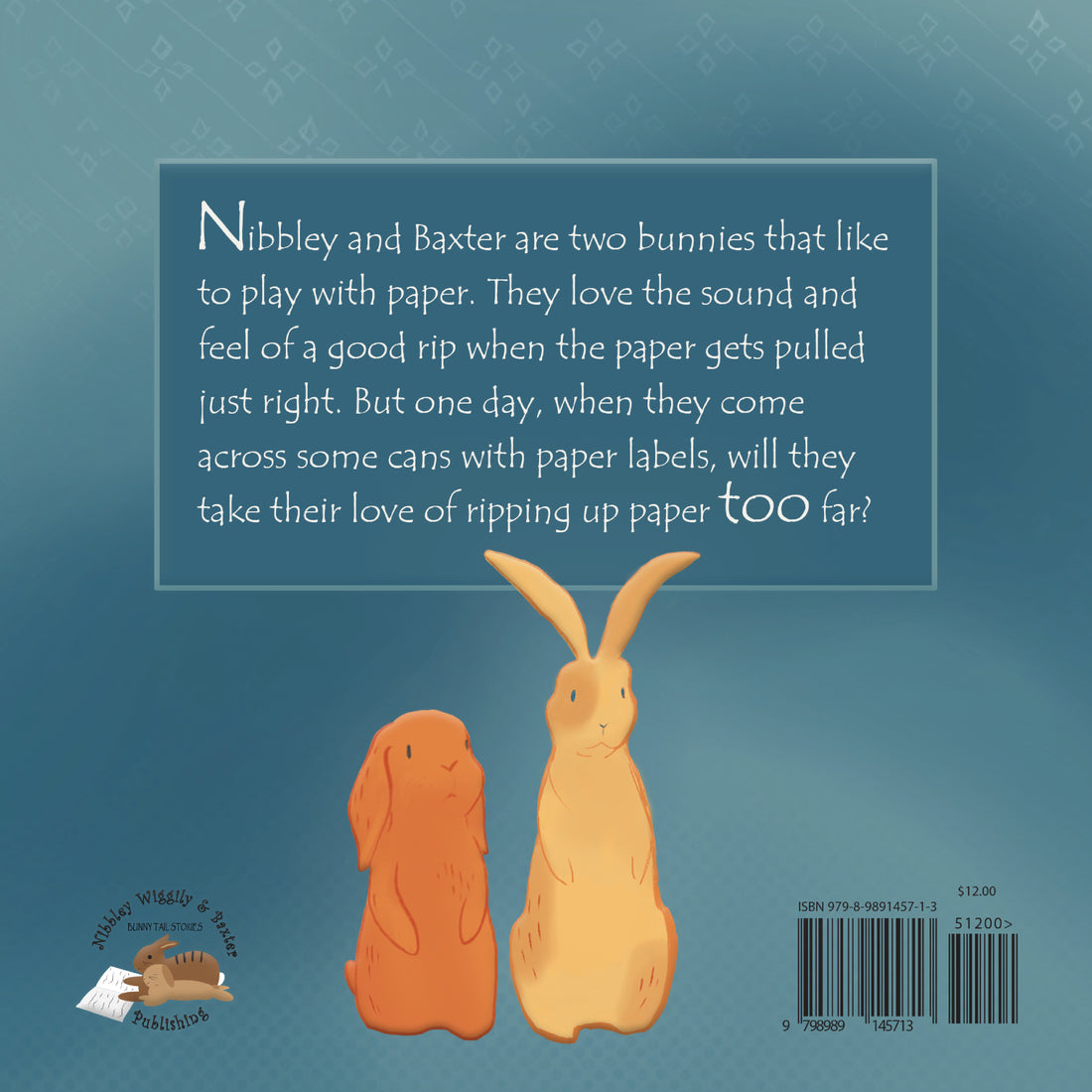






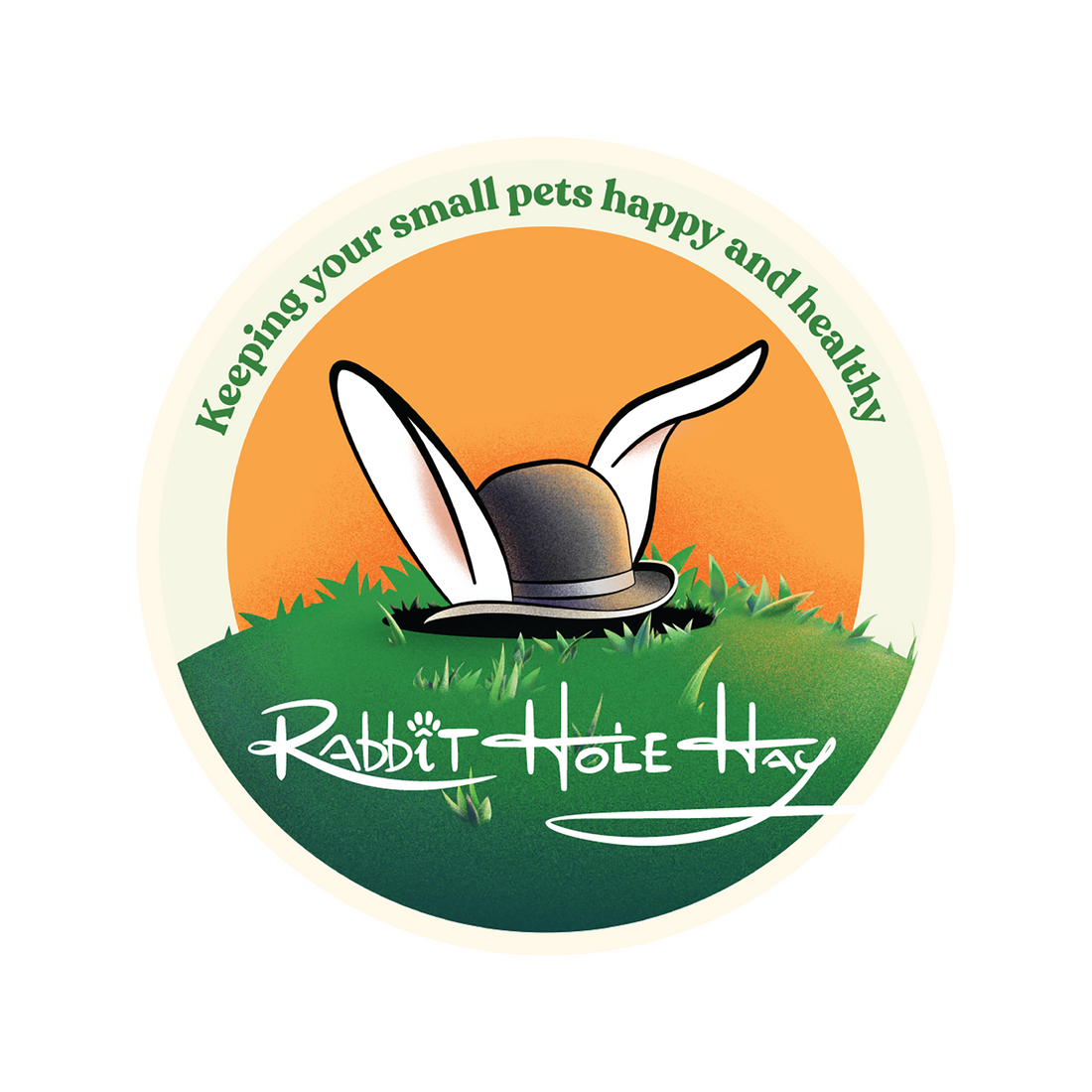
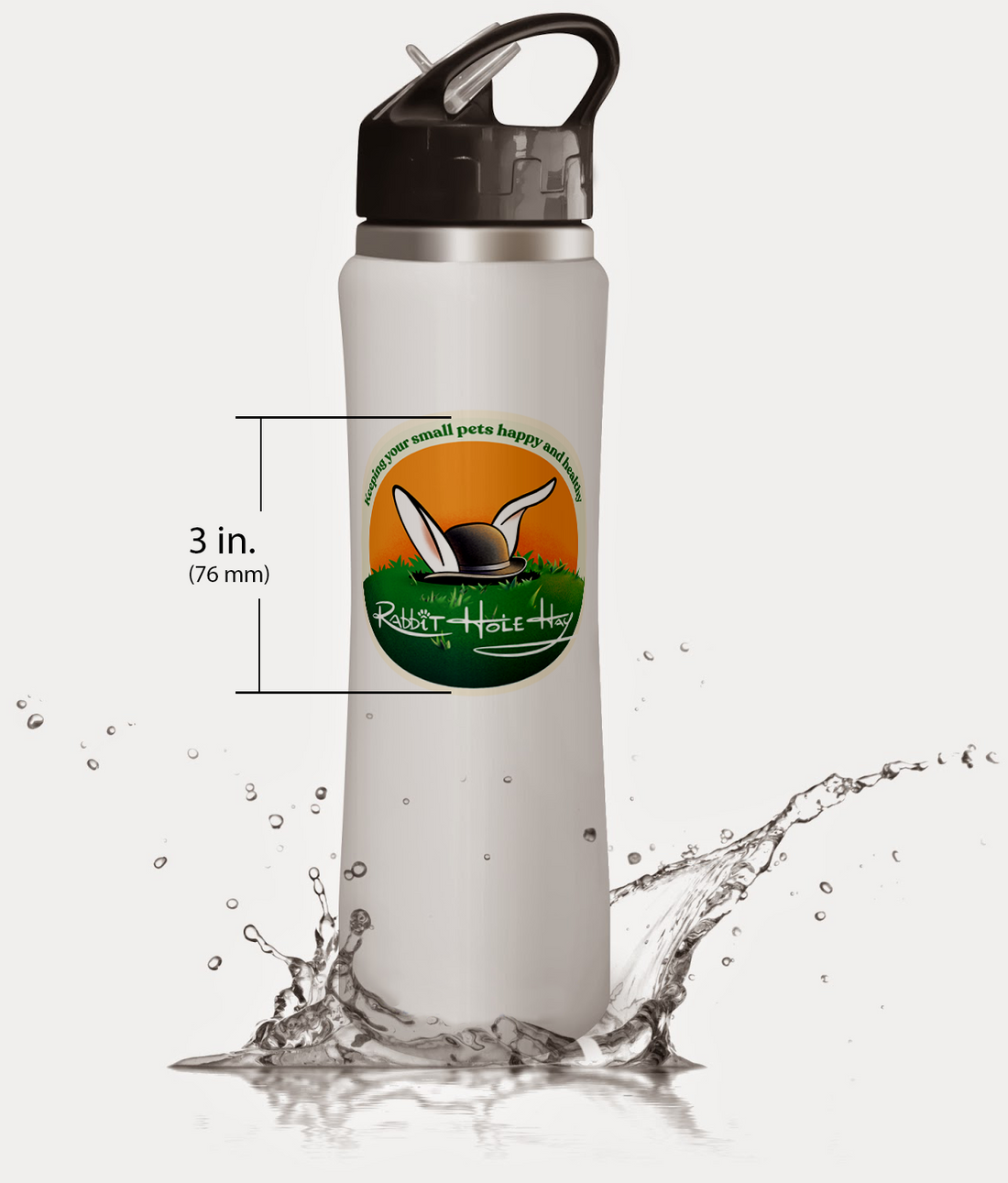


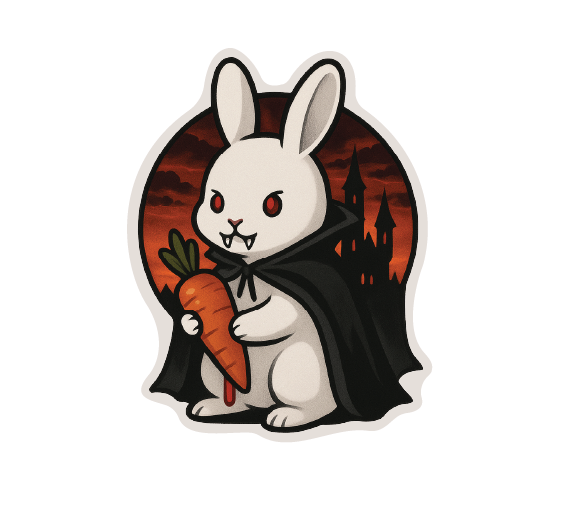





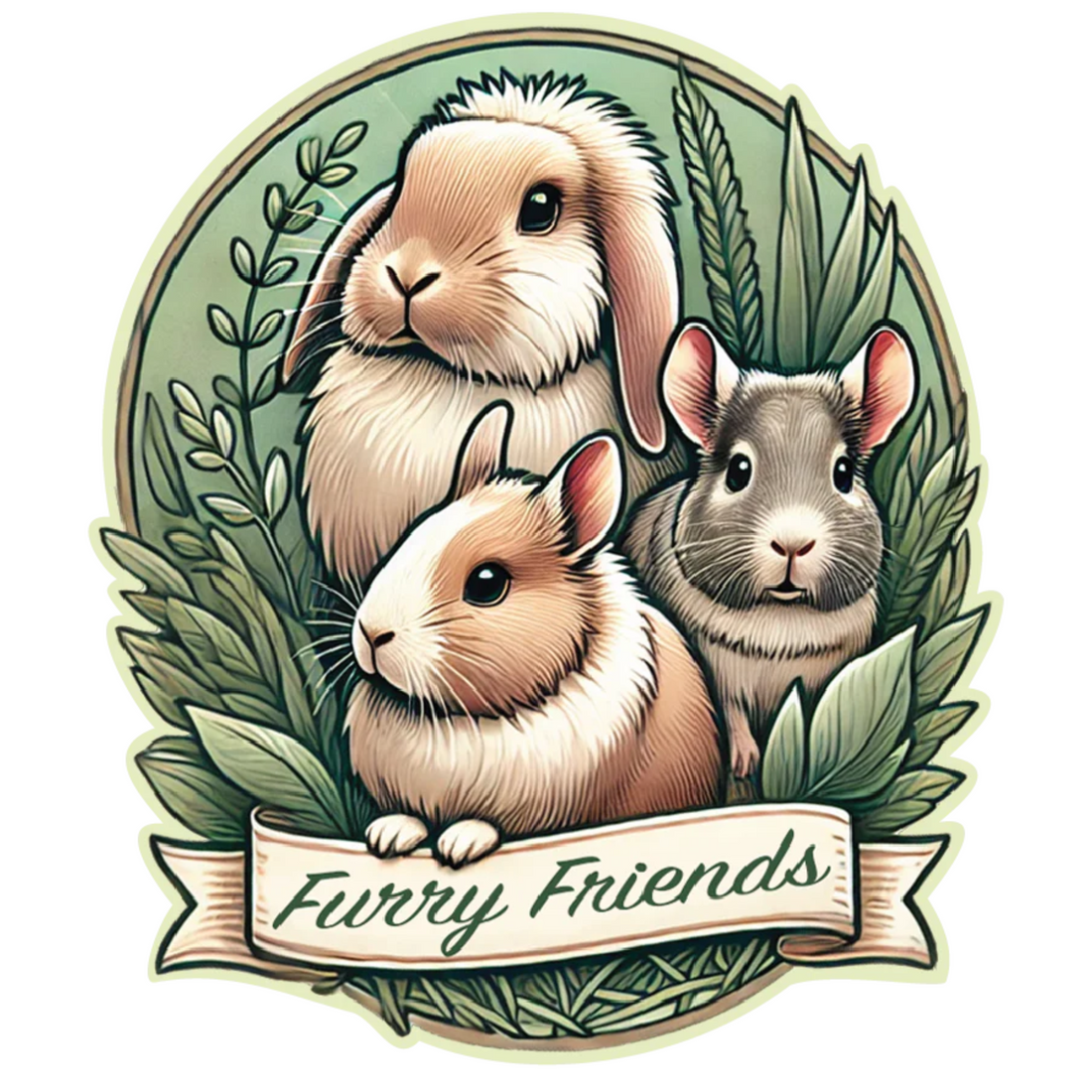
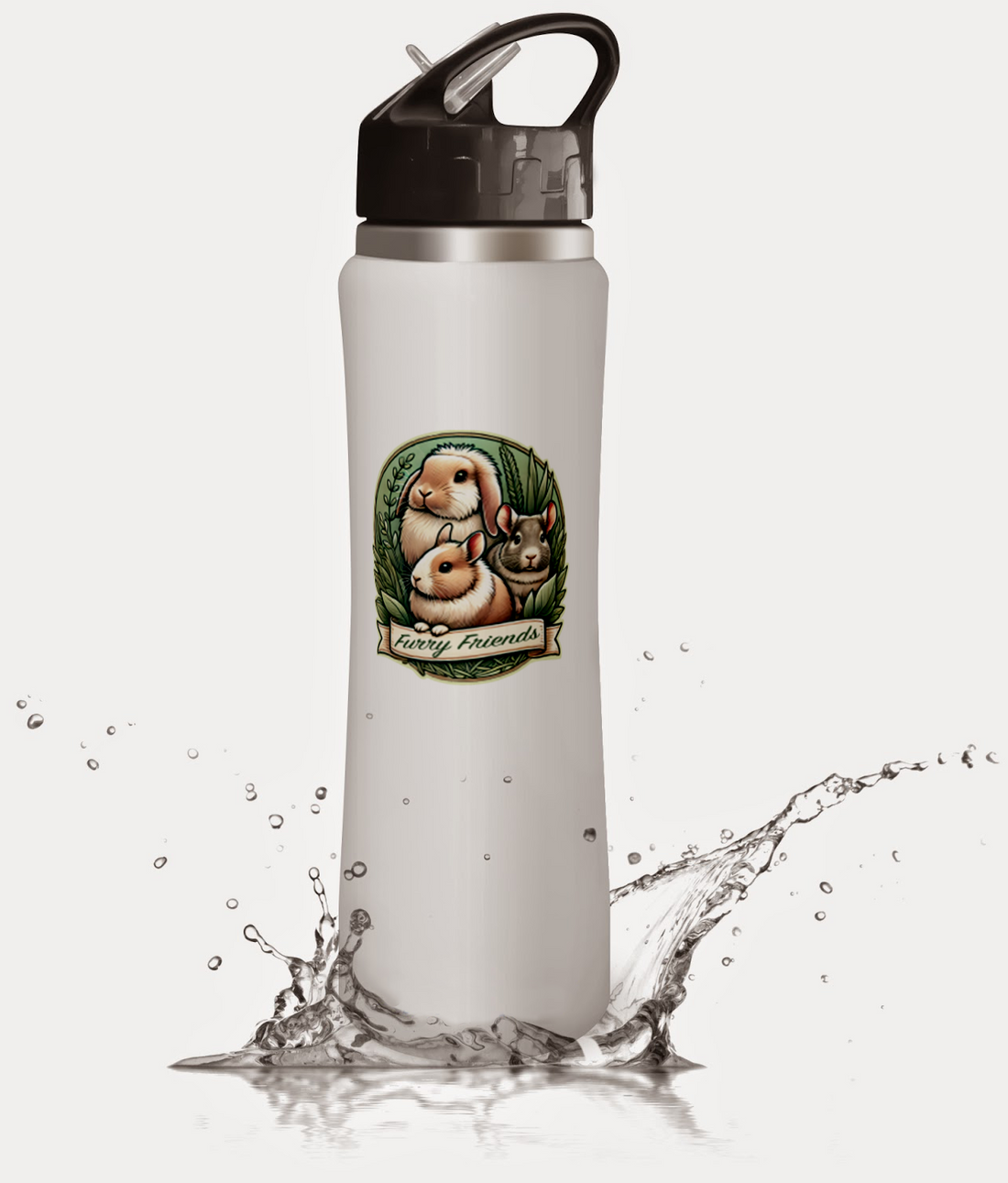
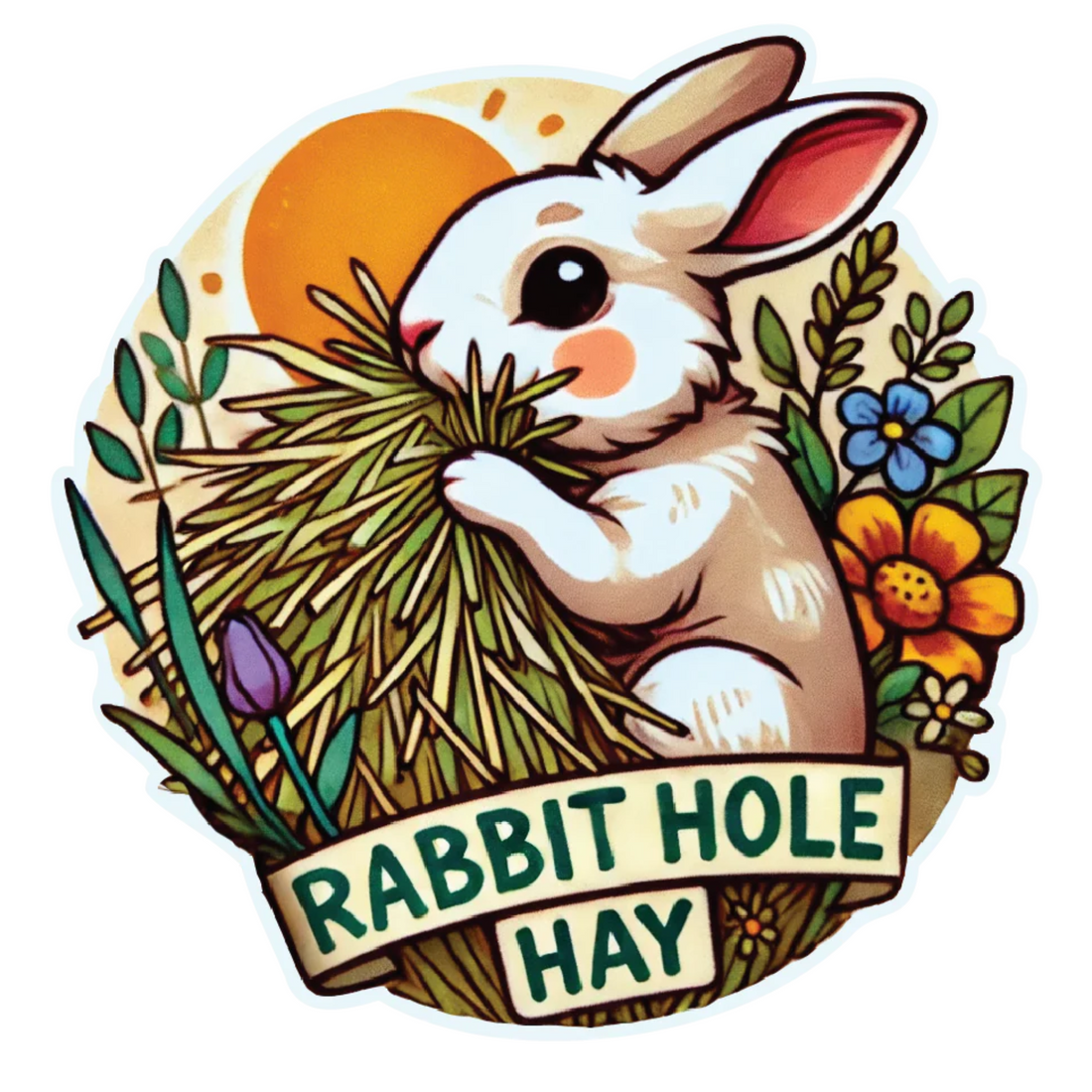
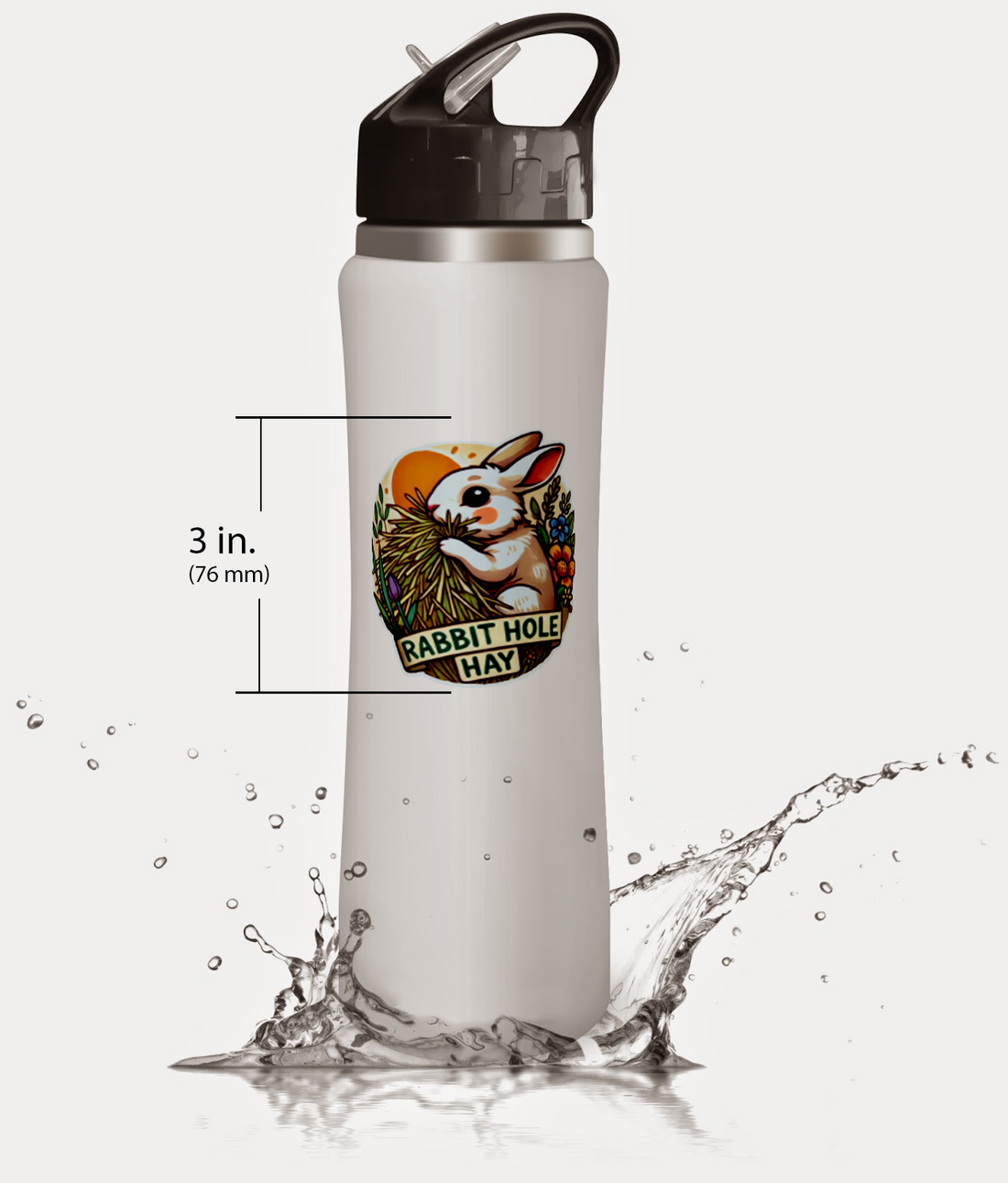


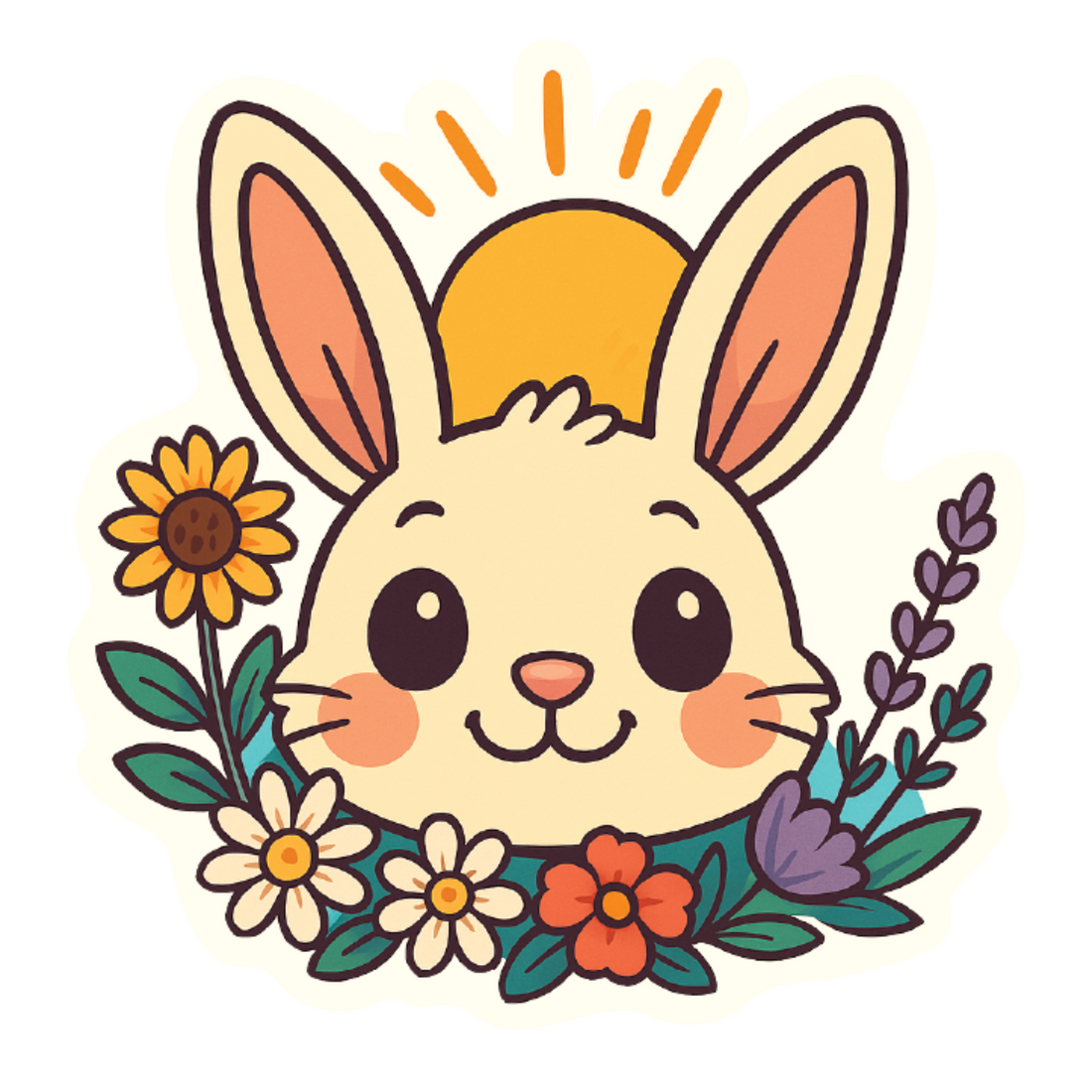
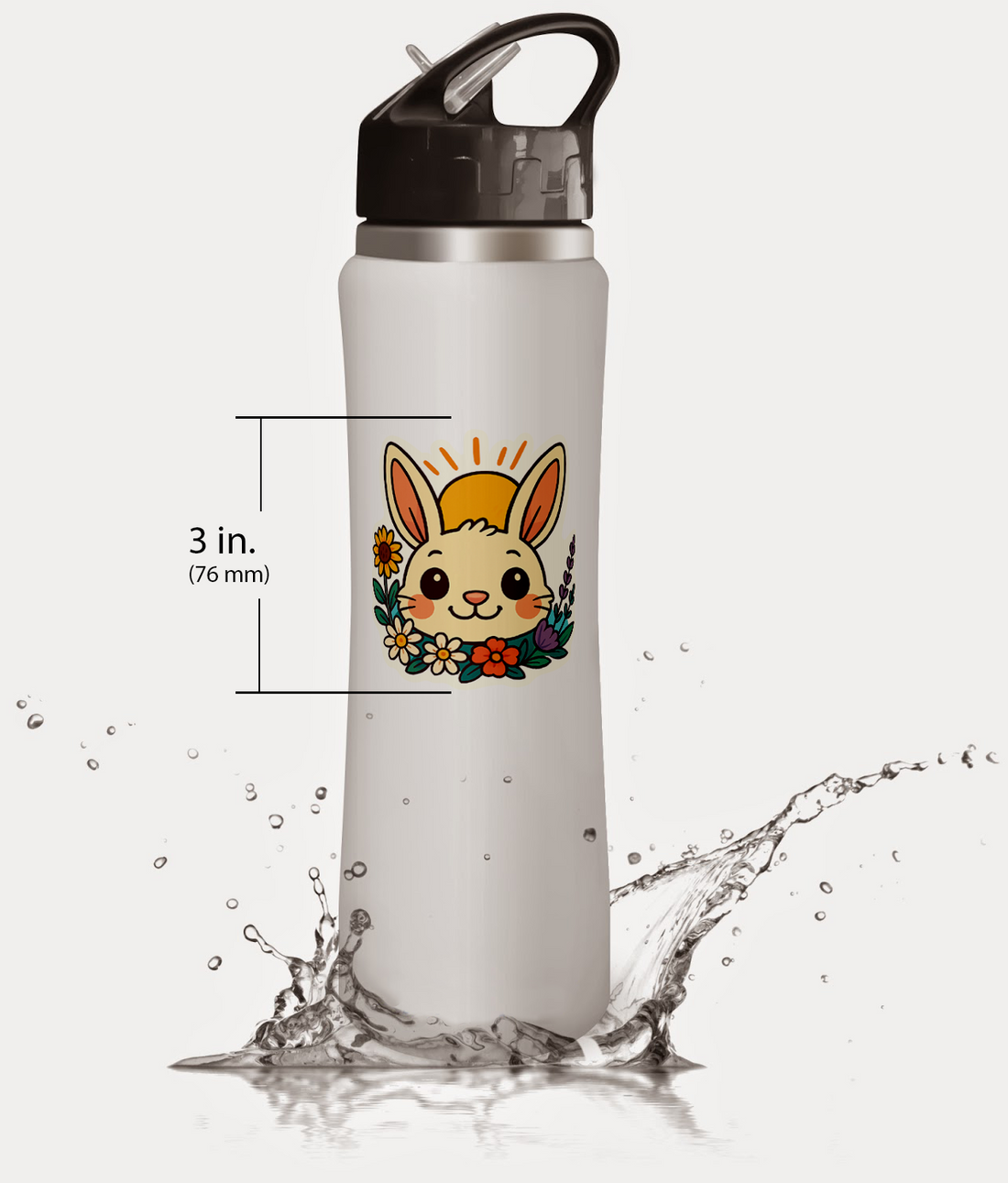
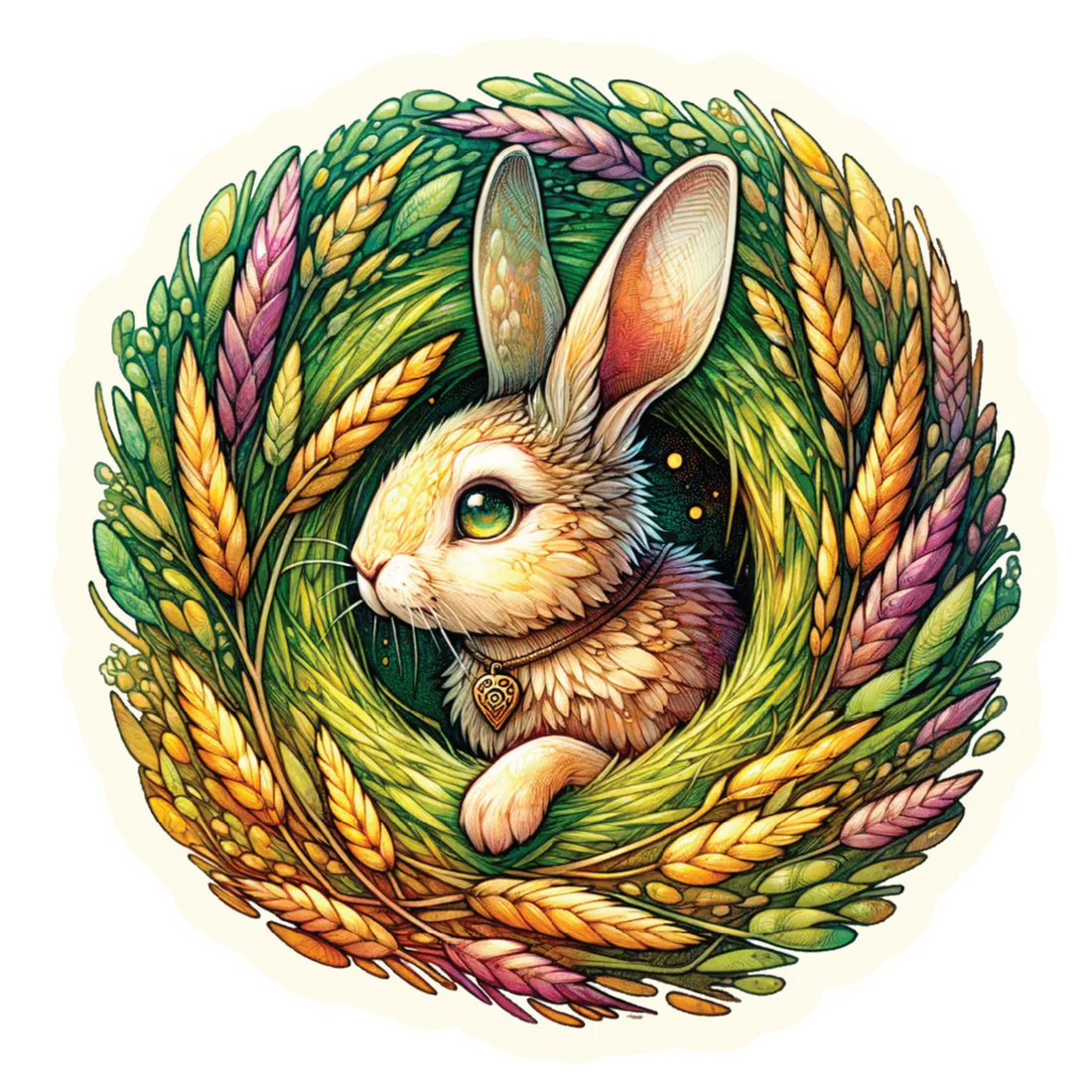


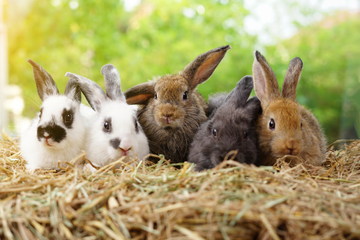

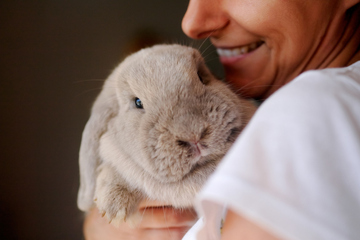



Comments